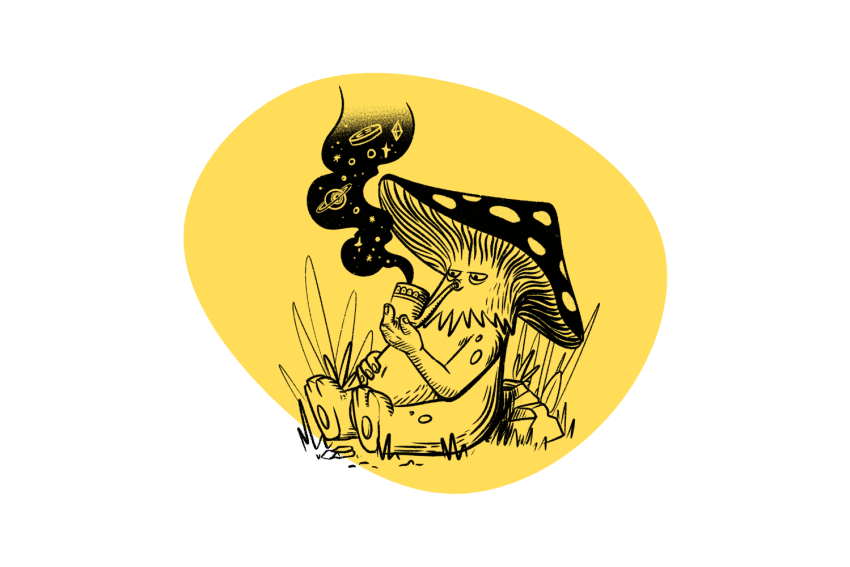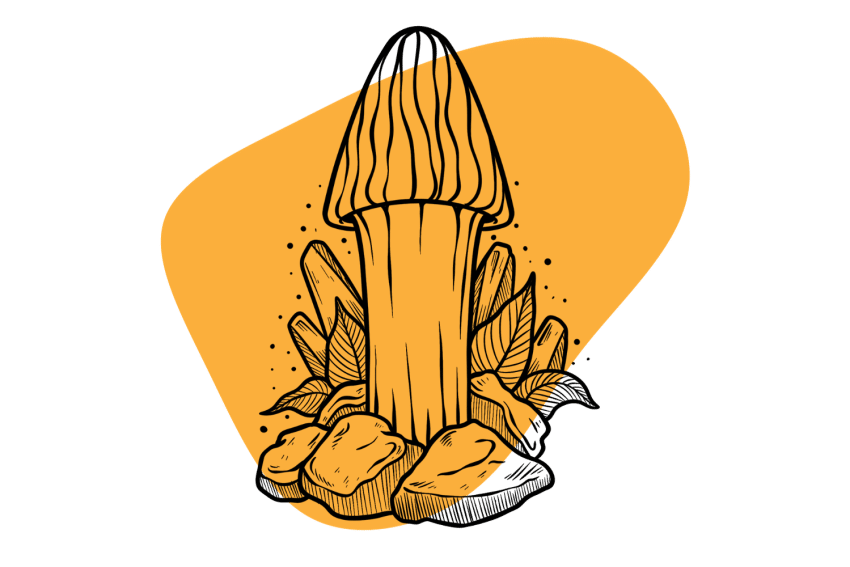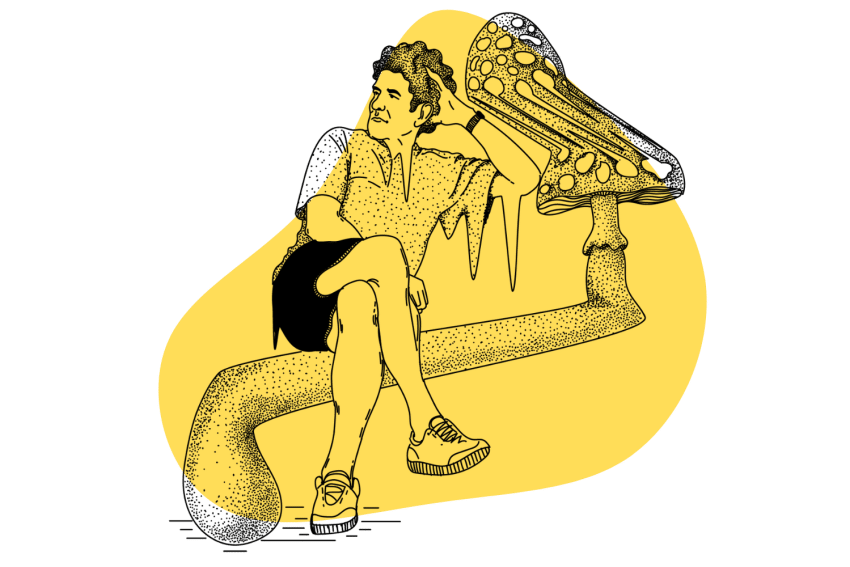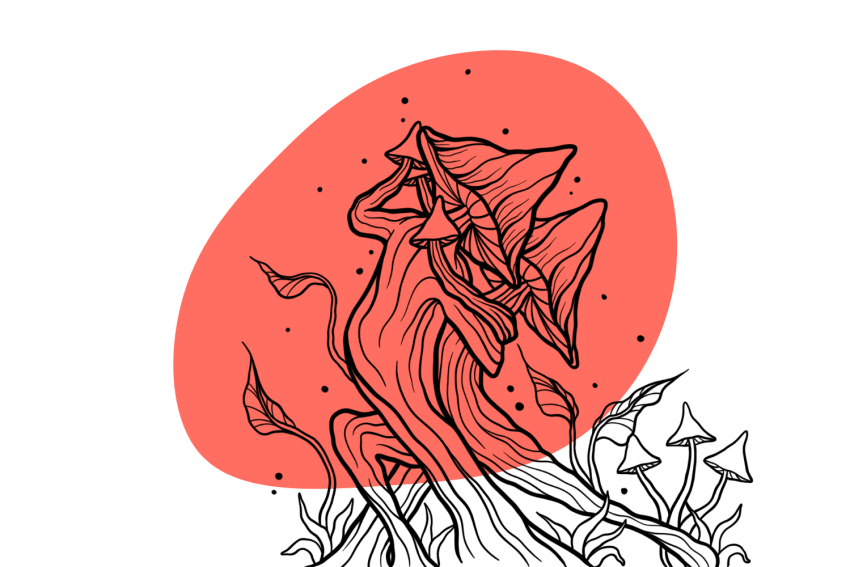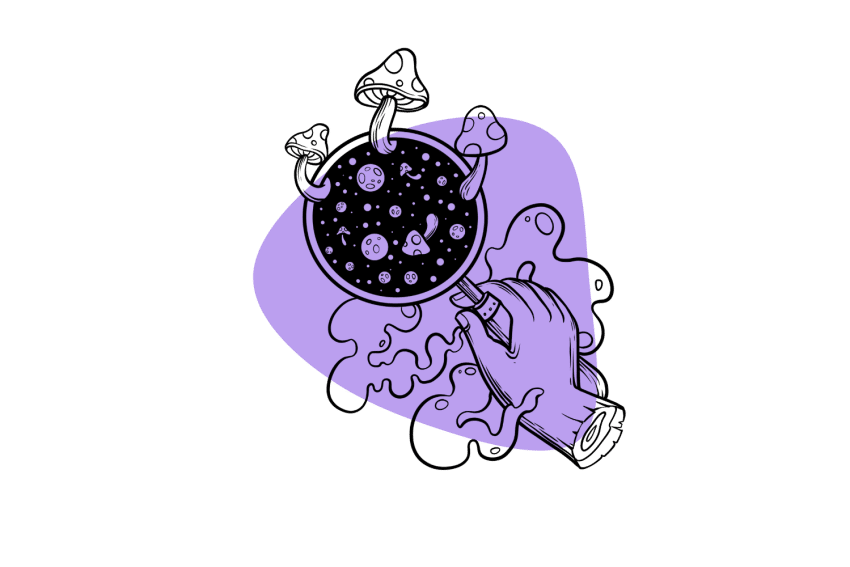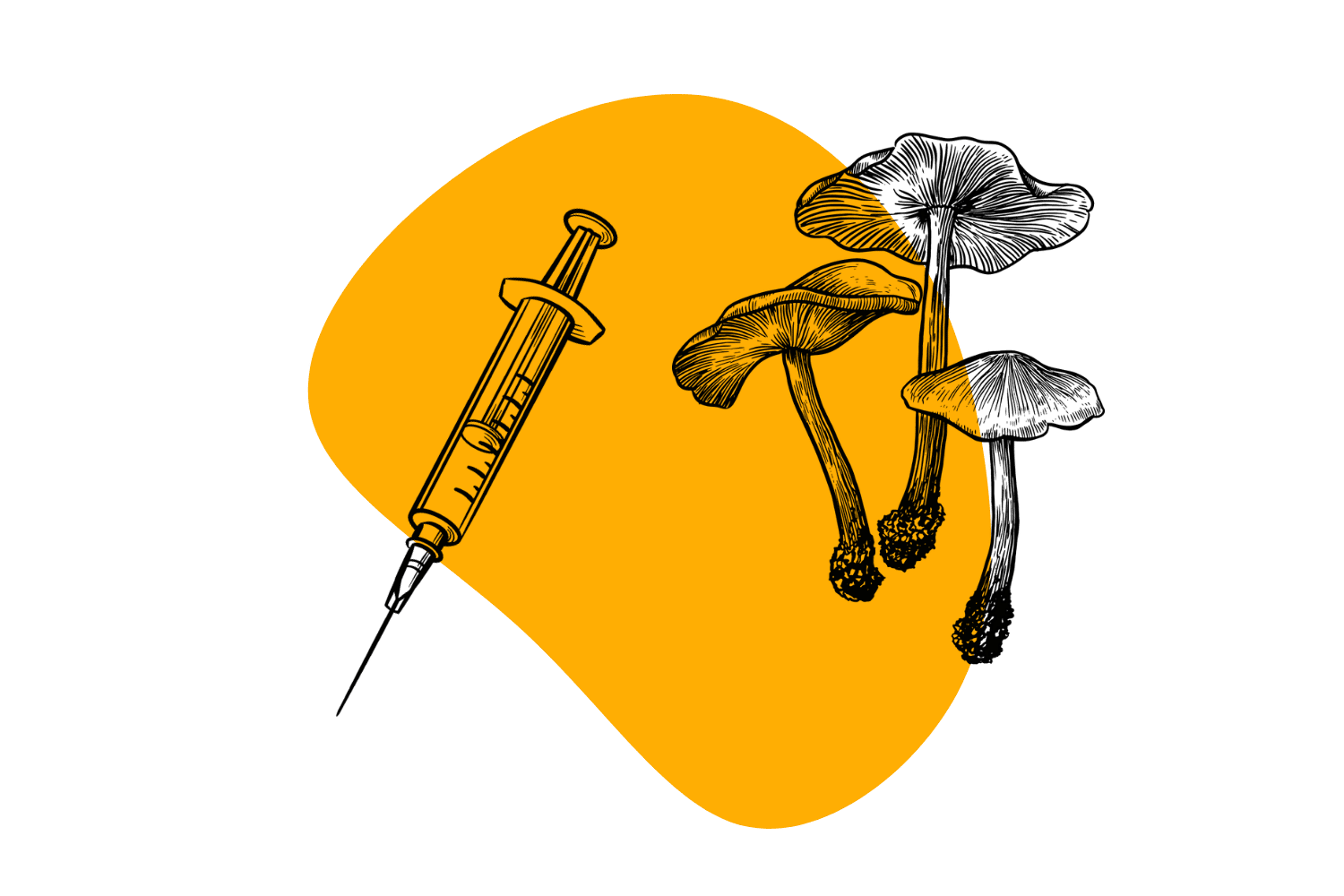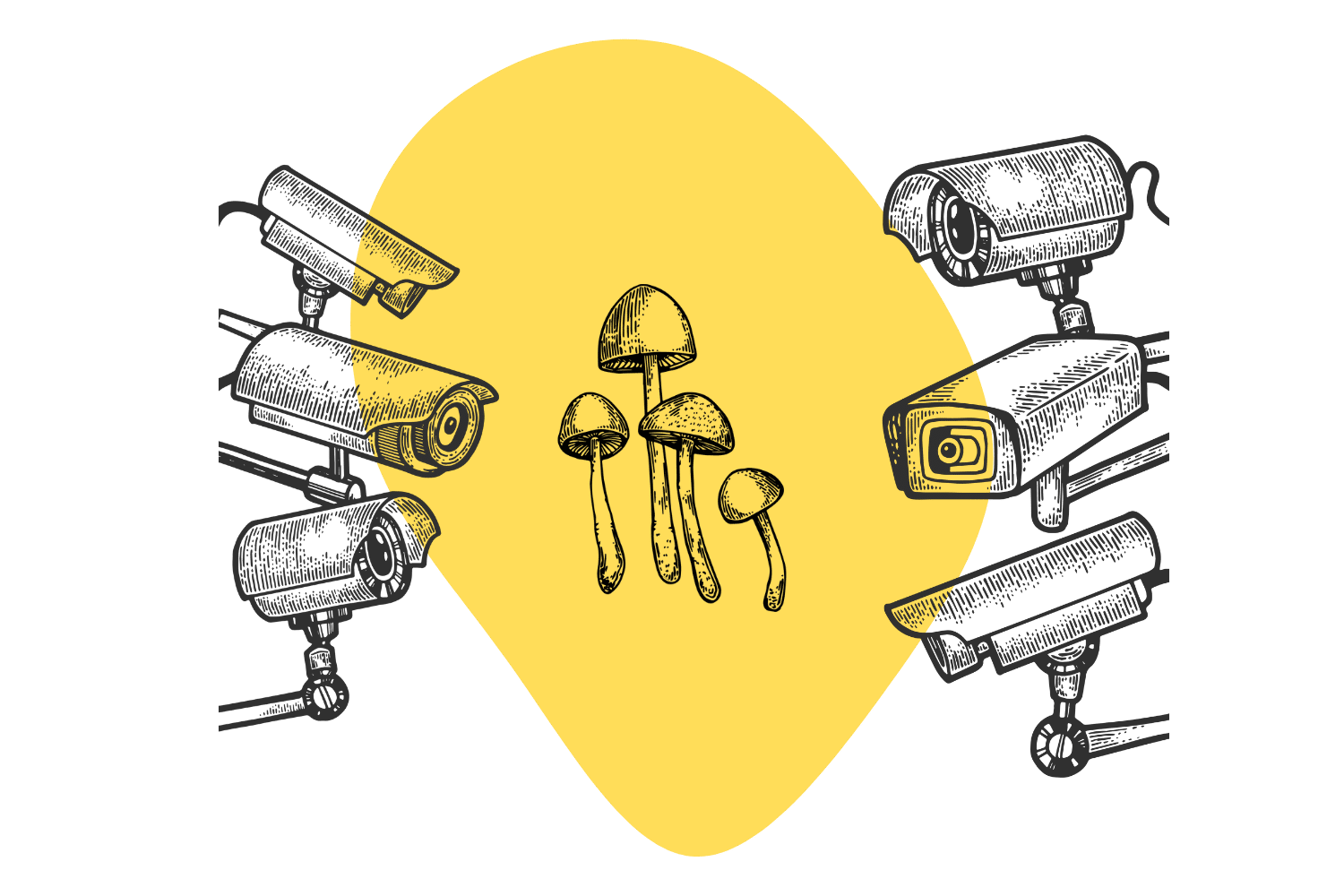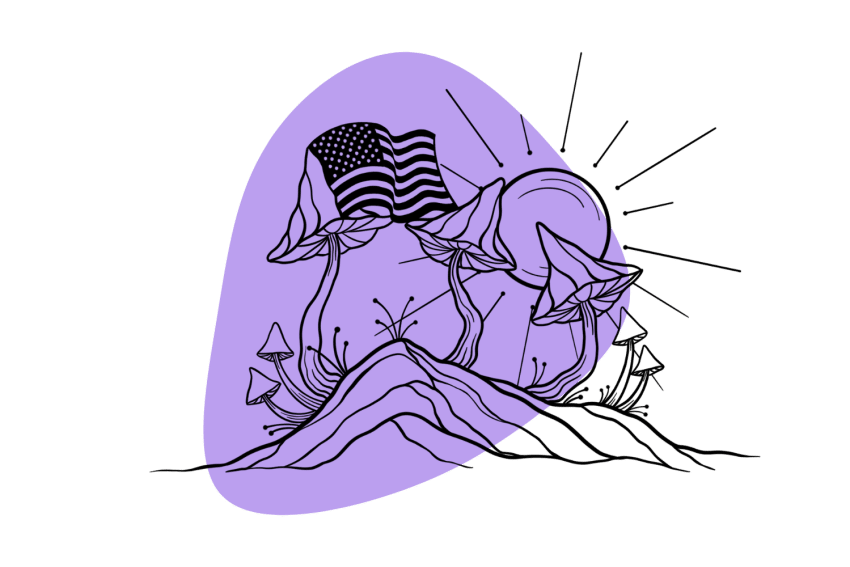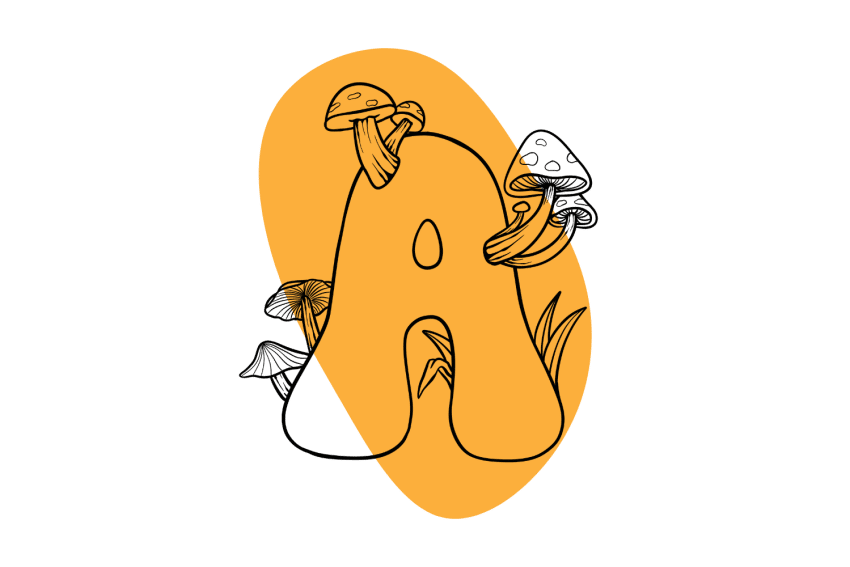Where Are Psychoactive Drugs Legal in the United States? Country-Wide Guide
The US is all about life, liberty, and the pursuit of happiness — as long as it doesn’t involve psychedelics 🗽
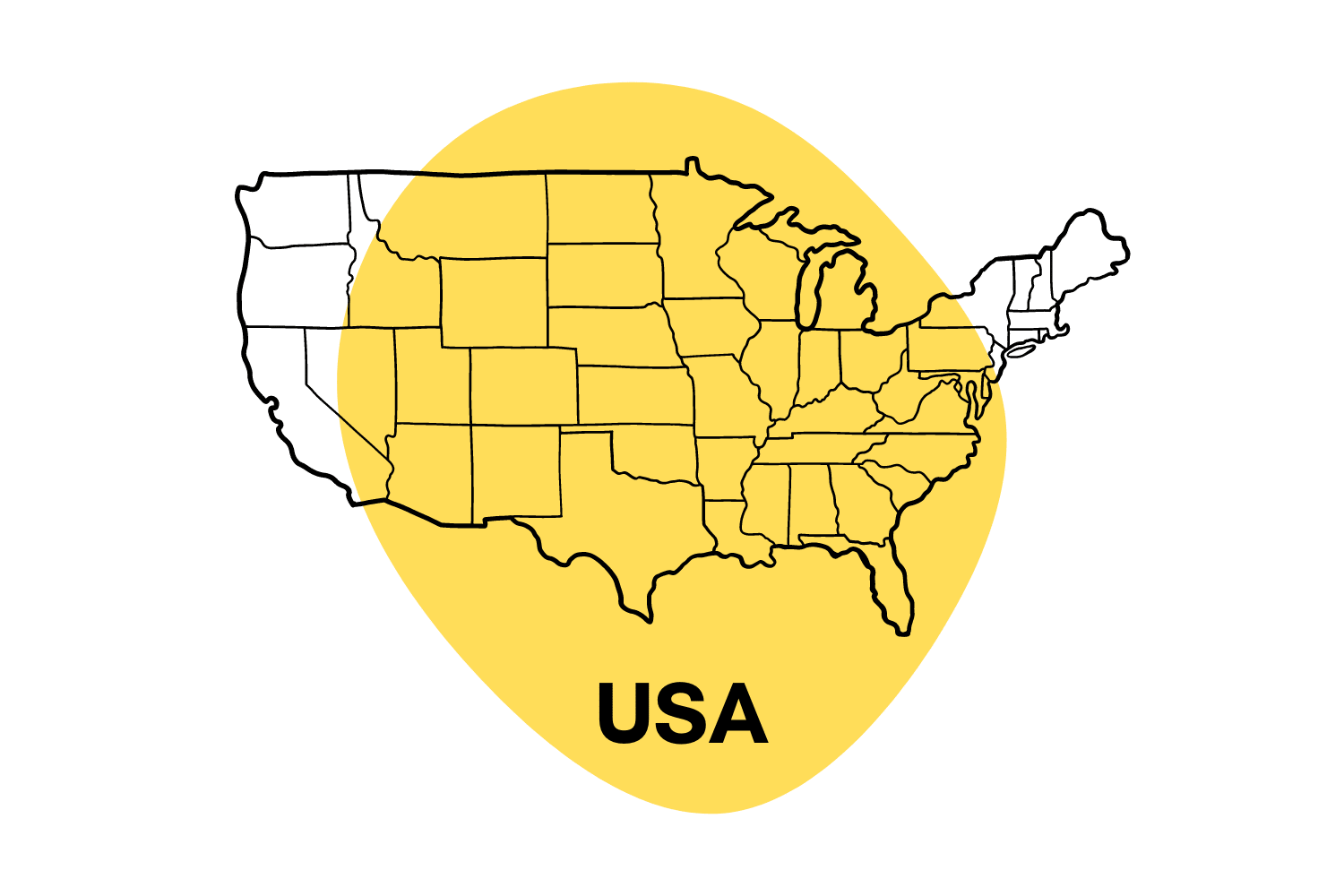
Psychoactive and psychedelic drugs include a wide range of substances, from caffeine and alcohol to LSD and magic mushrooms.
The history and current legality of these substances in the United States are complicated, leaving many people wondering which psychoactive substances are legal in their state or municipality.
This article will dive into current laws surrounding the possession, sale, and use of the most prominent psychoactive substances. We’ll also explain how psychoactive drugs are controlled in the US, including our predictions for how these laws are likely to change in the next few years.
Note: This article is intended for informational purposes only. We do not condone illegal or unsafe behavior.
United States Federal Drug Scheduling
| Schedule | Substance | Psychedelics |
| I No currently accepted medical use and a high potential for abuse | Heroin, marijuana, khat, GHB, THC, MPPP | LSD, peyote, MDMA, NBOMe, DMT, ibogaine, mescaline, psilocin, DOB, PCP and precursors |
| II High potential for abuse, with use, potentially leading to severe psychological or physical dependence | Cocaine, fentanyl, hydrocodone, morphine, opium, thebaine | — |
| III Moderate to low potential for physical and psychological dependence | Testosterone, anabolic steroids, barbituric acid derivative | Ketamine, lysergic acid |
| IV Low potential for abuse and low risk of dependence | Tramodol, valium, xanax, benzos, cathine, lefetamine | — |
Sources:
- Controlled Substances Act
- Drug Policy- DEA
- Drug Scheduling- DEA
- Alphabetical list of Controlled Substances
- Controlled Substances By Schedule
- Controlled Substance Laws by State
Recent Updates:
- AOC, Others Fail at Psychedelic & Marijuana Reform In NDAA
- Colorado Legalizes Psychedelics
- New York Considers Legalizing Psychedelics
How Are Psychoactive Substances Regulated in the United States?
All drugs are regulated by the Food and Drug Administration (FDA). These laws are then enforced by the Drug Enforcement Agency (DEA) and federal and state officers.
Drugs are categorized according to their medicinal value and potential for abuse. Each category carries different minimum and maximum penalties.
Schedule I
This is the highest tier, reserved for drugs with no accepted medical use and a high potential for abuse. All substances in this category are illegal on a federal level and are not available through prescription. Most psychedelics are listed in this category.
Examples include LSD, heroin, marijuana, MDMA, and peyote (mescaline).
Schedule II
This category contains compounds that have a high potential for abuse but clear medical value for certain applications. These substances are available via prescription only.
Examples of this Schedule include cocaine, methamphetamine, methadone, and various other opiate drugs.
Schedule III
Drugs with a moderate level of risk for abuse or physical harm and clear medical value are listed in this category. Users need a prescription to access these substances.
Examples of compounds in this category include ketamine, codeine, and anabolic steroids.
Schedule IV
This class is used for drugs with a low potential for abuse or causing physical harm. Users still need a prescription to access these medications or substances. There aren’t any psychedelics listed in this category.
Examples include Valium, Tramadol, and Xanax.
Schedule V
This classification is used for substances or preparations that have a low potential for abuse and addiction but contain liquid narcotics in one form or another.
Examples include antidiarrheal and antitussive medications.
Unscheduled
All other drugs or medications that aren’t classified above are considered unscheduled. This means they can be bought and sold without a prescription and are considered “legal” for all intents and purposes.
Many psychoactive herbs are listed in this category (such as kratom, salvia, and Kanna).
Learn more about How Drug Scheduling Works in the United States.
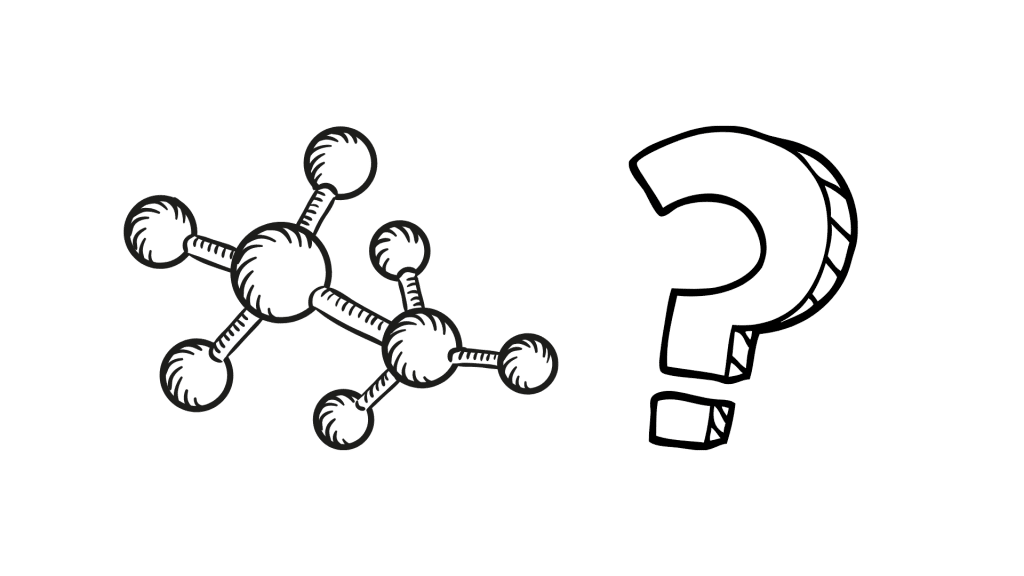
What is the Federal Analog Act?
The Federal Analog Act is a piece of legislation passed on the federal level that illegalizes chemical analogs of illicit drugs.
Chemical analogs are those that are structurally similar to controlled substances, which include the rapidly evolving group of “designer drugs.” These compounds are synthetic versions of illegal substances that, prior to the Federal Analog Act, were different enough from the illicit substances they mimicked to exist in a legal gray area.
The Analog Act gives law enforcement grounds to control all chemical analogs of illicit substances without having to pass specific legislation for each new interaction of the drug.
Some examples of compounds made illegal as per the Federal Analog Act include:
- 2C-X compounds such as 2C-B-FLY
- Lysergamides such as AL-LAD, PRO-LAD, ETH-LAD, LSZ, & ALD-52
- DOX compounds
- DMT analogs such as 4-AcO-DMT & 5-Bromo-DMT
- Synthetic cannabinoids
- Synthetic cathinones
Differences Between State vs. Federal Laws
The United States has laws and regulations that exist on two levels: federal and state. In many cases, the state laws directly contradict federal laws — as is the case with marijuana, psilocybin mushrooms, and many other psychoactive substances.
This legal model is confusing, so a brief example should help you understand how federally illegal drugs are regulated.
While federal law prohibits the sale and use of marijuana, California, for example, has made weed legal on a state level. As such, residents can safely and legally purchase and consume marijuana within state lines, as the local law enforcement will not pursue or prosecute anyone doing so.
Should those California residents cross state lines into a state with laws that align with federal policies, they could be subject to arrest, fines, and even jail time, depending on the local laws.
Additionally, the border remains federally regulated. So even when crossing a border from Canada to Washington (two places where weed is perfectly legal), you can be fined and charged for the possession of marijuana.
What’s the Difference Between Legalization & Decriminalization?
When it comes to the United States’ policies on illegal drugs, it’s helpful to understand the differences between legalization and decriminalization, two terms that often add further confusion for residents.
When a drug is legalized, it means the actual laws have changed to allow for the consumption of a previously illegal substance. Legalization can occur on a federal or state level, with an example being California fully legalizing marijuana. The laws in California state that marijuana is legal to sell possess, and consume, although some restrictions and regulations apply.
On the other hand, decriminalization either refers to a choice made not to enforce laws that state that substances are illegal or the act of lessening the punishment for possessing or using illegal substances. An example of decriminalization is recreational marijuana in New York. As it moves toward full legality, the state has decided to decriminalize possession and use; sale is still illegal, but residents can legally use recreational marijuana.
Where Are Magic Mushrooms Legal in the US?
Magic mushrooms are one of the most popular and widely-used psychedelic substances in the world, following closely behind LSD (acid).
Psilocybin is still listed as a Schedule I drug according to the federal government.
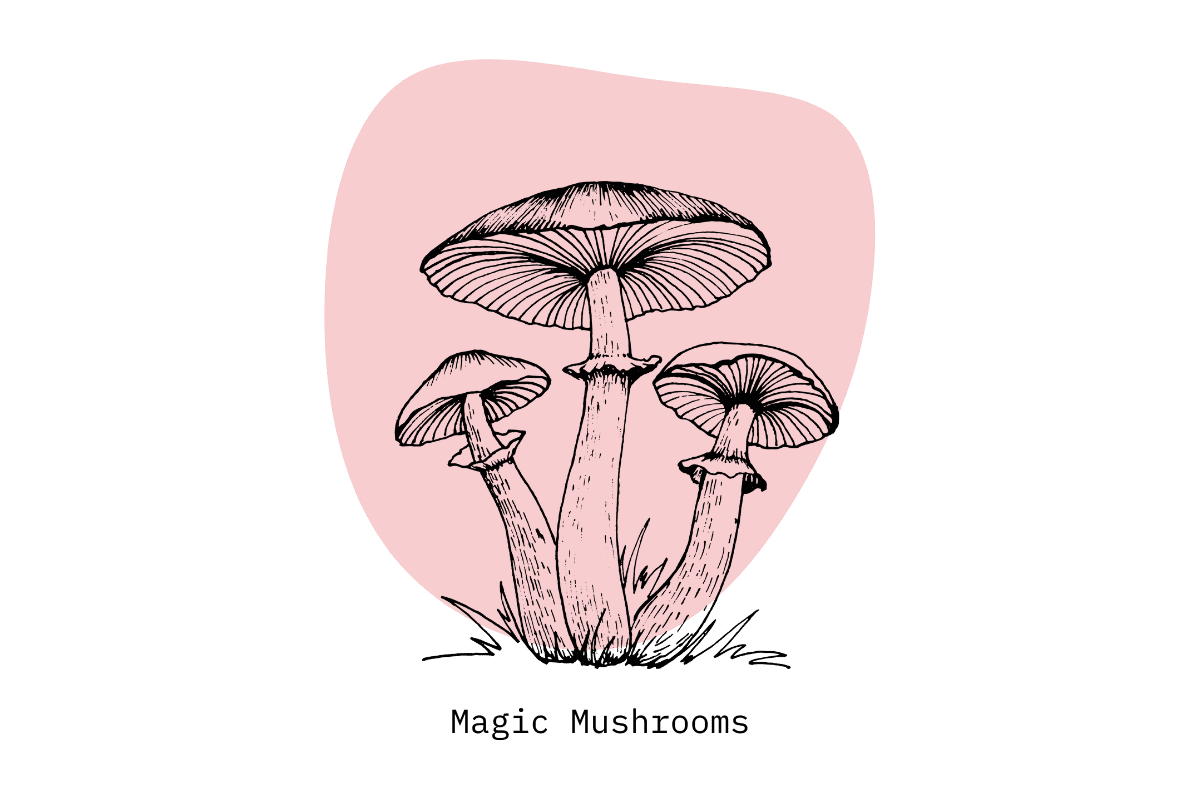
However, in recent history, the potential for shrooms as a medicine and for therapy has gained the attention of lawmakers, leading to some interesting state-level changes to the legal status of psilocybin.
Currently, magic mushrooms are fully illegal in all states EXCEPT the following:
- California
- Colorado
- Oregon
- Massachusetts
- Michigan
- Washington
- Washington, DC.
Shrooms have been decriminalized in certain municipalities in California, Colorado, Massachusetts, Michigan, and Washington. They’ve been decriminalized statewide in Oregon as well as Washington, DC.
Map of Magic Mushroom Decriminalization Status: USA
Where Are DMT and Ayahuasca Legal in the US?
Dimethyltryptamine (DMT) is a Schedule I drug in America, meaning it is federally illegal to sell, possess, and consume.
Ayahuasca, a preparation of two or more Amazonian plants that contain high concentrations of bioactive DMT, is also illegal on a federal level in the US — with two exceptions. Two religious groups, Santo Daime and Uniao do Vegetal, have been granted access to ayahuasca for religious purposes in the United States according to the Religious Freedom Restoration Act (1993).
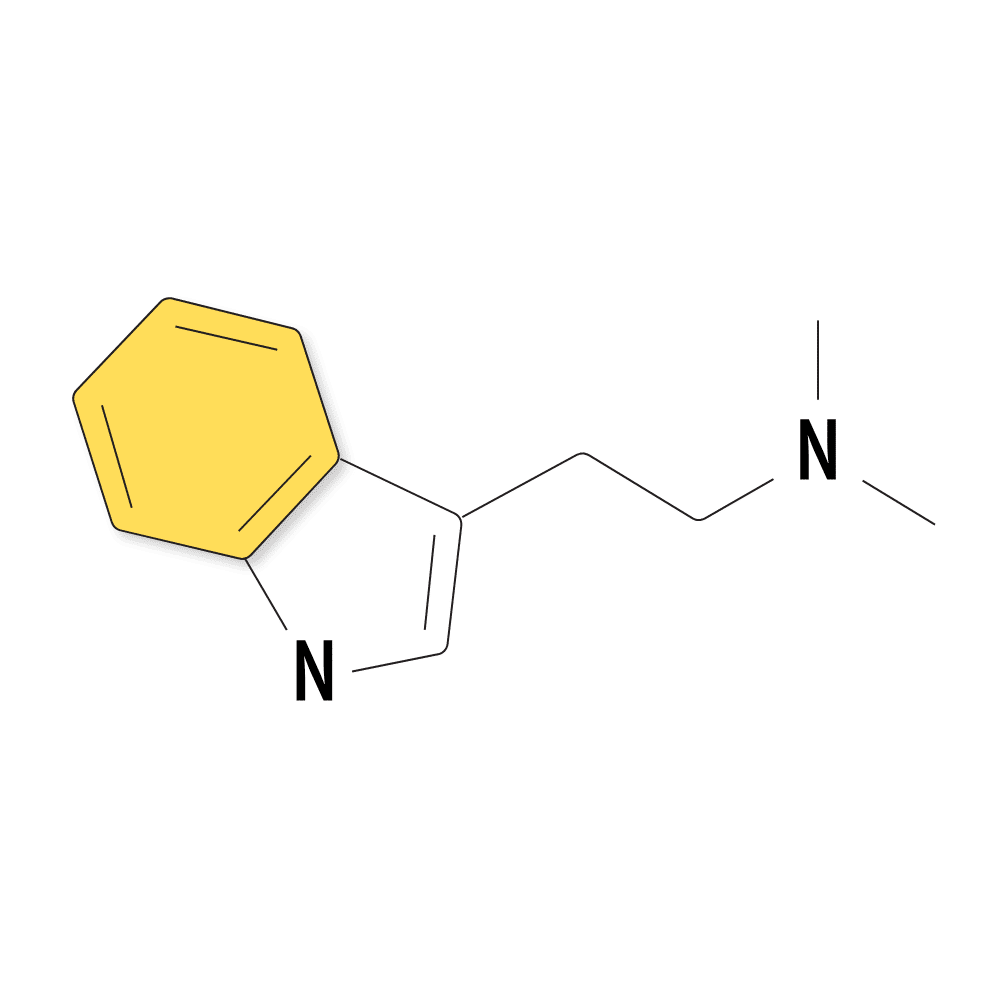
This legislation maintains that religious freedom and expression must be protected, and the use of ayahuasca was awarded a form of religious expression in federal cases for both groups.
Oregon has decriminalized all drugs, including DMT and other powerful hallucinogens. Oregon residents can still be fined for possession of DMT or ayahuasca for non-religious purposes, but arrests and jail time are no longer used as a form of punishment.
Vermont, California, and Maine are all moving to decriminalize DMT, and Missouri is working on decriminalizing the drug so that it can be used for medicinal purposes.
Where Are San Pedro & Peyote Legal in the US?
San Pedro and peyote both contain the active ingredient mescaline. Both species of cacti are illegal federally in the United States. However, mescaline has been decriminalized in several areas throughout the country.
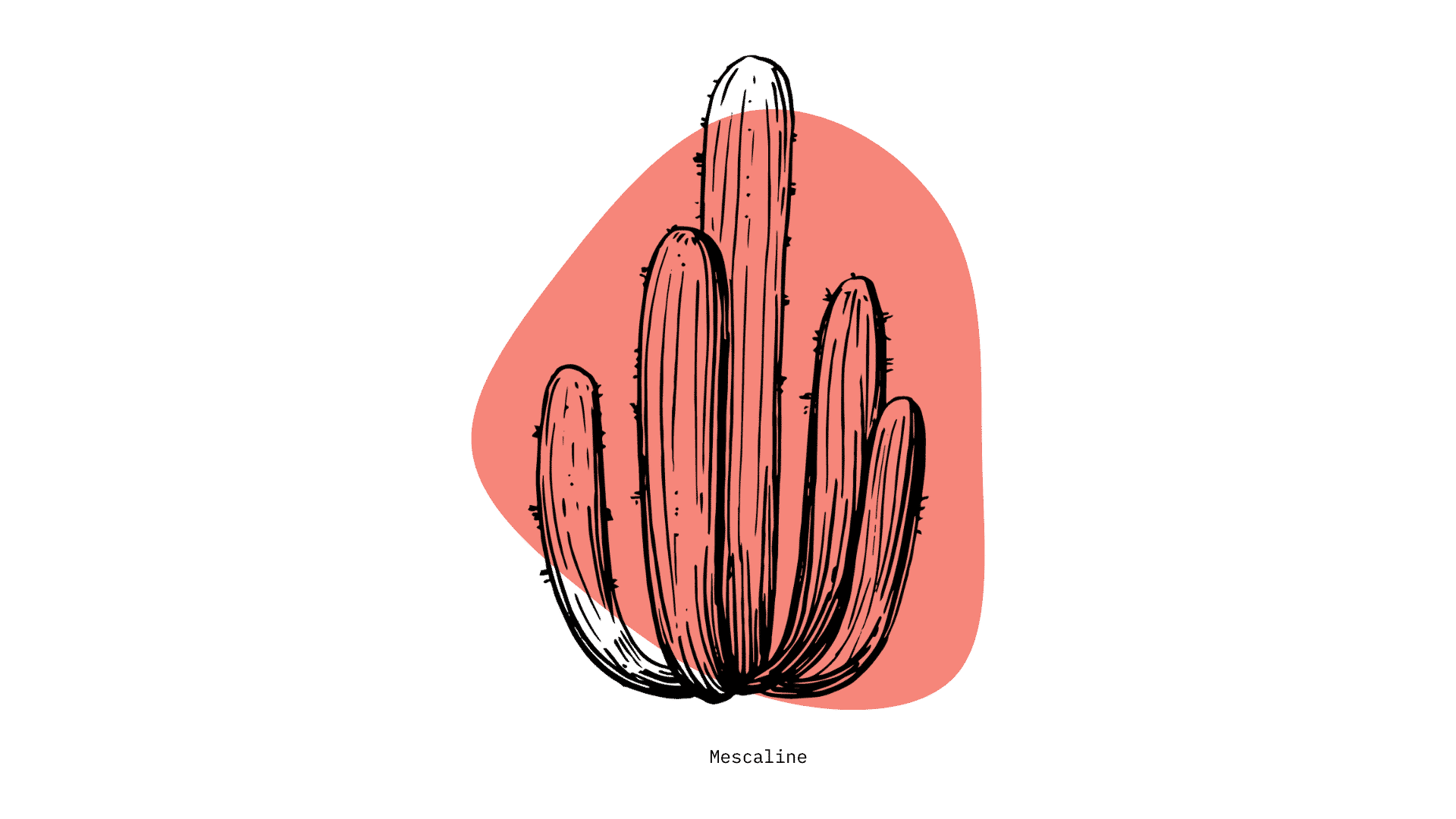
Most notably, Oregon has decriminalized mescaline, and those possessing the substance will generally just be met with a fine. Other states moving to decriminalize mescaline and other psychoactive substances include California, Maine, Missouri, Vermont, and Washington State.
Where Is Marijuana & Hemp Legal in the US?
Hemp recently became federally legal in the United States after the Farm Bill of 2018 was passed. The bill states that hemp plants — defined as cannabis plants containing less than 0.3% delta 9 THC — are legal and allowed to be sold, purchased, possessed, and consumed throughout the country.
Furthermore, hemp production is heavily unregulated throughout the country, although Nebraska growers and handlers must have a specific license to produce and sell hemp.
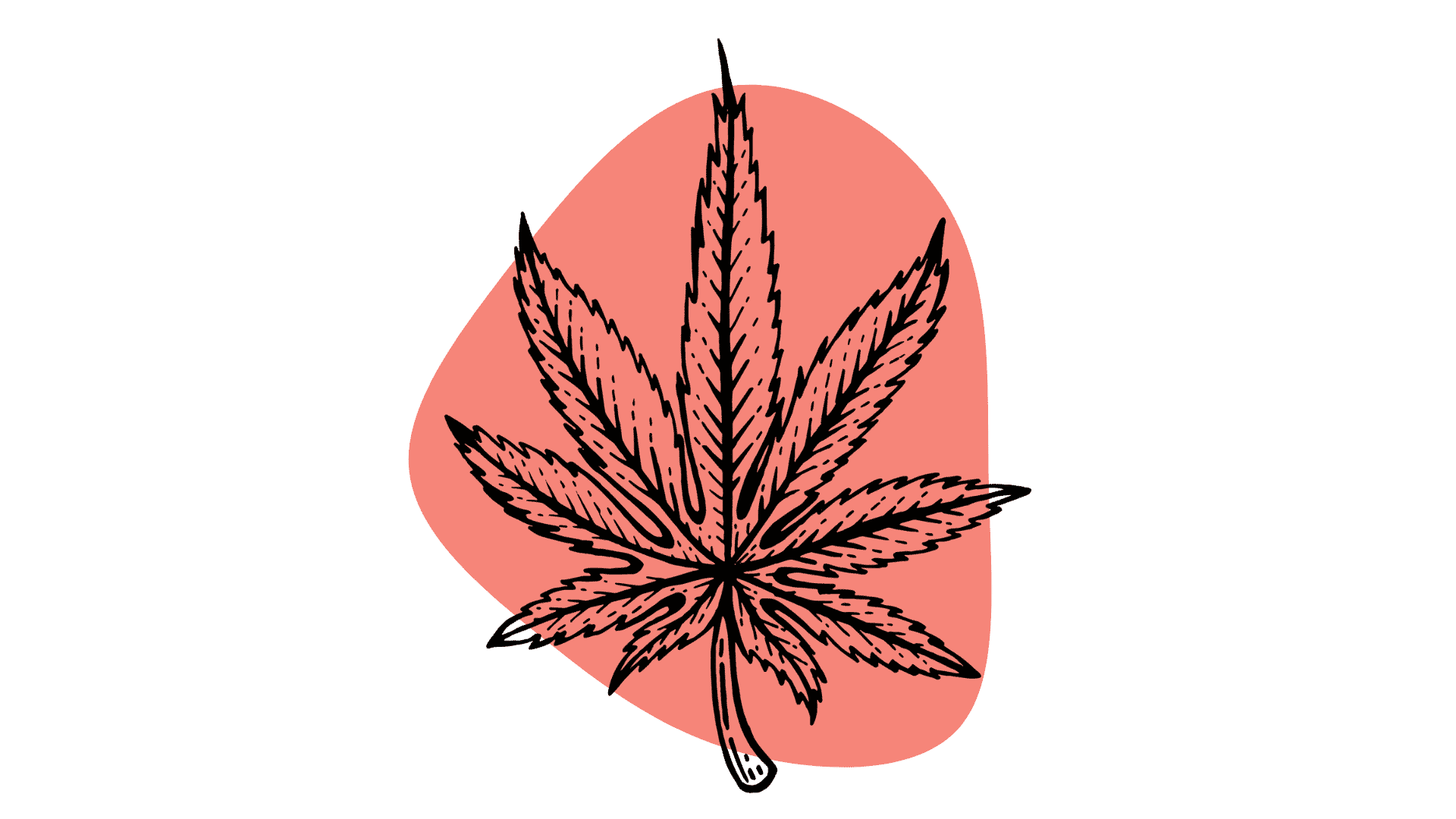
Marijuana — now legally defined as cannabis plants containing 0.3% delta 9 THC or more — is still listed as a Schedule I drug and is illegal on a federal level. However, marijuana is one of the most widely legalized and decriminalized substances in the country.
| Marijuana remains FULLY ILLEGAL in the following states: | Marijuana is legal for MEDICAL USE ONLY in the following states: | Marijuana is legal for RECREATIONAL and MEDICAL use in the following states: |
| Idaho Indiana Kansas Kentucky Nebraska North Carolina South Carolina Tennessee Wisconsin Wyoming | Alabama Arkansas Delaware Florida Georgia Hawaii Iowa Louisiana Maryland Minnesota Mississippi Missouri New Hampshire New Mexico North Dakota Ohio Oklahoma Pennsylvania Puerto Rico Rhode Island Texas Utah Virgin Islands Virginia West Virginia | Alaska Arizona California Connecticut Colorado Guam Illinois Maine Massachusetts Michigan Montana Nevada New Jersey New York Oregon South Dakota Vermont Washington Washington, DC. |
Where Is Delta 8 THC Legal in the US?
Delta 8 THC is an analog of delta 9 THC. It’s another phytocannabinoid, meaning it’s naturally occurring in hemp and marijuana, but it appears in far smaller quantities than delta 9 THC.
Delta 8 THC existed for some time in a legal gray area because it was derived from CBD (cannabidiol) extracted from federally legal hemp.
Now, laws are in effect in most states to regulate delta 8 THC, although US territories like Guam and the Virgin Islands are still unclear in terms of legality.
| Delta 8 THC is currently LEGAL in the following states: | Delta 8 THC is currently ILLEGAL in the following states: |
| Alabama California Connecticut (with restrictions) Florida Georgia Indiana Kansas Maine Minnesota Missouri Nebraska New Hampshire New Jersey New Mexico Ohio Oklahoma Pennsylvania Puerto Rico South Carolina South Dakota Tennessee Texas Virginia Washington, DC. West Virginia Wisconsin Wyoming | Alaska Arizona Arkansas Colorado Delaware Hawaii Idaho Illinois Iowa Kentucky Louisiana Maryland Massachusetts Michigan Mississippi Montana Nevada New York North Carolina North Dakota Oregon Rhode Island Utah Vermont Washington |
Where Is Delta 10 THC Legal in the US?
Delta 10 THC is another THC analog that provides a psychoactive experience. Like delta 8 THC, it is a naturally-occurring cannabinoid but appears in small quantities, so it’s typically derived from other cannabinoids that appear in greater volumes.
Delta 10 THC is currently legal federally. Some states have prohibited the sale, possession, and use of delta 10 THC products, but it remains fully legal in many US states.
Delta 10 THC is currently LEGAL in the following states:
- Alabama
- California
- Colorado
- Connecticut
- Florida
- Georgia
- Hawaii
- Illinois
- Indiana
- Kansas
- Kentucky
- Louisiana
- Maine
- Maryland
- Massachusetts
- Michigan
- Minnesota
- Missouri
- Nebraska
- New Hampshire
- New Jersey
- New Mexico
- New York
- North Carolina
- North Dakota
- Ohio
- Oklahoma
- Oregon
- Pennsylvania
- South Carolina
- South Dakota
- Tennessee
- Texas
- Vermont
- Virginia
- Washington
- West Virginia
- Wisconsin
- Wyoming
Where Is Ketamine Legal in the US?
Ketamine was originally produced as an anesthetic to replace PCP — which was far less reliable and often resulted in lasting psychological damage.
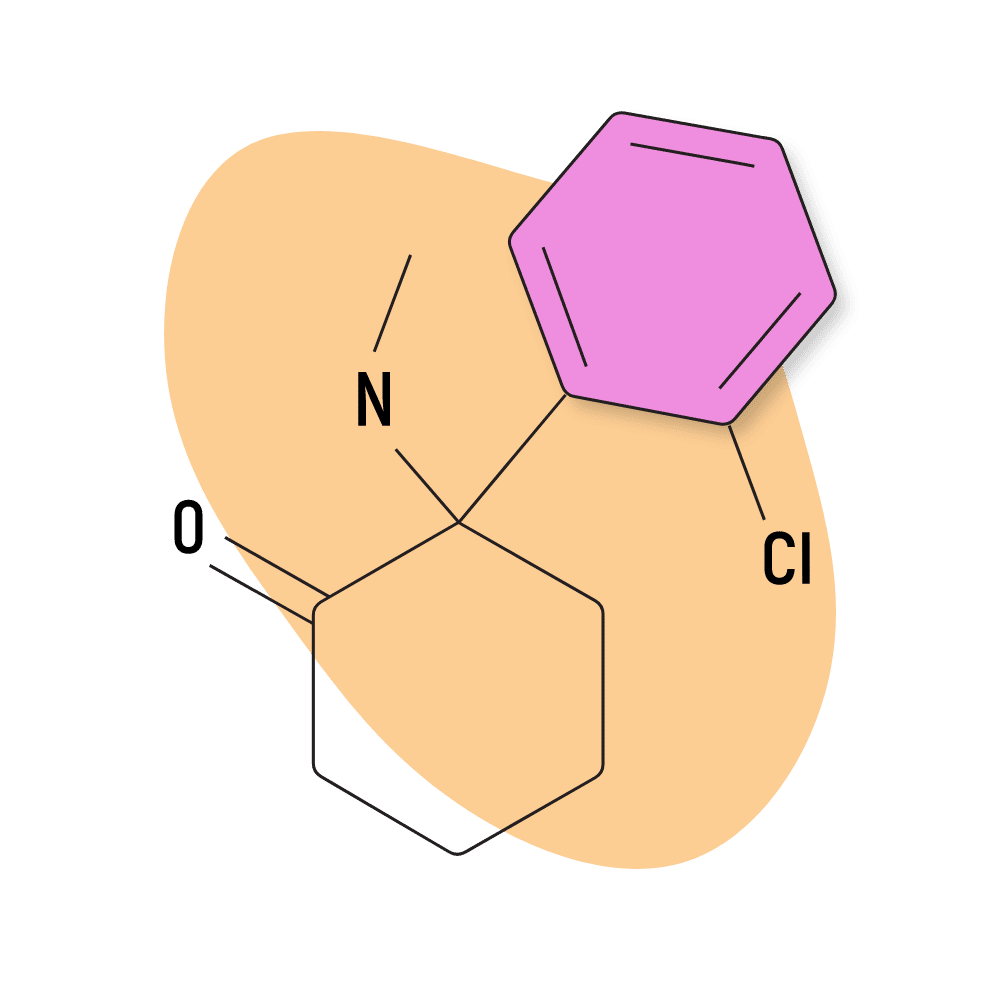
Ketamine is currently listed as a Schedule III drug, making it illegal for recreational use but legal for medical practitioners to use with their patients. It’s still used for anesthesia, but there are other uses today as well. The main use for ketamine in a clinical setting is in the treatment of depression or PTSD.
The only state that has decriminalized ketamine (recreational use) — along with all other drugs — in Oregon.
Where Is MDMA (Ecstasy) Legal in the US?
3,4-methylenedioxymethamphetamine, more commonly referred to as MDMA or ecstasy, is currently a Schedule I drug, meaning it is illegal on a federal level and believed to have a high risk of abuse.
This is set to change within the next few months. MAPS (Multidisciplinary Association for Psychedelic Studies) submitted a protocol to the FDA that would establish a legal pathway for medical practitioners to access MDMA. MDMA-assisted psychotherapy has been shown to offer profound support in the treatment of depression, PTSD, anxiety, and much more.
While it’s not currently legal in any state, Oregon has decriminalized MDMA already, and several other states are working on passing new laws to follow suit (such as California and Washington state).
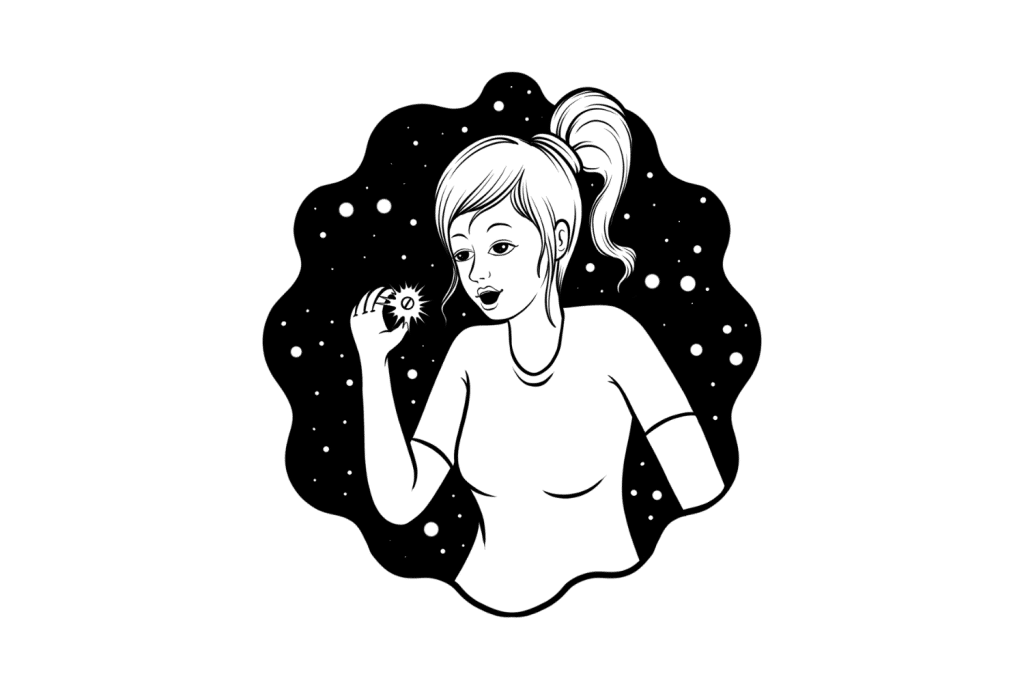
Maine’s movement to decriminalize natural psychoactive substances would not include MDMA because it’s synthetic. Many other states targeting natural psychedelics for decriminalization would also skip out on MDMA.
Missouri is working on passing new legislation that provides any medical patient-facing end-of-life situations the “right to try” any substance as a controlled treatment, including MDMA.
Vermont is moving to decriminalize many psychoactive substances but has specifically excluded MDMA.
Where Is LSD Legal in the US?
Lysergic acid diethylamide, more commonly referred to as “LSD,” is one of the most potent psychedelic drugs in the world. After a troubled history with LSD and the CIA, the synthetic substance was illegalized country-wide and listed as a Schedule I drug.
LSD has been decriminalized in Oregon, and possession and use amounts to the equivalent of a traffic ticket. Other states — including California and Washington — are working on passing legislation to decriminalize LSD as well.
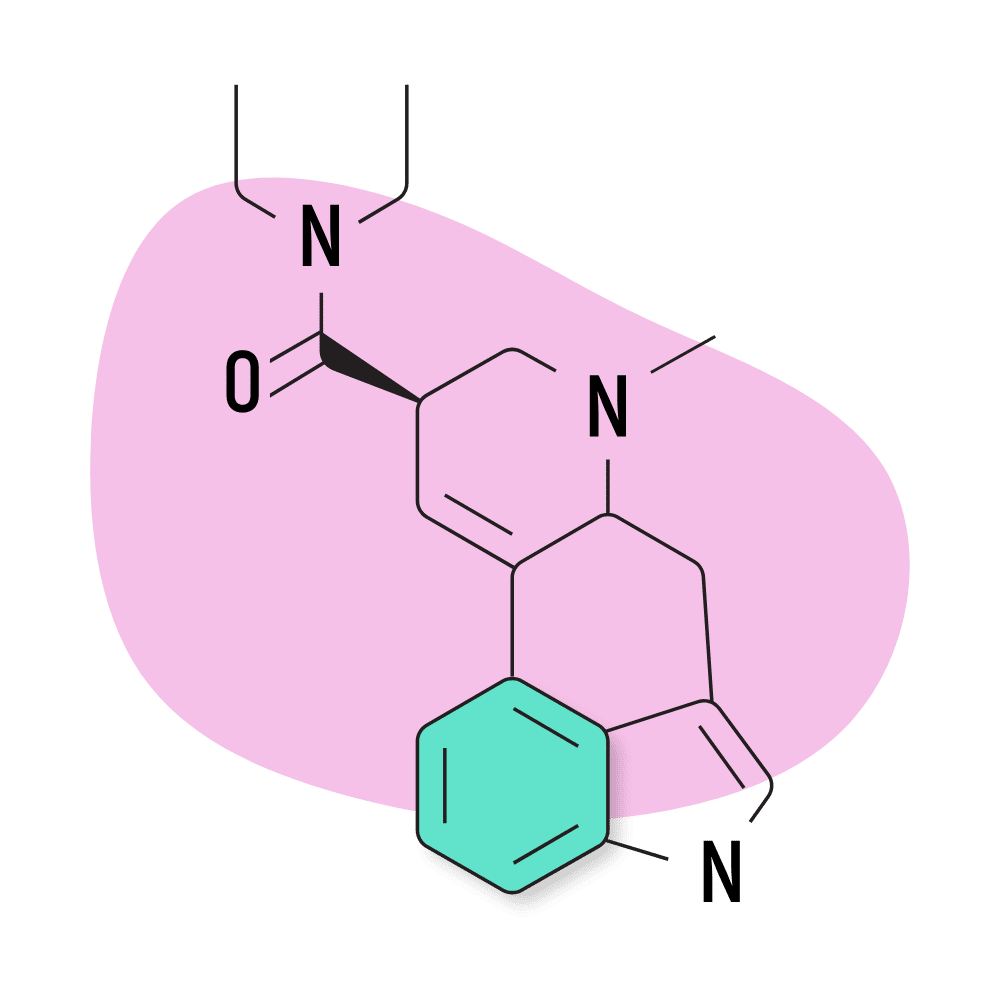
LSD might become legal for use in end-of-life care in Missouri in the near future.
Other states that are lenient with psychoactive substances — including Maine and Vermont — have no pending legislation or apparent intent to decriminalize LSD.
Where Is Kratom Legal in the US?
Kratom comes from the Mitragyna speciosa tree, which grows naturally in Southeast Asia. It’s become popular in the western hemisphere as an alternative to prescription painkillers.
The active ingredients (a series of 16 alkaloids) interact with the opioid painkillers to block pain, the adrenergic system to increase energy, and dopamine receptors to alter mood.
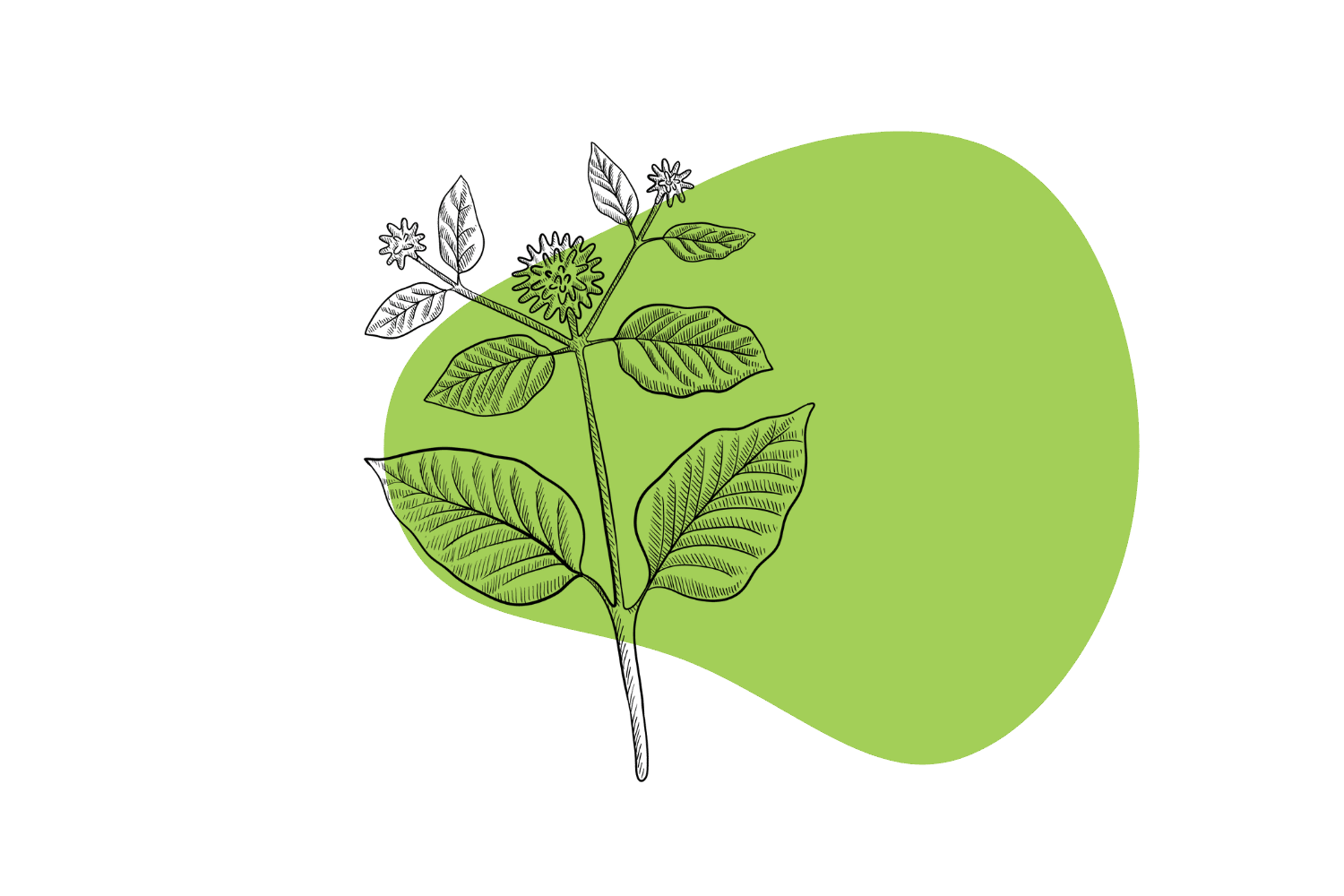
Kratom is currently legal for sale and use without restriction in all states EXCEPT the following:
- Alabama
- Arkansas
- Indiana
- Rhode Island
- Vermont
- Washington, DC.
- Wisconsin
Breakdown of Drug Laws in All 50 States
Since the laws surrounding different psychoactive substances can be confusing, the list below will break down all legal, illegal, and decriminalized psychoactive substances by state.
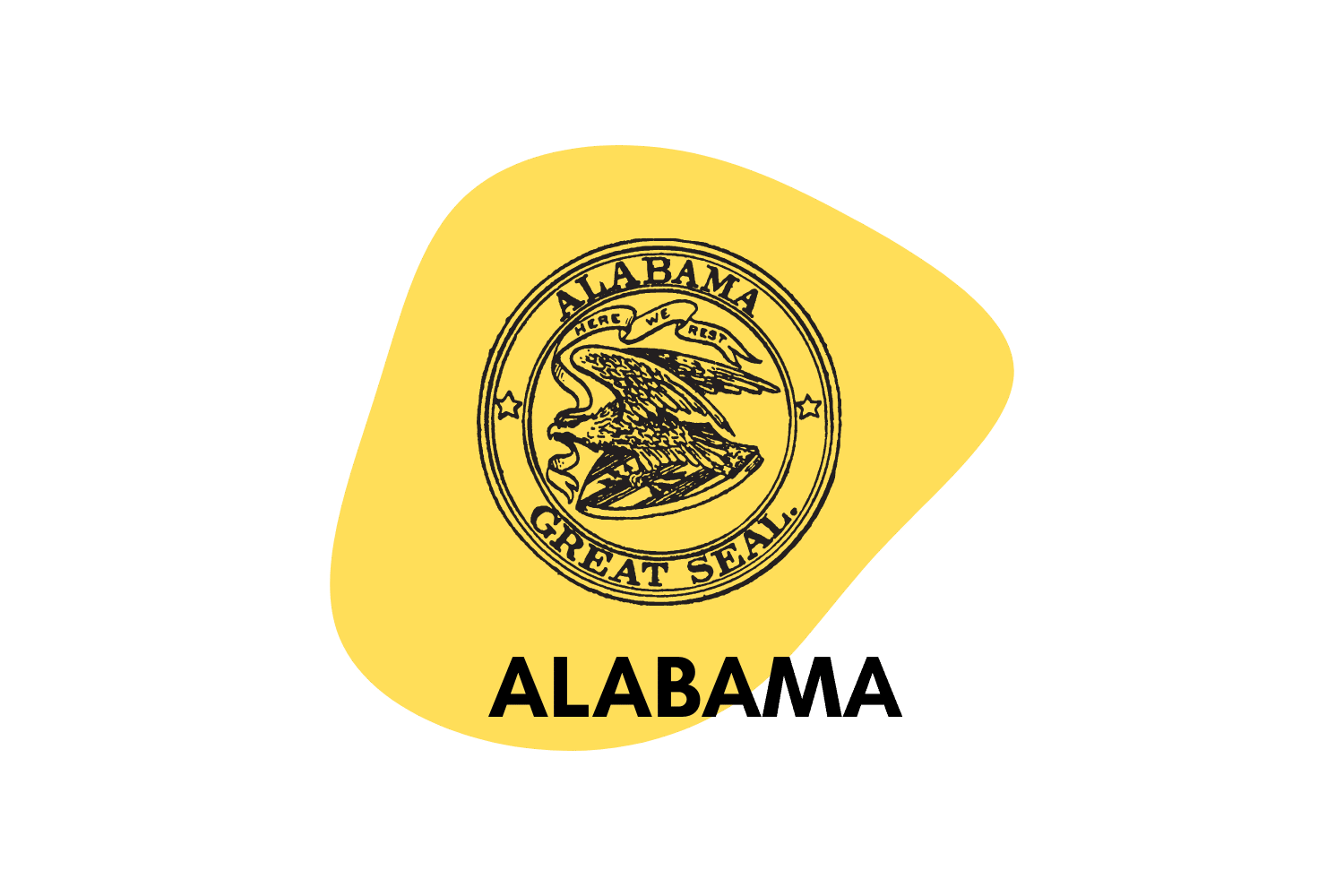
Alabama Drug Laws
Psychoactive substances that are currently legal in Alabama include:
- Marijuana (medical use)
- Delta 8 THC
- Delta 10 THC
- Ketamine (medical use)
- Benzodiazepines (medical use)
Psychoactive substances that are currently illegal in Alabama include:
- Marijuana (recreational use)
- Magic mushrooms
- DMT & ayahuasca
- Mescaline or peyote
- MDMA (ecstasy)
- Kratom
- LSD & other lysergamides
- 2C-X drugs
- Amphetamines (Aside from approved prescription drugs)
- PCP and other arylcyclohexylamines
- Synthetic cannabinoids
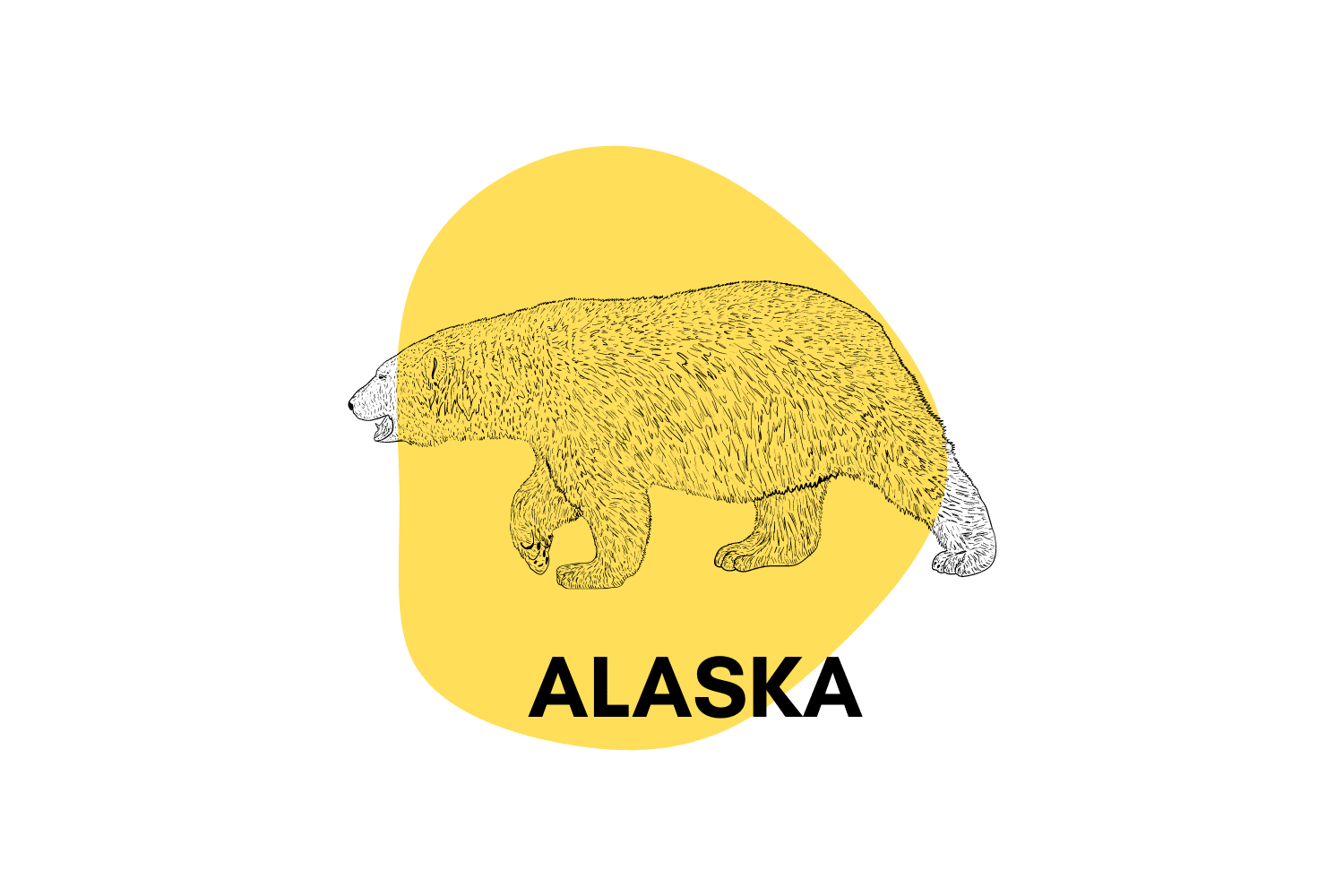
Alaska Drug Laws
Psychoactive substances that are currently legal in Alaska include:
- Marijuana (medical use)
- Marijuana (recreational use)
- Kratom
- Ketamine (medical use)
- Benzodiazepines (medical use)
Psychoactive substances that are currently illegal in Alaska include:
- Delta 8 THC
- Delta 10 THC
- Magic Mushrooms (psilocybin)
- DMT and ayahuasca
- Mescaline or peyote
- MDMA or ecstasy
- LSD & other lysergamides
- 2C-X drugs
- Amphetamines (Aside from approved prescription drugs)
- PCP and other arylcyclohexylamines
- Synthetic cannabinoids
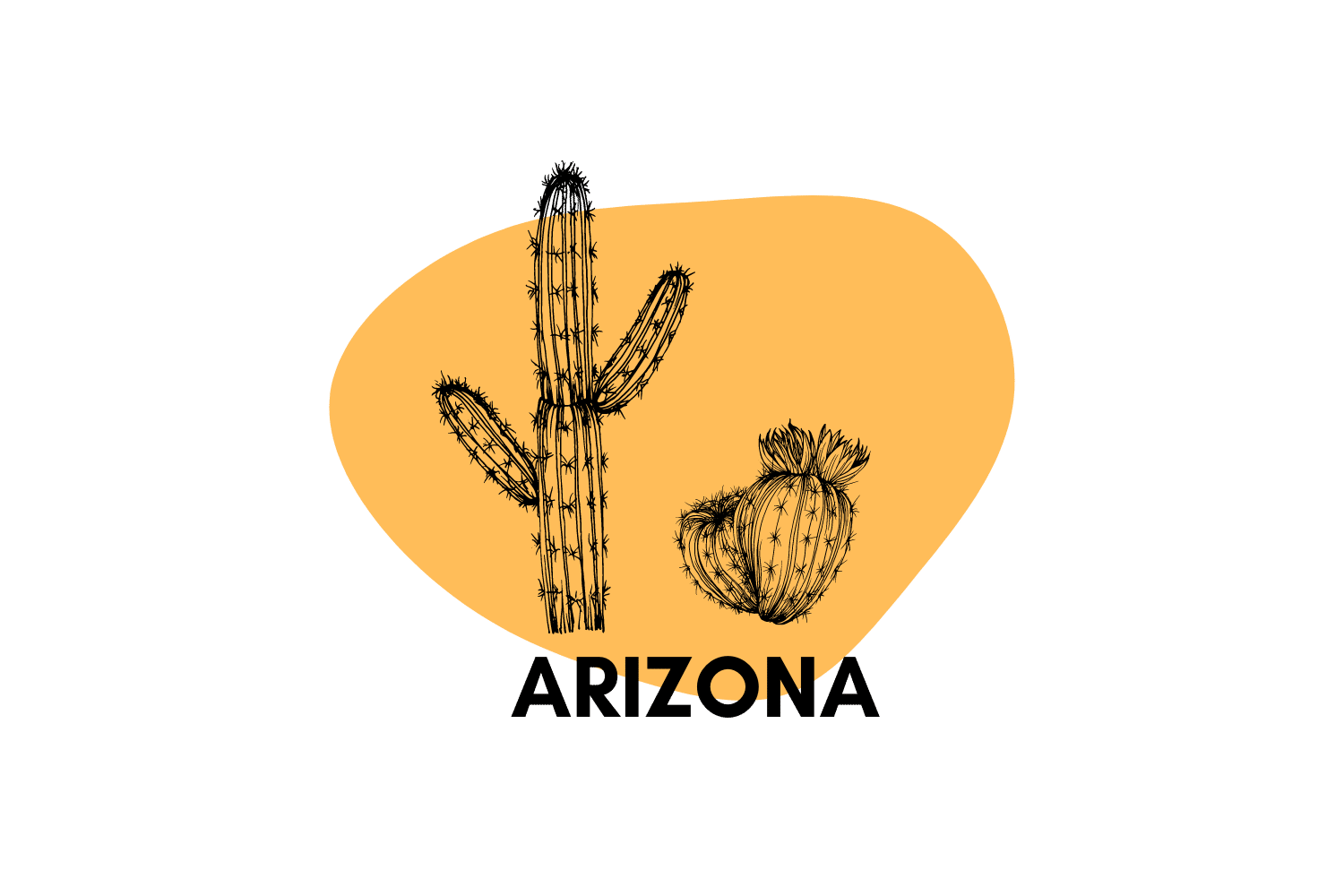
Arizona Drug Laws
Psychoactive substances that are currently legal in Arizona include:
- Marijuana (medical use)
- Marijuana (recreational use)
- Kratom
- Ketamine (medical use)
- Benzodiazepines (medical use)
Psychoactive substances that are currently illegal in Arizona include:
- Delta 8 THC
- Delta 10 THC
- Magic Mushrooms (psilocybin)
- DMT and ayahuasca
- Mescaline or peyote
- MDMA or ecstasy
- LSD & other lysergamides
- 2C-X drugs
- Amphetamines (Aside from approved prescription drugs)
- PCP and other arylcyclohexylamines
- Synthetic cannabinoids
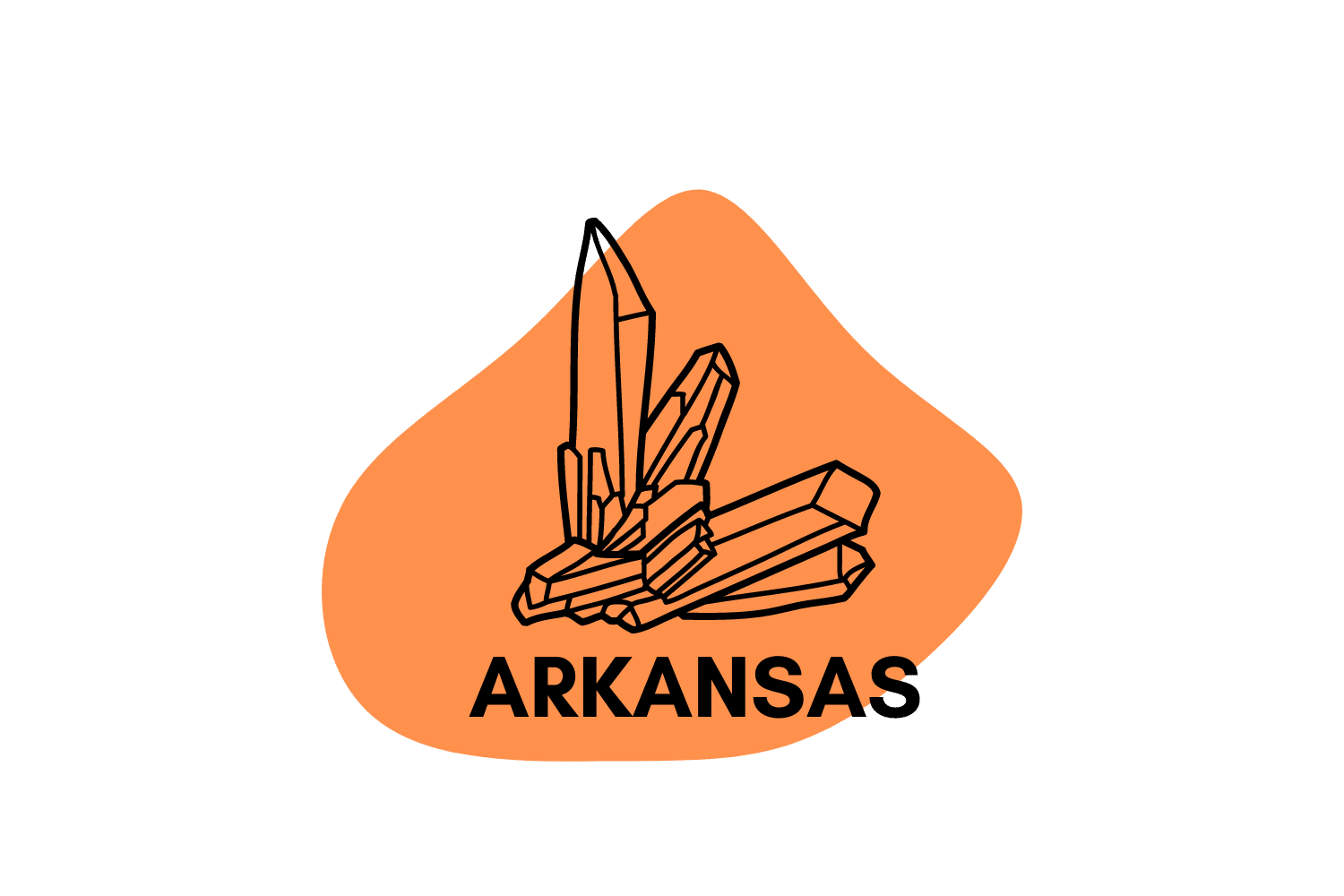
Arkansas Drug Laws
Psychoactive substances that are currently legal in Arkansas include:
- Marijuana (medical use)
- Ketamine (medical use)
- Benzodiazepines (medical use)
Psychoactive substances that are currently illegal in Arkansas include:
- Delta 8 THC
- Delta 10 THC
- Magic Mushrooms (psilocybin)
- DMT and ayahuasca
- Mescaline or peyote
- MDMA or ecstasy
- Kratom
- LSD & other lysergamides
- 2C-X drugs
- Amphetamines (Aside from approved prescription drugs)
- PCP and other arylcyclohexylamines
- Synthetic cannabinoids
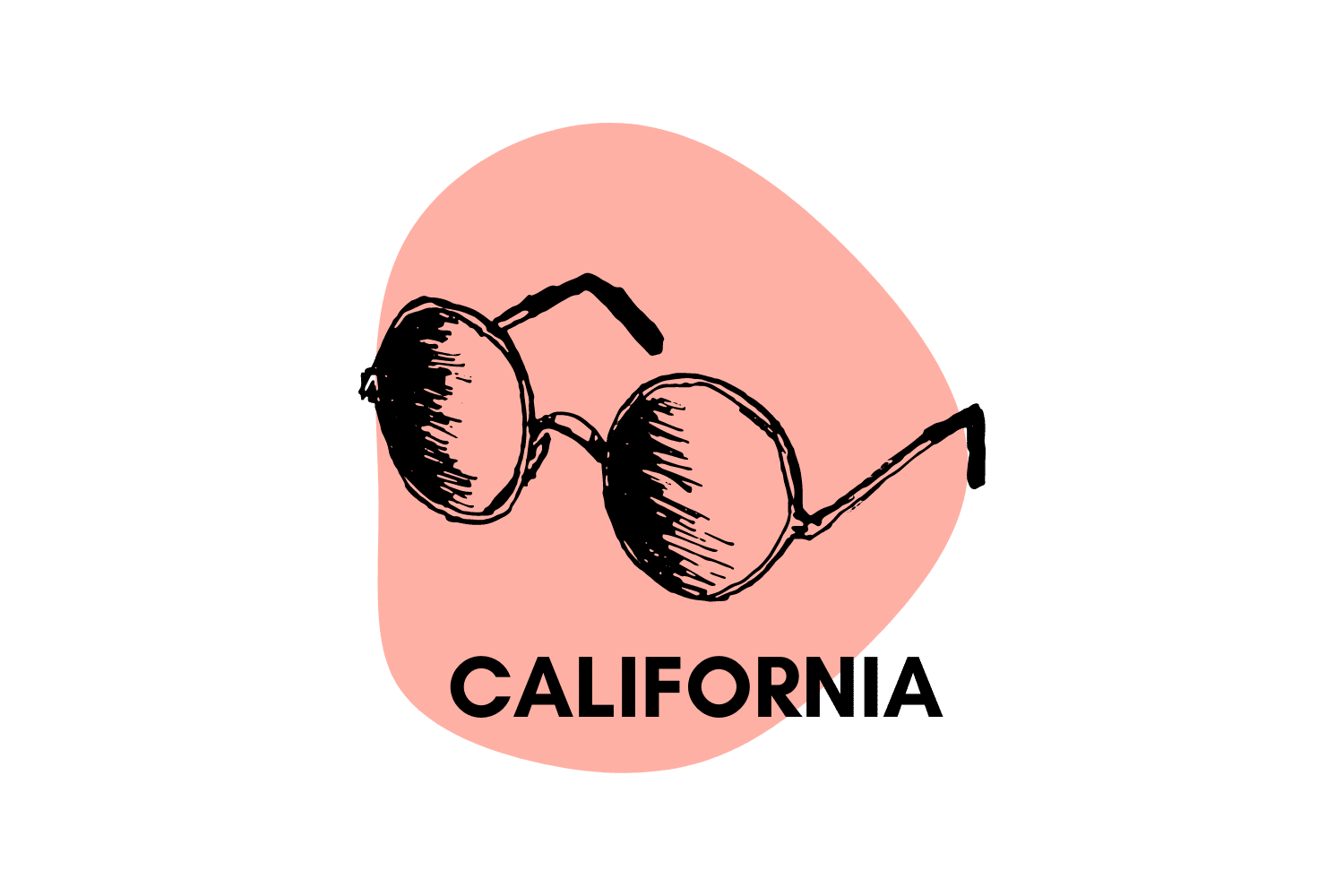
California Drug Laws
Psychoactive substances that are currently legal in California include:
- Marijuana (medical use)
- Marijuana (recreational use)
- Delta 8 THC
- Delta 10 THC
- Kratom
- Ketamine (medical use)
- Benzodiazepines (medical use)
Psychoactive substances that are currently illegal in California include:
- Magic Mushrooms (psilocybin) (in most municipalities)
- DMT and ayahuasca
- Mescaline or peyote
- MDMA or ecstasy
- LSD & other lysergamides
- 2C-X drugs
- Amphetamines (Aside from approved prescription drugs)
- PCP and other arylcyclohexylamines
- Synthetic cannabinoids
Psychoactive substances that are currently decriminalized in California include:
- Magic Mushrooms (psilocybin) (in some municipalities)
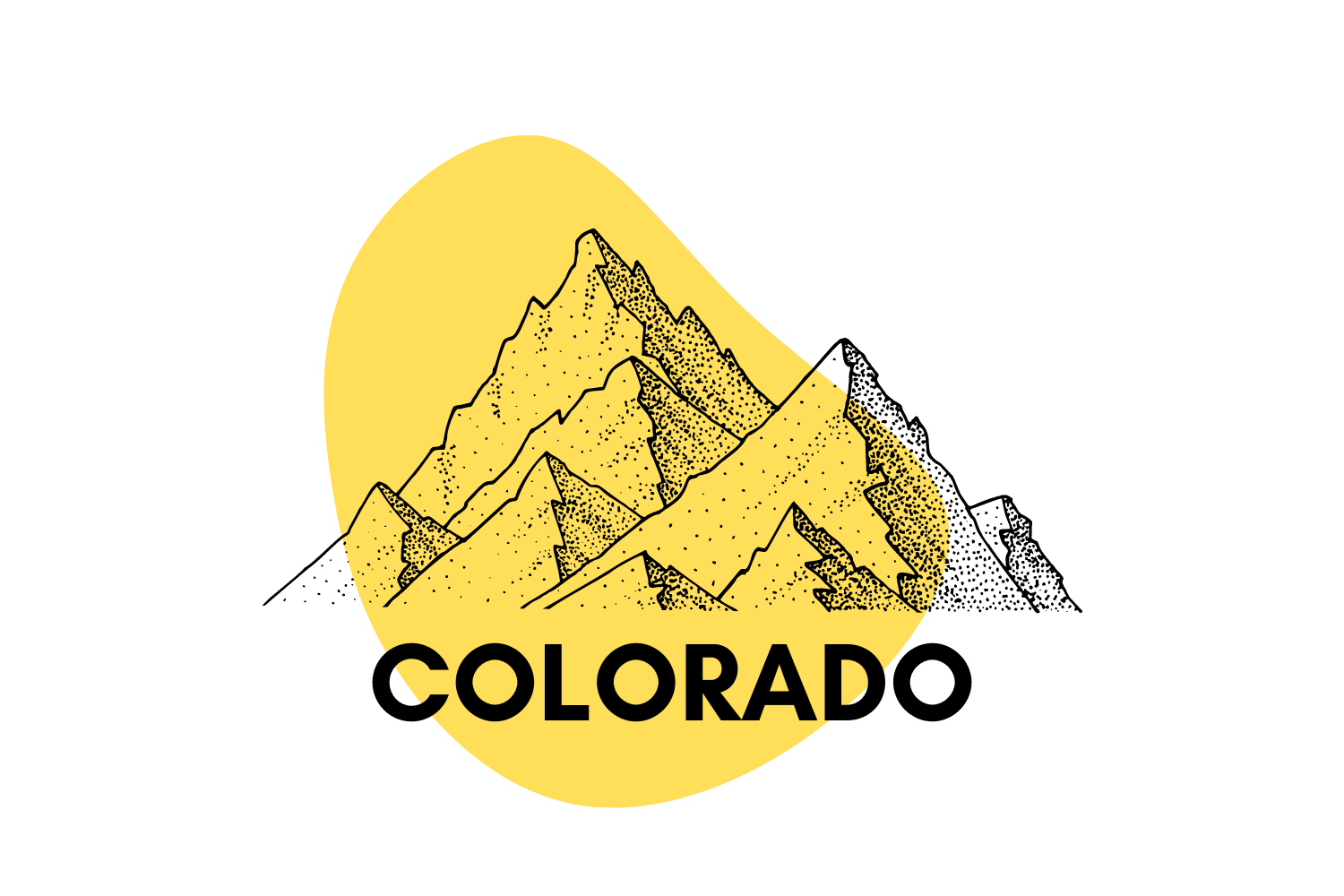
Colorado Drug Laws
Psychoactive substances that are currently legal or decriminalized in Colorado include:
- Marijuana (medical use)
- Marijuana (recreational use)
- Delta 10 THC
- Kratom
- Magic Mushrooms (medical use)
- Ketamine (medical use)
- Benzodiazepines (medical use)
Psychoactive substances that are currently illegal in Colorado include:
- Delta 8 THC
- DMT and ayahuasca
- Mescaline or peyote
- MDMA or ecstasy
- LSD & other lysergamides
- 2C-X drugs
- Amphetamines (Aside from approved prescription drugs)
- PCP and other arylcyclohexylamines
- Synthetic cannabinoids
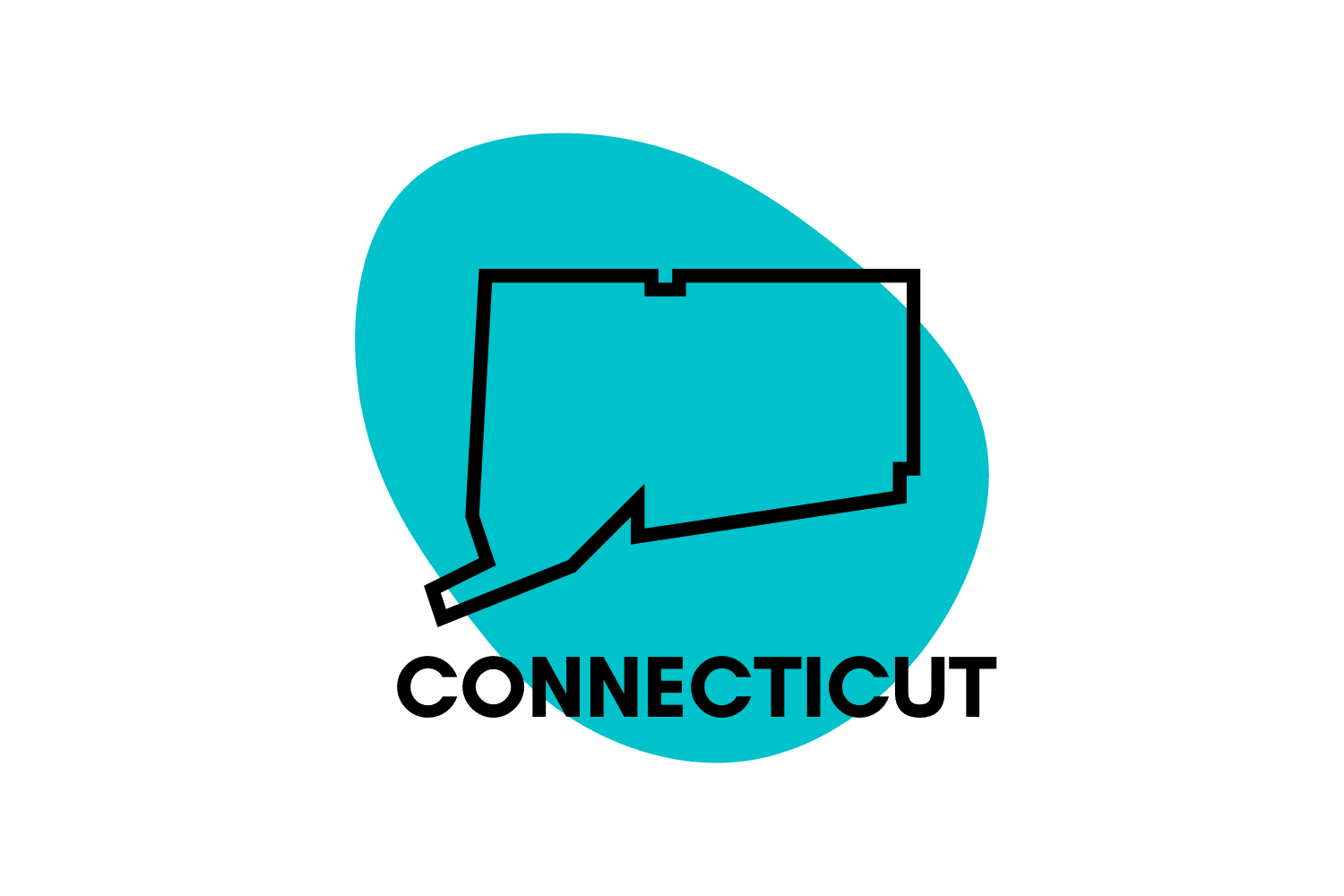
Connecticut Drug Laws
Psychoactive substances that are currently legal in Connecticut include:
- Marijuana (medical use)
- Marijuana (recreational use)
- Delta 8 THC (with restrictions)
- Delta 10 THC
- Kratom
- Ketamine (medical use)
- Benzodiazepines (medical use)
Psychoactive substances that are currently illegal in Connecticut include:
- Magic Mushrooms (psilocybin)
- DMT and ayahuasca
- Mescaline or peyote
- LSD & other lysergamides
- 2C-X drugs
- Amphetamines (Aside from approved prescription drugs)
- PCP and other arylcyclohexylamines
- Synthetic cannabinoids
- MDMA or ecstasy
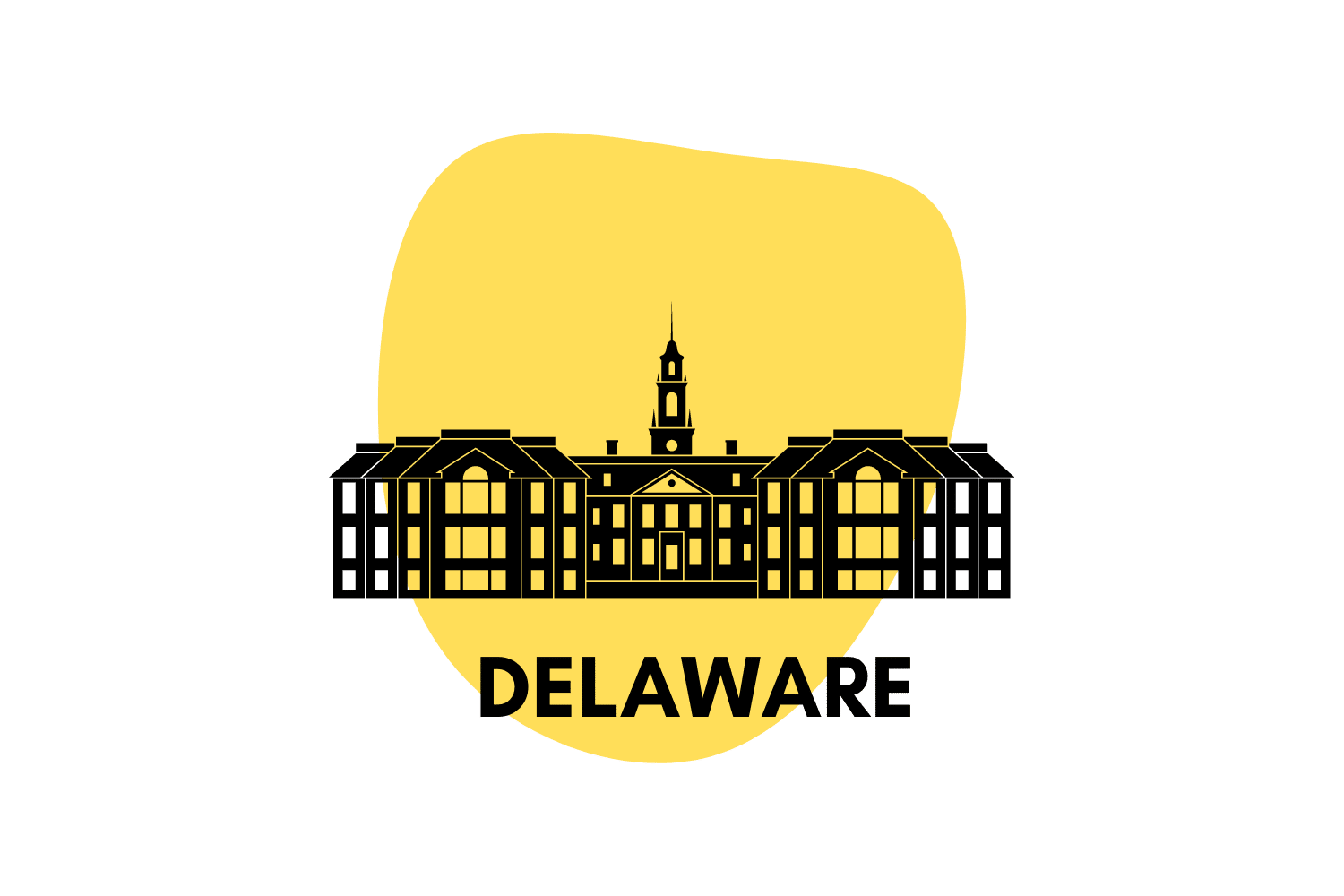
Delaware Drug Laws
Psychoactive substances that are currently legal in Delaware include:
- Marijuana (medical use)
- Kratom
- Ketamine (medical use)
- Benzodiazepines (medical use)
Psychoactive substances that are currently illegal in Delaware include:
- Delta 8 THC
- Delta 10 THC
- Magic Mushrooms (psilocybin)
- DMT and ayahuasca
- Mescaline or peyote
- LSD & other lysergamides
- 2C-X drugs
- Amphetamines (Aside from approved prescription drugs)
- PCP and other arylcyclohexylamines
- Synthetic cannabinoids
- MDMA or ecstasy
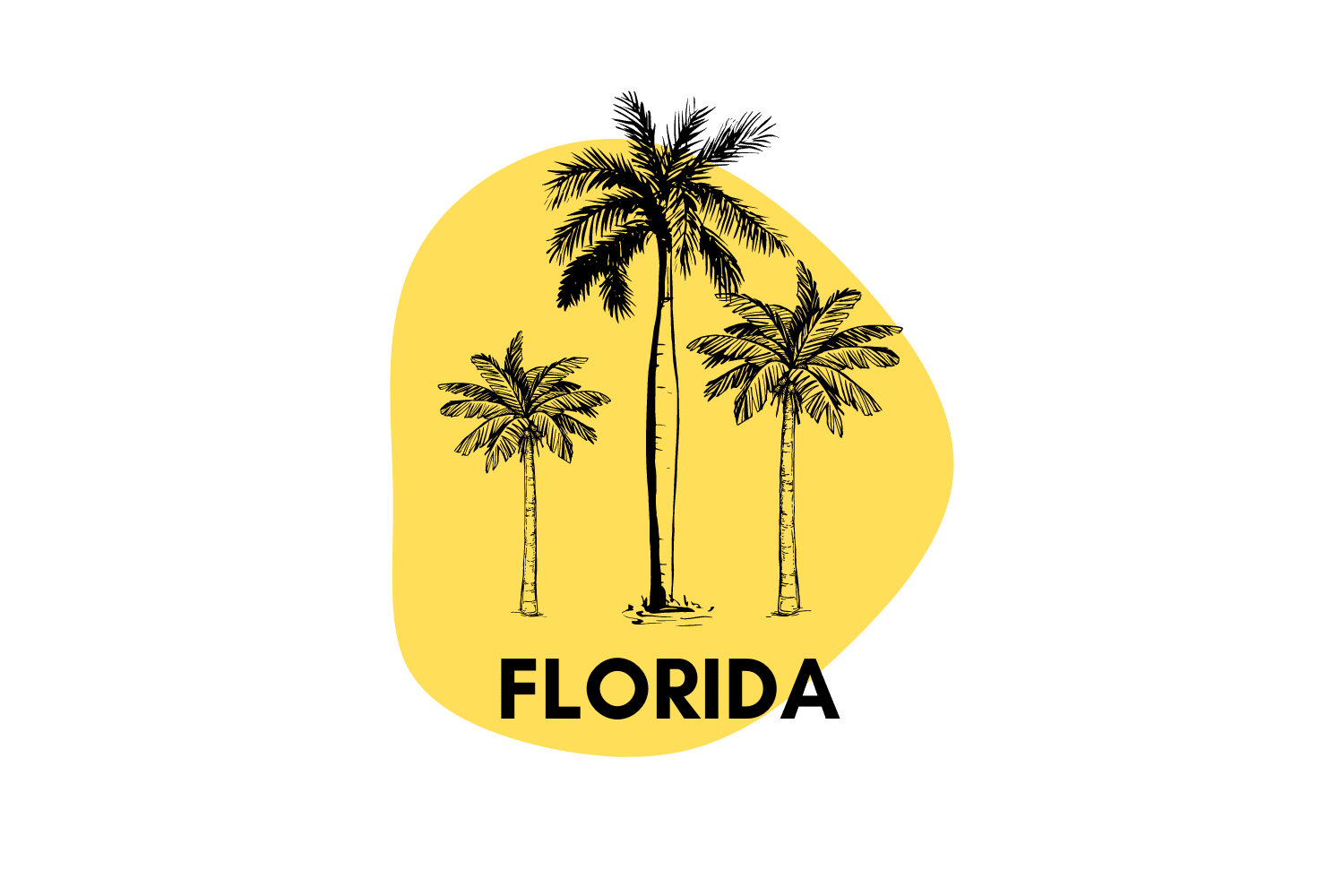
Florida Drug Laws
Psychoactive substances that are currently legal in Florida include:
- Marijuana (medical use)
- Delta 8 THC
- Delta 10 THC
- Kratom
- Ketamine (medical use)
- Benzodiazepines (medical use)
Psychoactive substances that are currently illegal in Florida include:
- Magic Mushrooms (psilocybin)
- DMT and ayahuasca
- Mescaline or peyote
- LSD & other lysergamides
- 2C-X drugs
- Amphetamines (Aside from approved prescription drugs)
- PCP and other arylcyclohexylamines
- Synthetic cannabinoids
- MDMA or ecstasy
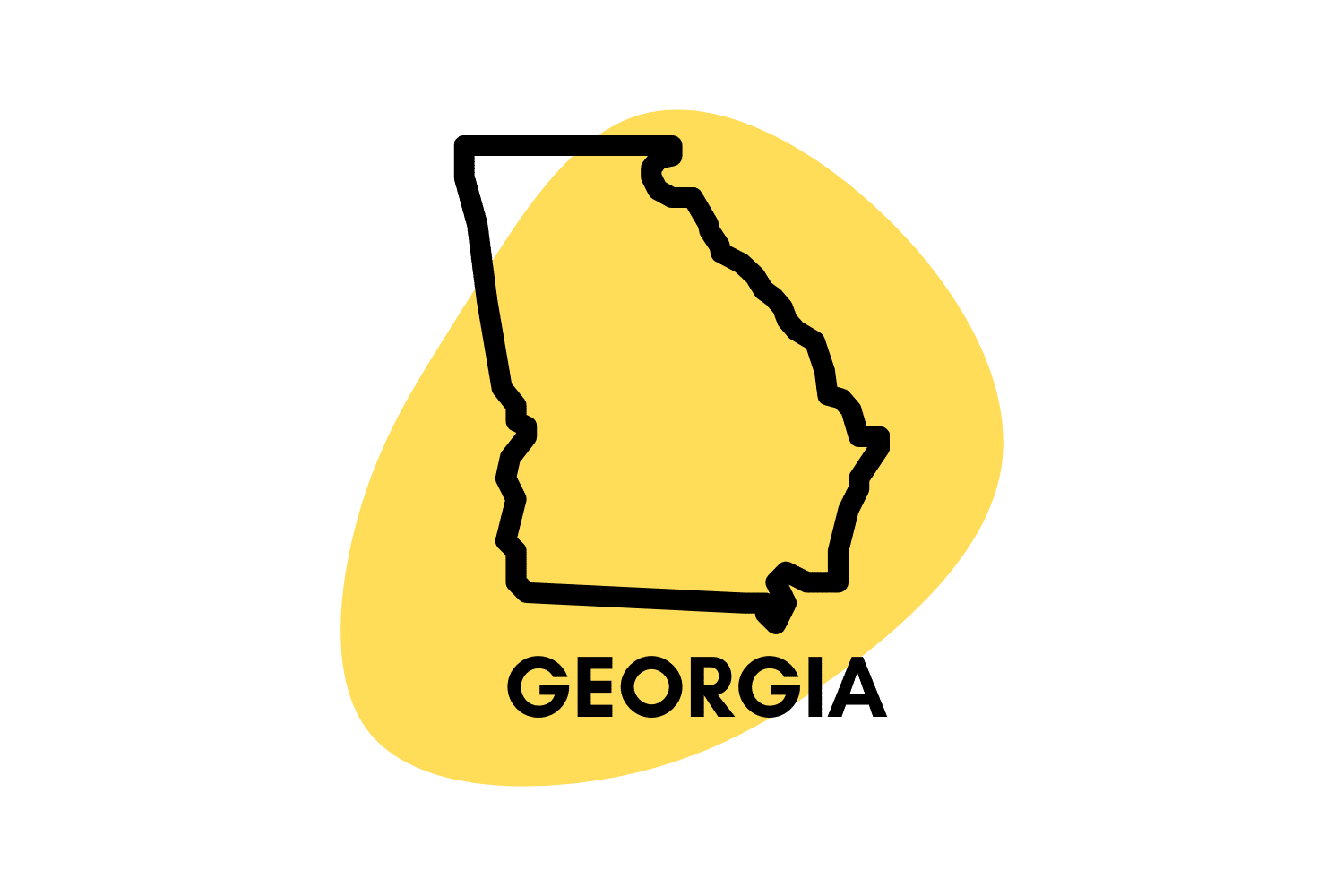
Georgia Drug Laws
Psychoactive substances that are currently legal in Georgia include:
- Marijuana (medical use)
- Delta 8 THC
- Delta 10 THC
- Kratom
- Ketamine (medical use)
- Benzodiazepines (medical use)
Psychoactive substances that are currently illegal in Georgia include:
- Magic Mushrooms (psilocybin)
- DMT and ayahuasca
- Mescaline or peyote
- LSD & other lysergamides
- 2C-X drugs
- Amphetamines (Aside from approved prescription drugs)
- PCP and other arylcyclohexylamines
- Synthetic cannabinoids
- MDMA or ecstasy
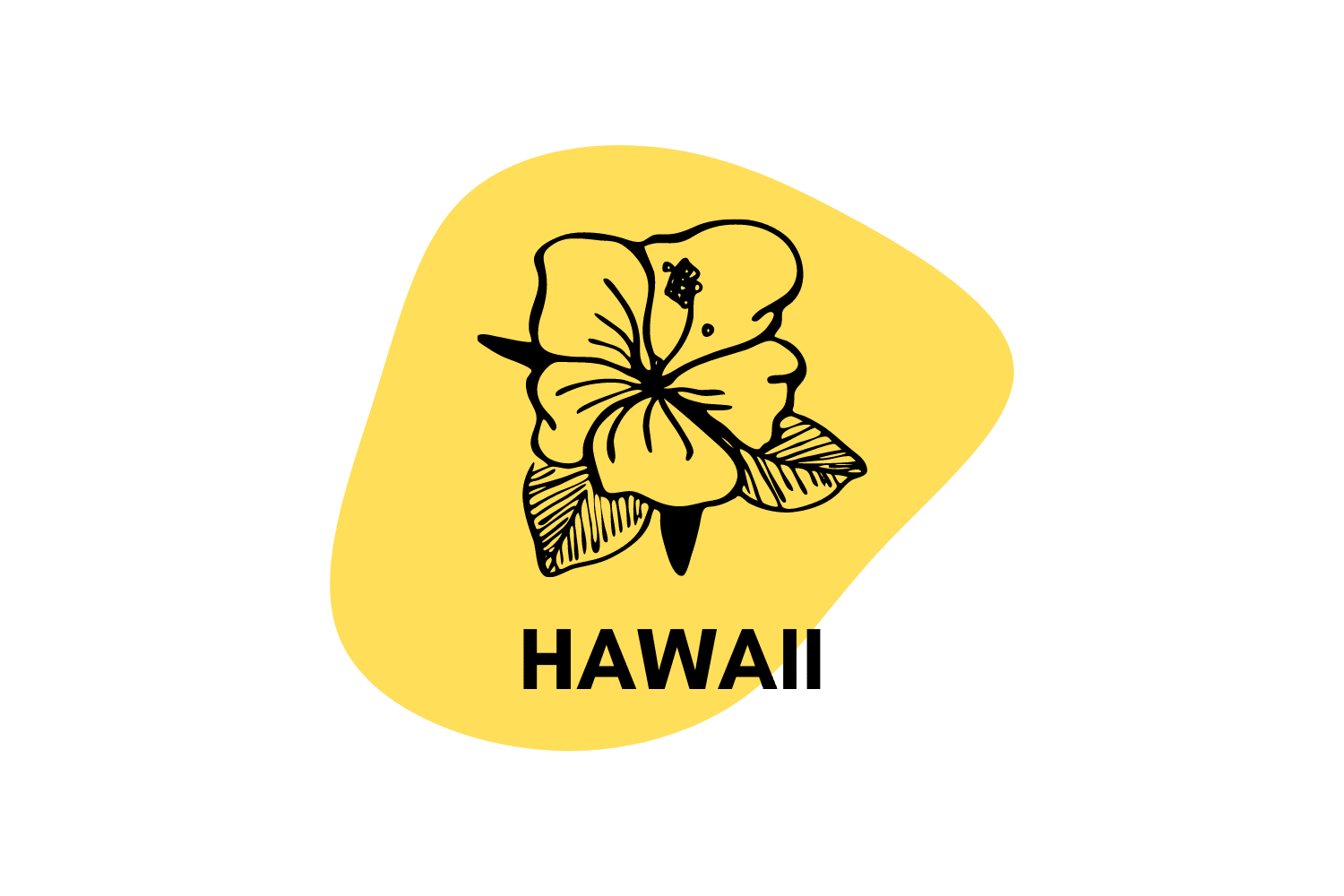
Hawaii Drug Laws
Psychoactive substances that are currently legal in Hawaii include:
- Marijuana (medical use)
- Delta 10 THC
- Kratom
- Ketamine (medical use)
- Benzodiazepines (medical use)
Psychoactive substances that are currently illegal in Hawaii include:
- Delta 8 THC
- Magic Mushrooms (psilocybin)
- DMT and ayahuasca
- Mescaline or peyote
- LSD & other lysergamides
- 2C-X drugs
- Amphetamines (Aside from approved prescription drugs)
- PCP and other arylcyclohexylamines
- Synthetic cannabinoids
- MDMA or ecstasy
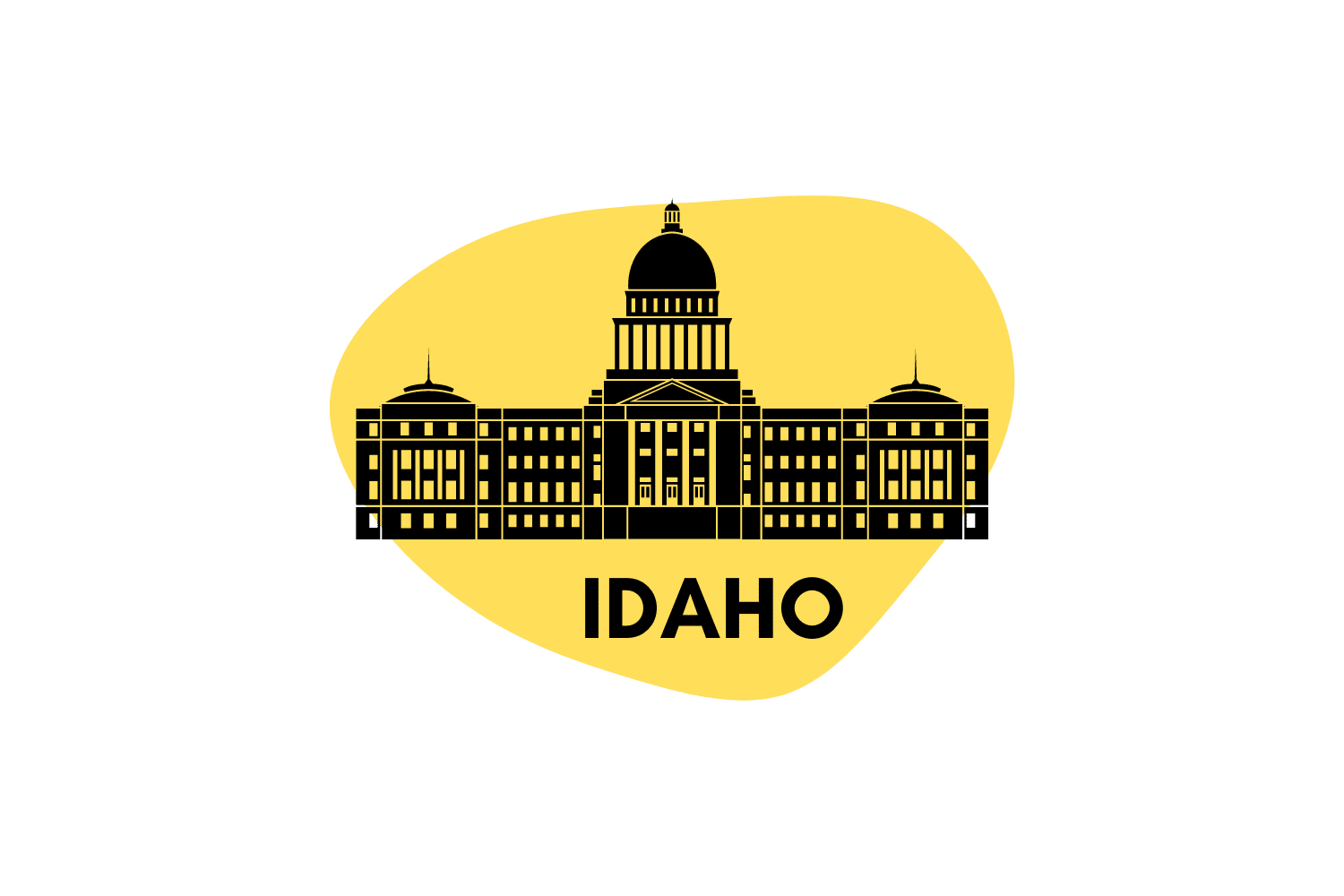
Idaho Drug Laws
Psychoactive substances that are currently legal in Idaho include:
- Kratom
- Ketamine (medical use)
- Benzodiazepines (medical use)
Psychoactive substances that are currently illegal in Idaho include:
- Marijuana (medical use)
- Marijuana (recreational use)
- Delta 8 THC
- Delta 10 THC
- Magic Mushrooms (psilocybin)
- DMT and ayahuasca
- Mescaline or peyote
- LSD & other lysergamides
- 2C-X drugs
- Amphetamines (Aside from approved prescription drugs)
- PCP and other arylcyclohexylamines
- Synthetic cannabinoids
- MDMA or ecstasy
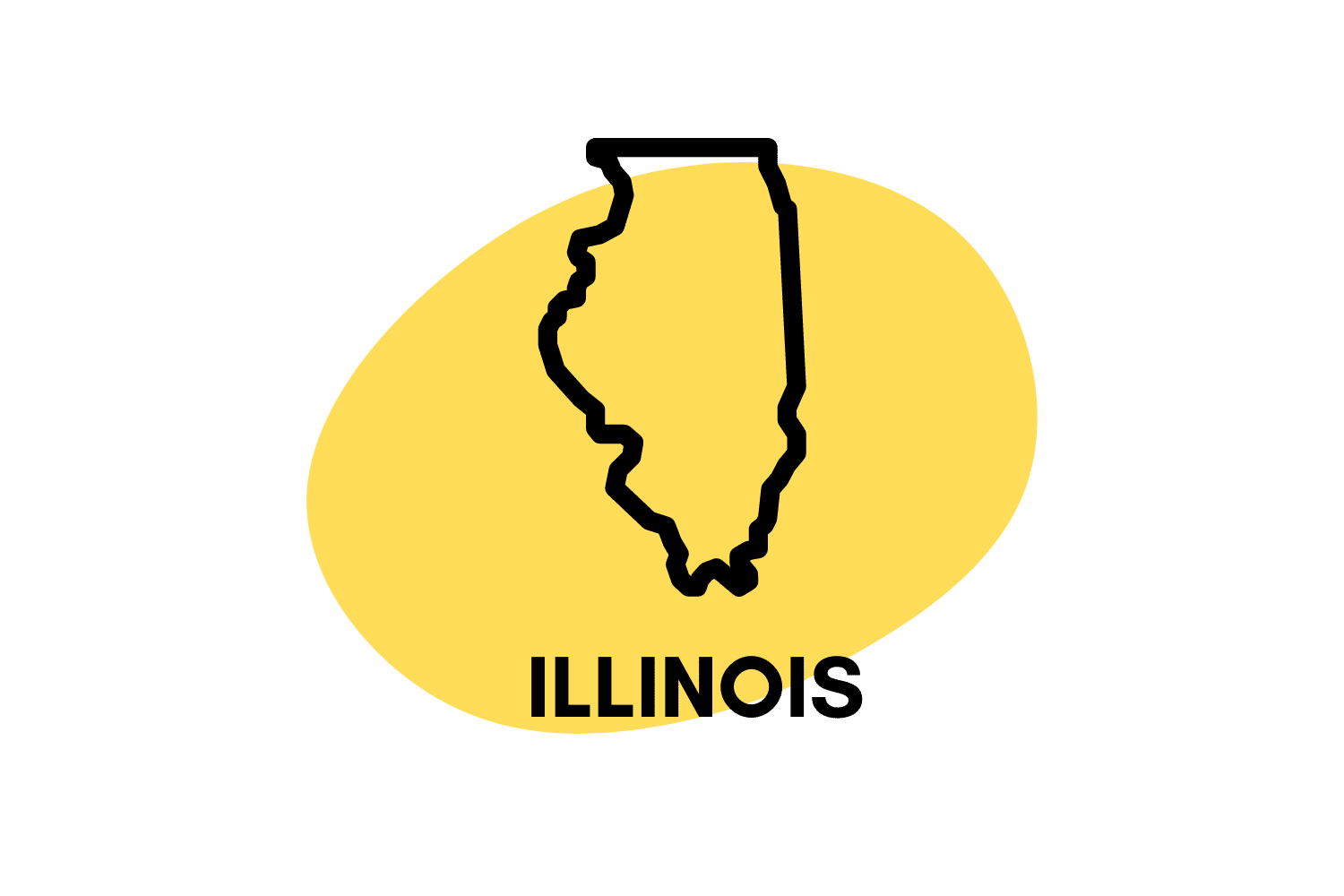
Illinois Drug Laws
Psychoactive substances that are currently legal in Illinois include:
- Marijuana (medical use)
- Marijuana (recreational use)
- Delta 10 THC
- Kratom
- Ketamine (medical use)
- Benzodiazepines (medical use)
Psychoactive substances that are currently illegal in Illinois include:
- Delta 8 THC
- Magic Mushrooms (psilocybin)
- DMT and ayahuasca
- Mescaline or peyote
- LSD & other lysergamides
- 2C-X drugs
- Amphetamines (Aside from approved prescription drugs)
- PCP and other arylcyclohexylamines
- Synthetic cannabinoids
- MDMA or ecstasy
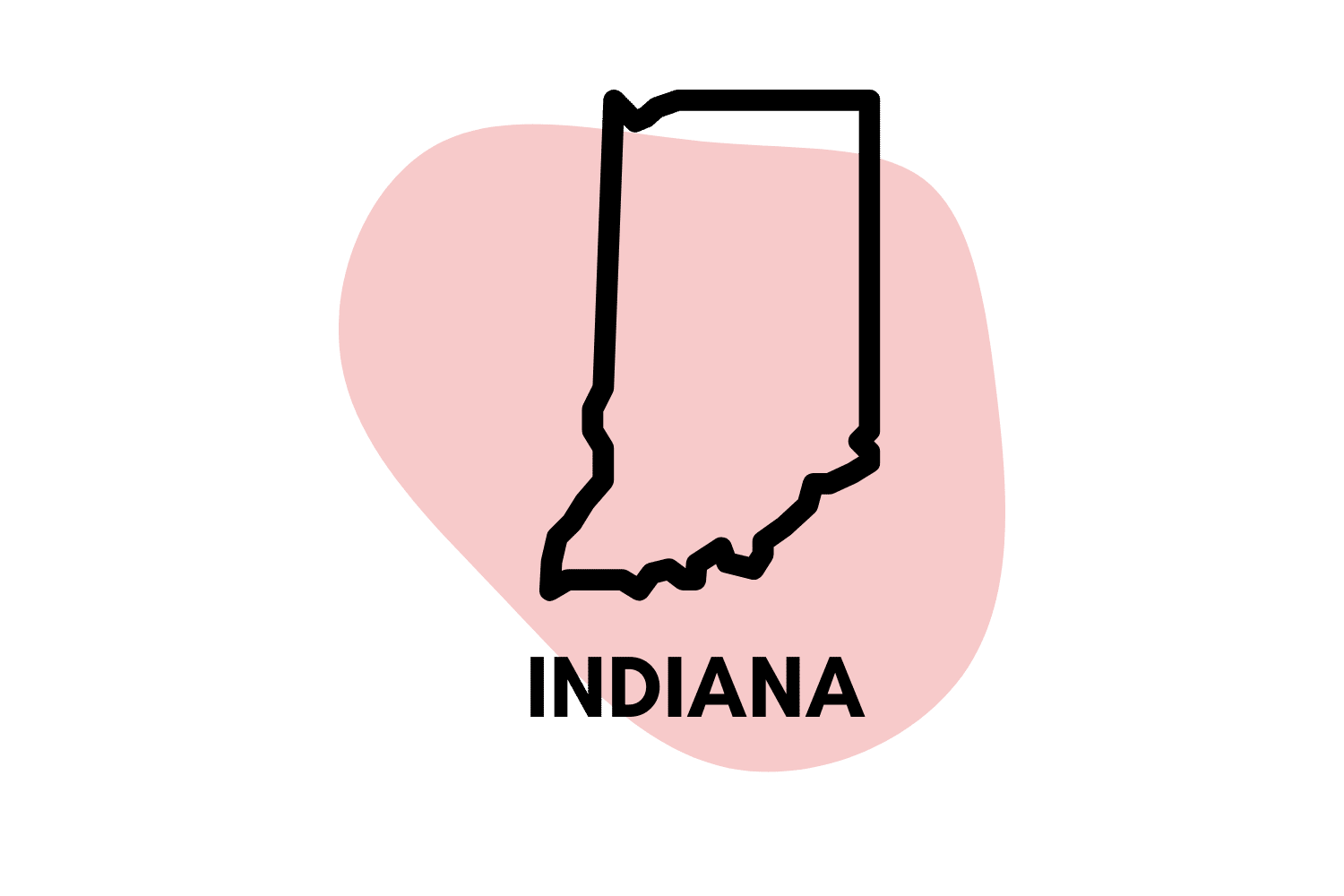
Indiana Drug Laws
Psychoactive substances that are currently legal in Indiana include:
- Marijuana (medical use)
- Marijuana (recreational use)
- Delta 8 THC
- Delta 10 THC
- Ketamine (medical use)
- Benzodiazepines (medical use)
Psychoactive substances that are currently illegal in Indiana include:
- Magic Mushrooms (psilocybin)
- DMT and ayahuasca
- Mescaline or peyote
- LSD & other lysergamides
- 2C-X drugs
- Amphetamines (Aside from approved prescription drugs)
- PCP and other arylcyclohexylamines
- Synthetic cannabinoids
- MDMA or ecstasy
- Kratom
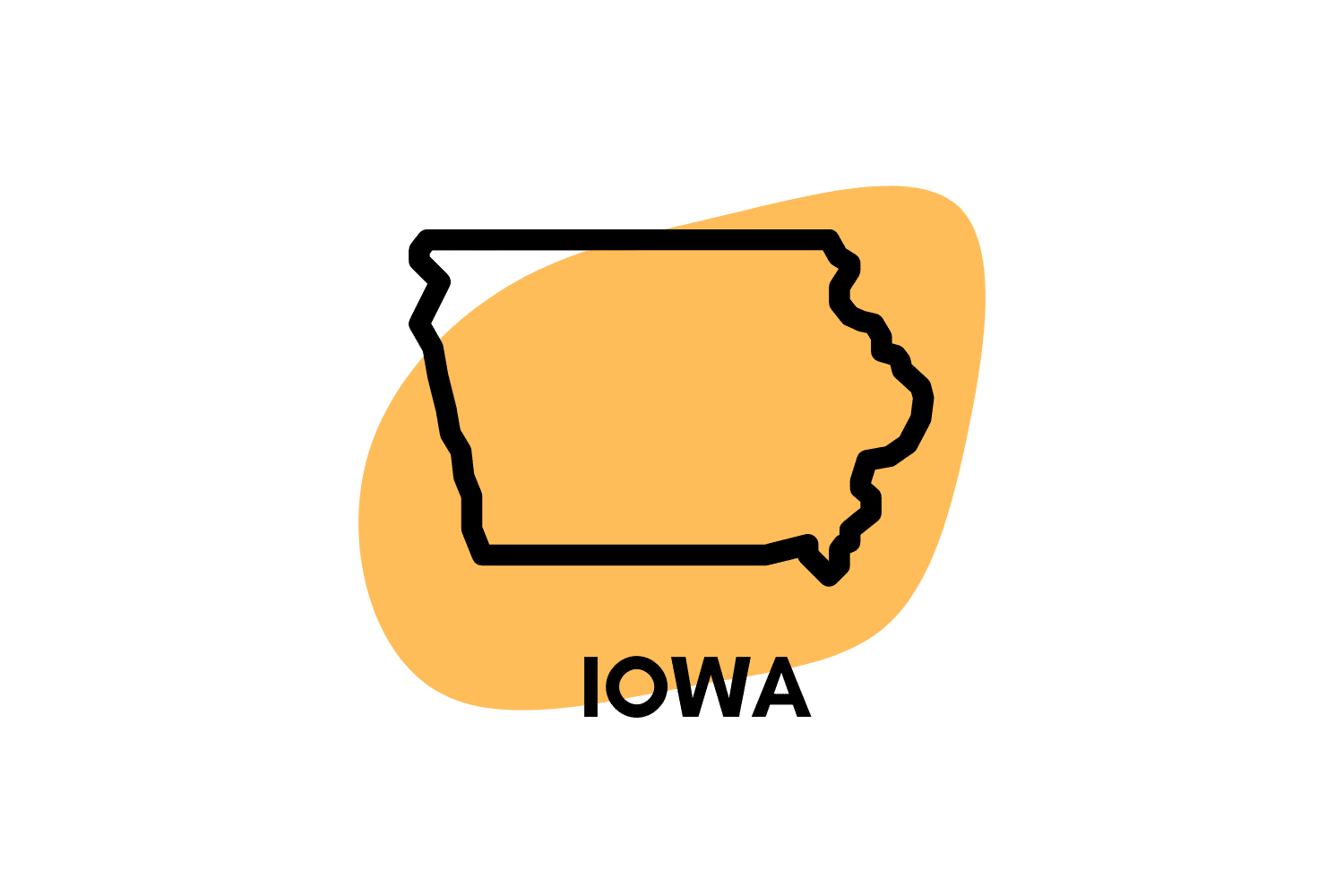
Iowa Drug Laws
Psychoactive substances that are currently legal in Iowa include:
- Marijuana (medical use)
- Kratom
- Ketamine (medical use)
- Benzodiazepines (medical use)
Psychoactive substances that are currently illegal in Iowa include:
- Delta 8 THC
- Delta 10 THC
- Magic Mushrooms (psilocybin)
- DMT and ayahuasca
- Mescaline or peyote
- LSD & other lysergamides
- 2C-X drugs
- Amphetamines (Aside from approved prescription drugs)
- PCP and other arylcyclohexylamines
- Synthetic cannabinoids
- MDMA or ecstasy
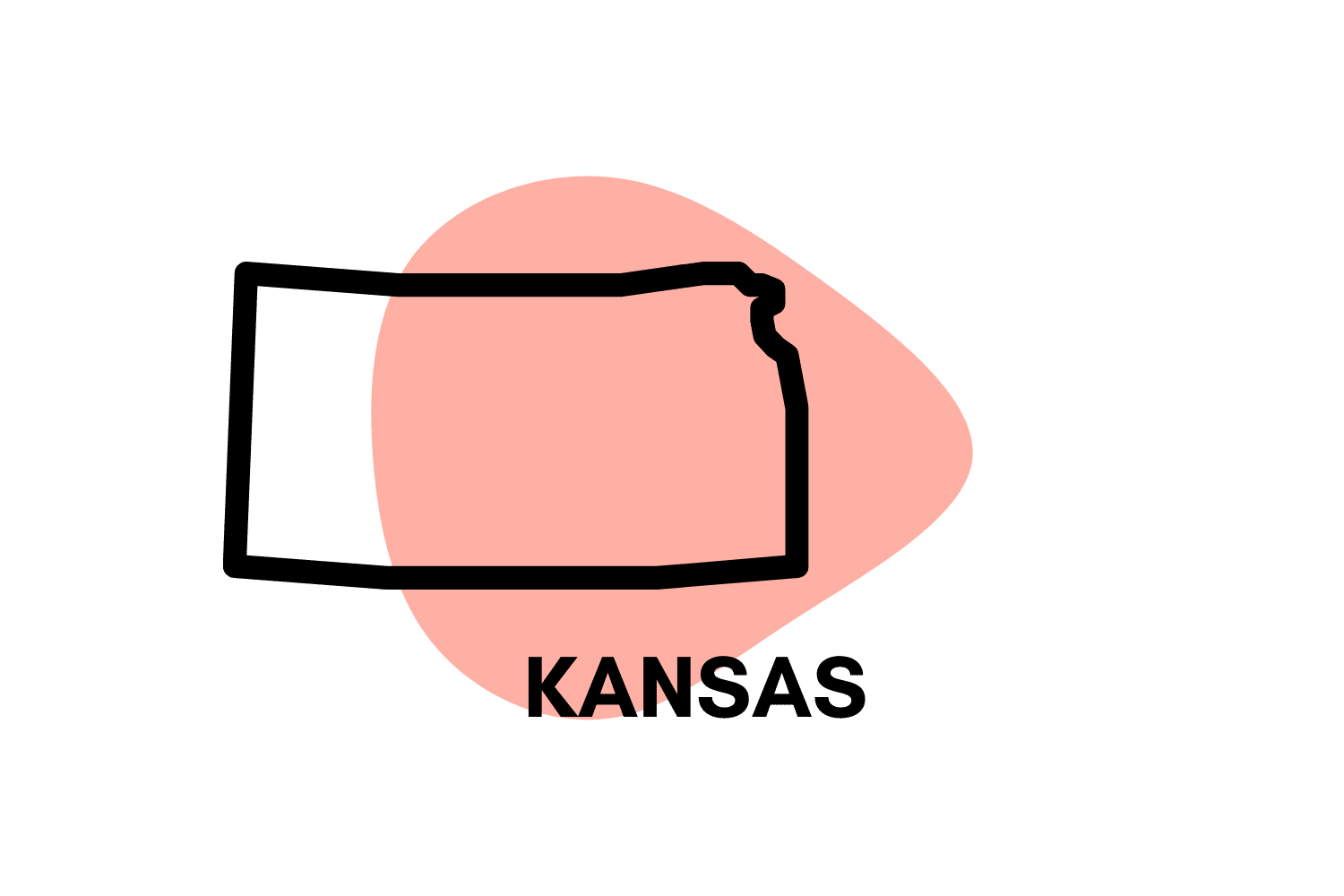
Kansas Drug Laws
Psychoactive substances that are currently legal in Kansas include:
- Delta 8 THC
- Delta 10 THC
- Kratom
- Ketamine (medical use)
- Benzodiazepines (medical use)
Psychoactive substances that are currently illegal in Kansas include:
- Marijuana (medical use)
- Marijuana (recreational use)
- Magic Mushrooms (psilocybin)
- DMT and ayahuasca
- Mescaline or peyote
- LSD & other lysergamides
- 2C-X drugs
- Amphetamines (Aside from approved prescription drugs)
- PCP and other arylcyclohexylamines
- Synthetic cannabinoids
- MDMA or ecstasy
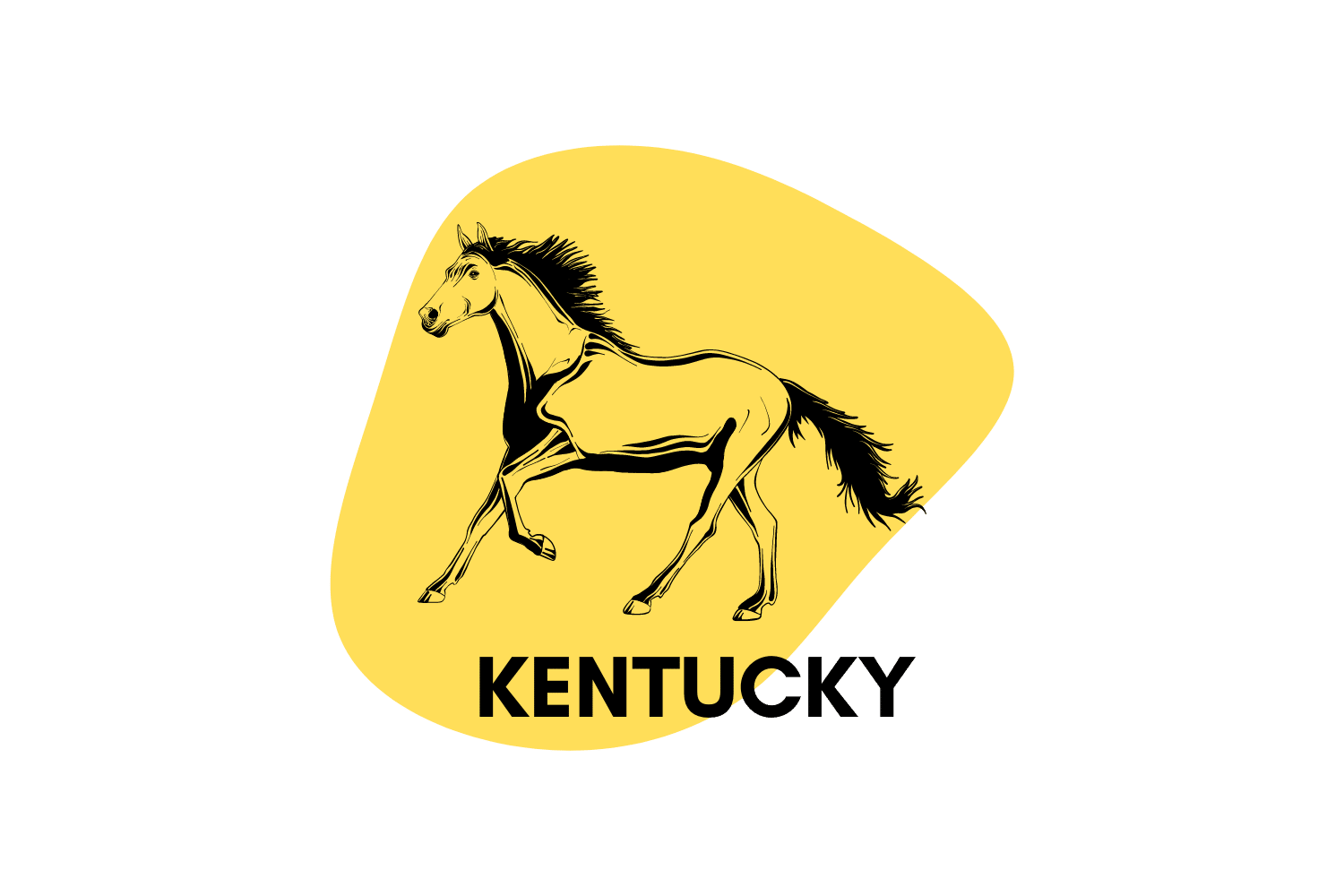
Kentucky Drug Laws
Psychoactive substances that are currently legal in Kentucky include:
- Delta 10 THC
- Kratom
- Ketamine (medical use)
- Benzodiazepines (medical use)
Psychoactive substances that are currently illegal in Kentucky include:
- Marijuana (medical use)
- Marijuana (recreational use)
- Delta 8 THC
- Magic Mushrooms (psilocybin)
- DMT and ayahuasca
- Mescaline or peyote
- LSD & other lysergamides
- 2C-X drugs
- Amphetamines (Aside from approved prescription drugs)
- PCP and other arylcyclohexylamines
- Synthetic cannabinoids
- MDMA or ecstasy
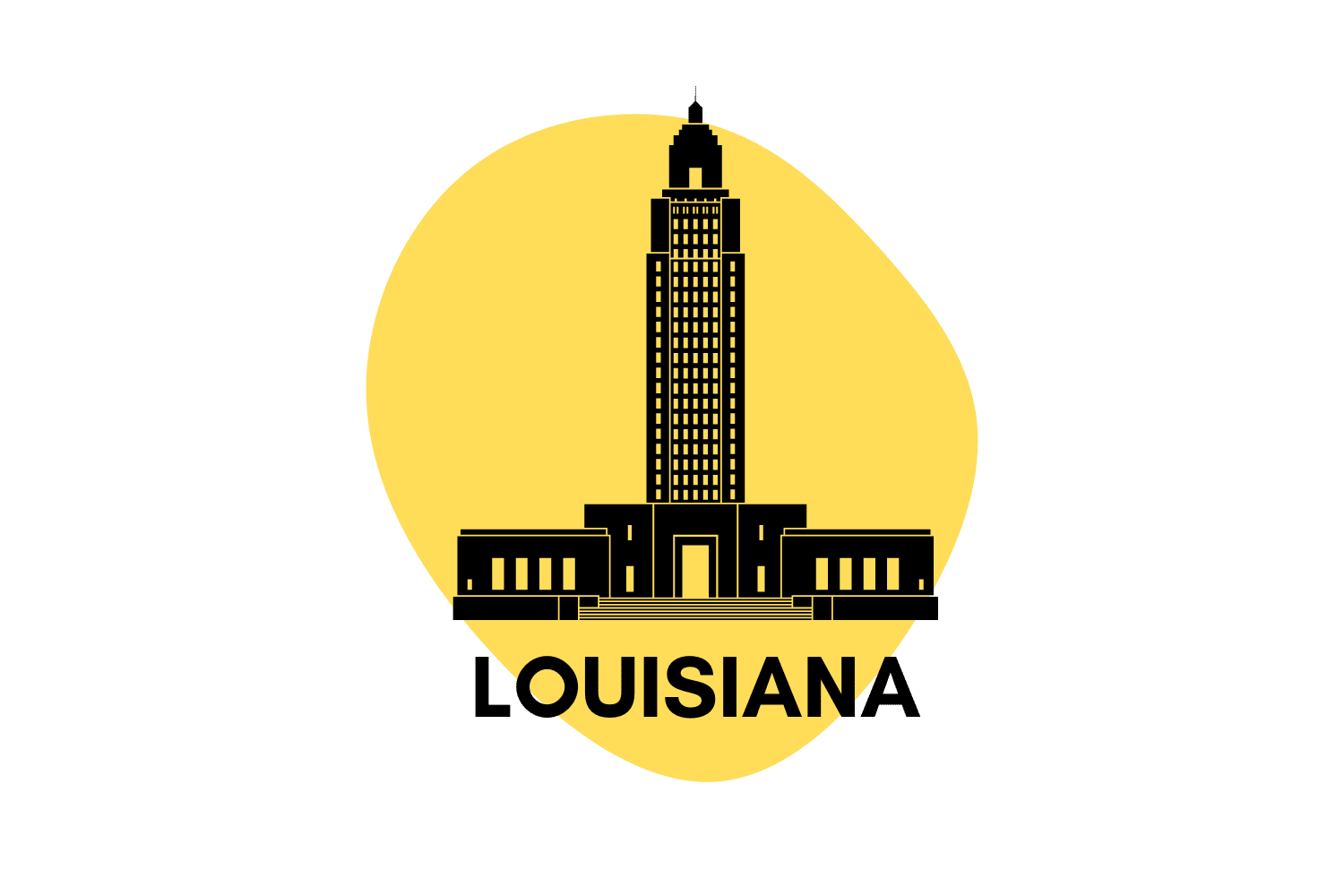
Louisiana Drug Laws
Psychoactive substances that are currently legal in Louisiana include:
- Marijuana (medical use)
- Delta 10 THC
- Kratom
- Ketamine (medical use)
- Benzodiazepines (medical use)
Psychoactive substances that are currently illegal in Louisiana include:
- Delta 8 THC
- Magic Mushrooms (psilocybin)
- DMT and ayahuasca
- Mescaline or peyote
- LSD & other lysergamides
- 2C-X drugs
- Amphetamines (Aside from approved prescription drugs)
- PCP and other arylcyclohexylamines
- Synthetic cannabinoids
- MDMA or ecstasy
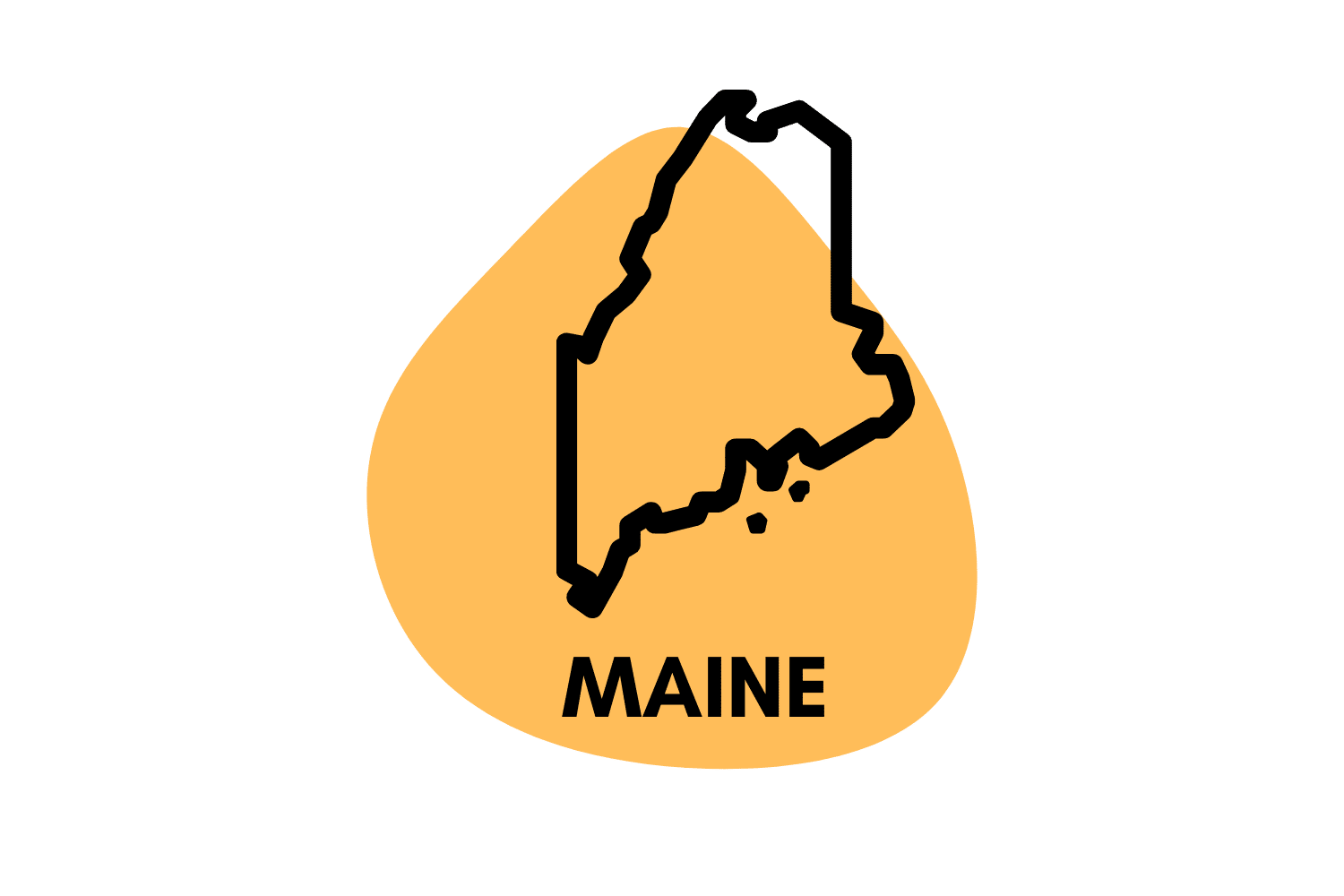
Maine Drug Laws
Psychoactive substances that are currently legal in Maine include:
- Marijuana (medical use)
- Marijuana (recreational use)
- Delta 8 THC
- Delta 10 THC
- Kratom
- Ketamine (medical use)
- Benzodiazepines (medical use)
Psychoactive substances that are currently illegal in Maine include:
- Magic Mushrooms (psilocybin)
- DMT and ayahuasca
- Mescaline or peyote
- LSD & other lysergamides
- 2C-X drugs
- Amphetamines (Aside from approved prescription drugs)
- PCP and other arylcyclohexylamines
- Synthetic cannabinoids
- MDMA or ecstasy
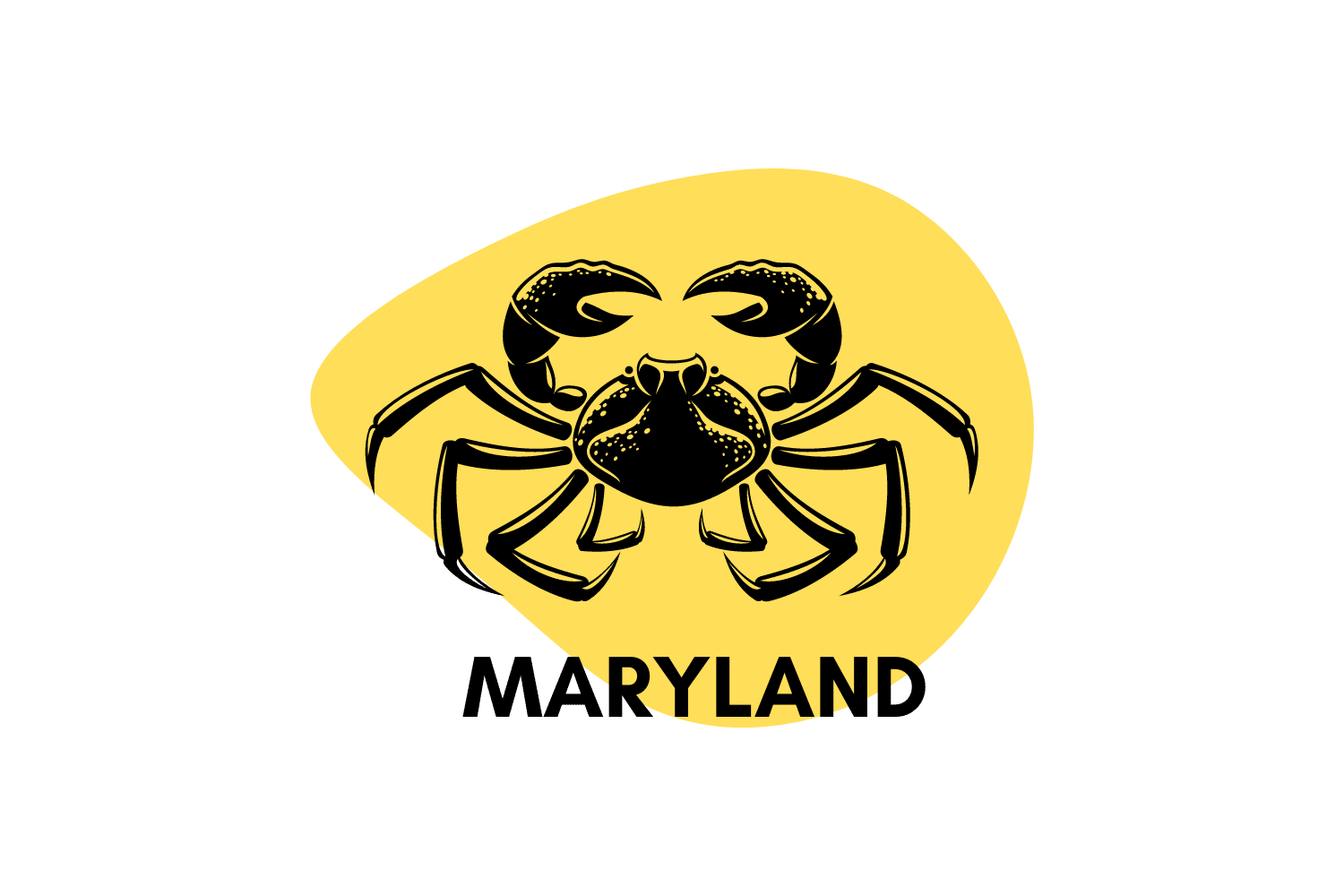
Maryland Drug Laws
Psychoactive substances that are currently legal in Maryland include:
- Marijuana (medical use)
- Delta 10 THC
- Kratom
- Ketamine (medical use)
- Benzodiazepines (medical use)
Psychoactive substances that are currently illegal in Maryland include:
- Delta 8 THC
- Magic Mushrooms (psilocybin)
- DMT and ayahuasca
- Mescaline or peyote
- LSD & other lysergamides
- 2C-X drugs
- Amphetamines (Aside from approved prescription drugs)
- PCP and other arylcyclohexylamines
- Synthetic cannabinoids
- MDMA or ecstasy
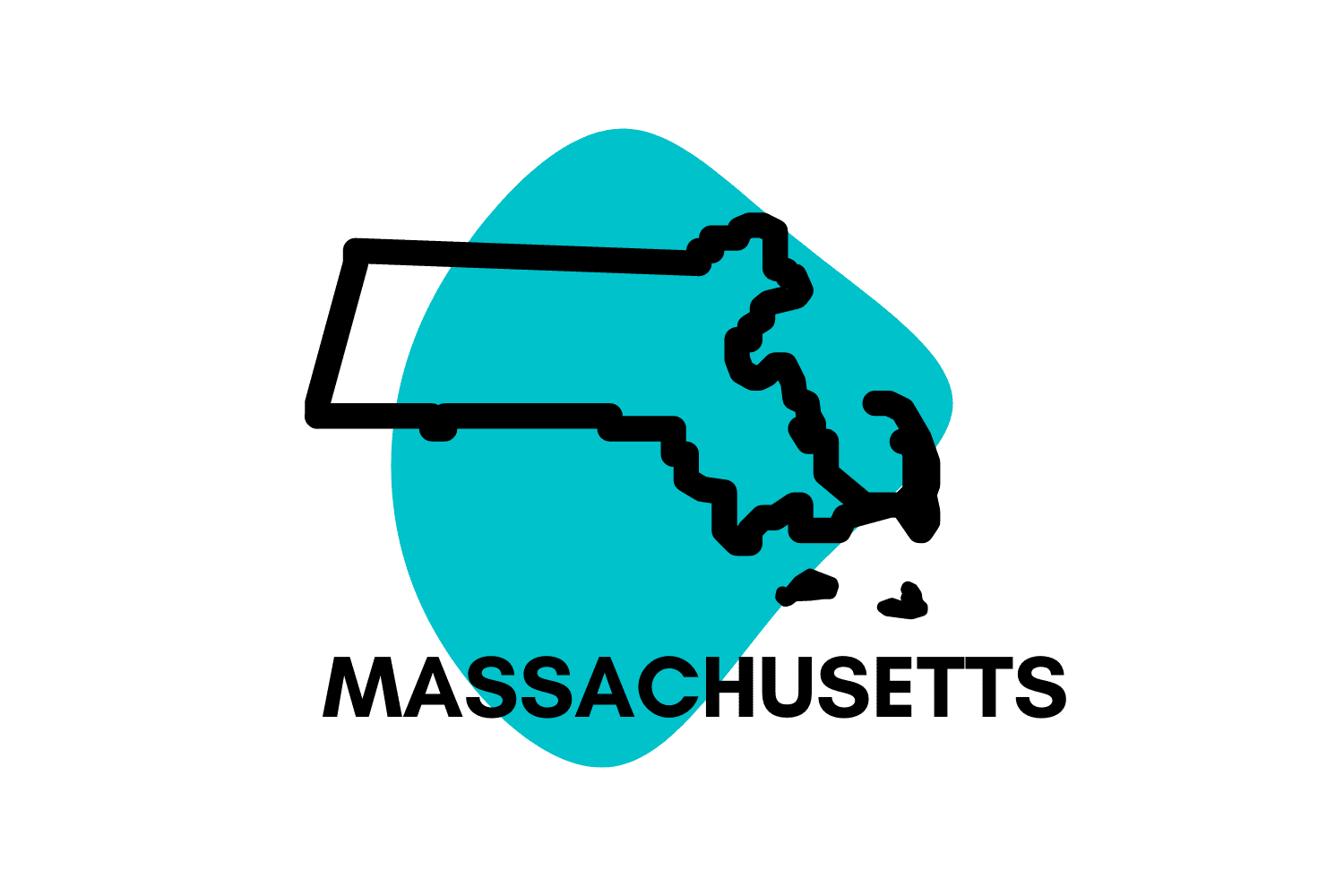
Massachusetts Drug Laws
Psychoactive substances that are currently legal in Massachusetts include:
- Marijuana (medical use)
- Marijuana (recreational use)
- Magic Mushrooms (decriminalized in select municipalities)
- Delta 10 THC
- Kratom
- Ketamine (medical use)
- Benzodiazepines (medical use)
Psychoactive substances that are currently illegal in Massachusetts include:
- Delta 8 THC
- Magic Mushrooms (psilocybin) (in most municipalities)
- DMT and ayahuasca
- Mescaline or peyote
- LSD & other lysergamides
- 2C-X drugs
- Amphetamines (Aside from approved prescription drugs)
- PCP and other arylcyclohexylamines
- Synthetic cannabinoids
- MDMA or ecstasy
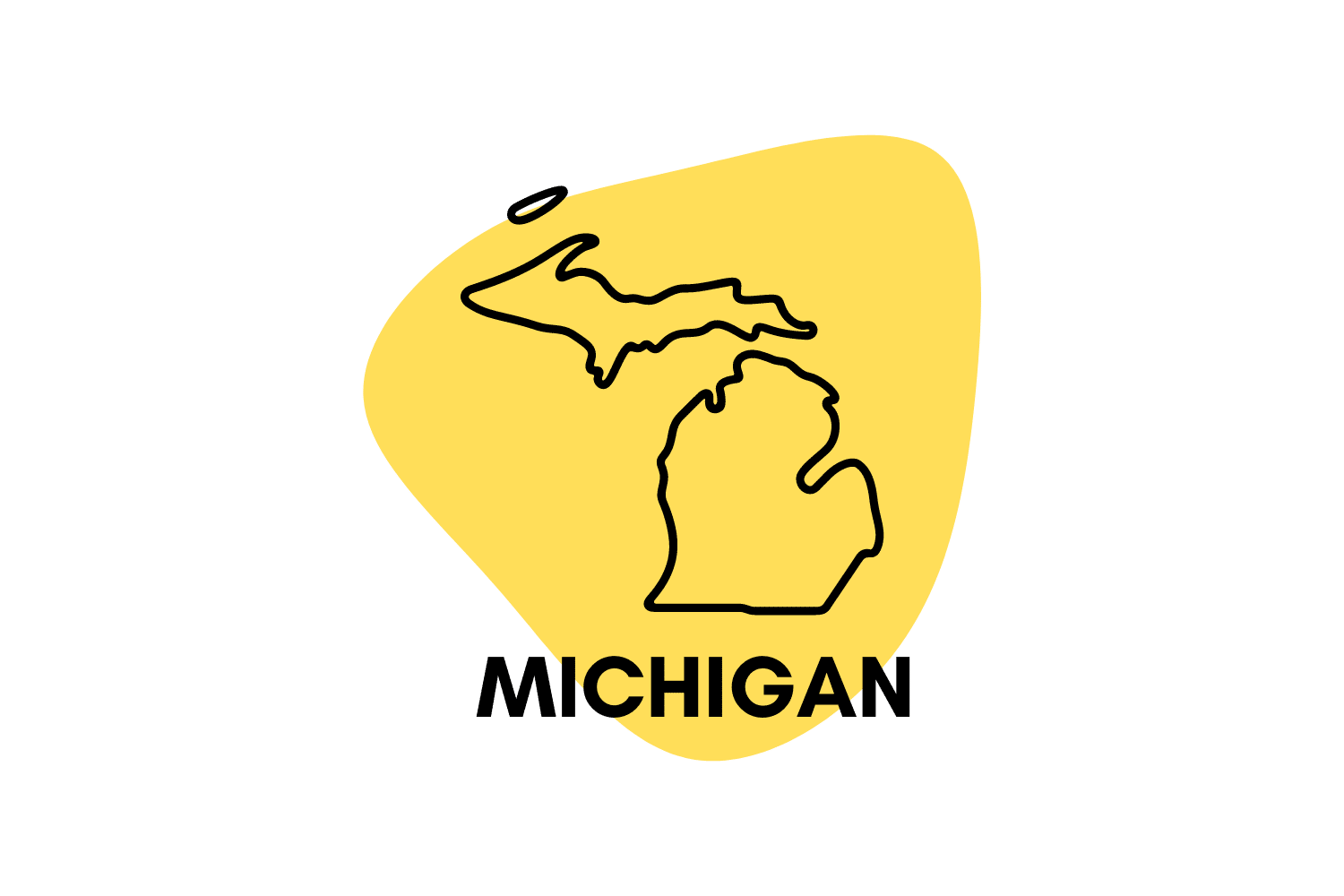
Michigan Drug Laws
Psychoactive substances that are currently legal or decriminalized in Michigan include:
- Marijuana (medical use)
- Marijuana (recreational use)
- Magic Mushrooms (decriminalized in select municipalities)
- Delta 10 THC
- Kratom
- Ketamine (medical use)
- Benzodiazepines (medical use)
Psychoactive substances that are currently illegal in Michigan include:
- Delta 8 THC
- Magic Mushrooms (psilocybin) (in most municipalities)
- DMT and ayahuasca
- Mescaline or peyote
- LSD & other lysergamides
- 2C-X drugs
- Amphetamines (Aside from approved prescription drugs)
- PCP and other arylcyclohexylamines
- Synthetic cannabinoids
- MDMA or ecstasy
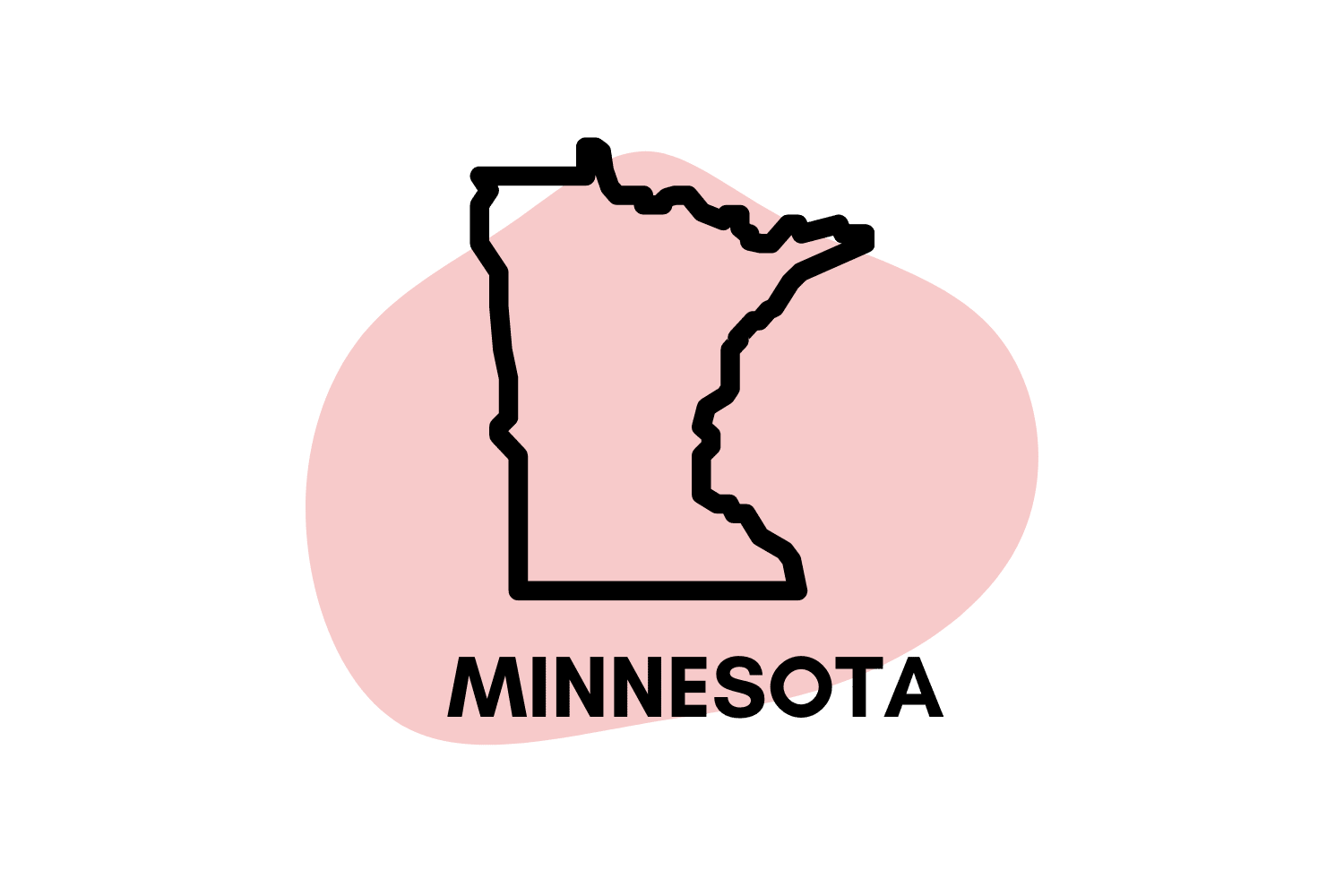
Minnesota Drug Laws
Psychoactive substances that are currently legal in Minnesota include:
- Marijuana (medical use)
- Delta 8 THC
- Delta 10 THC
- Kratom
- Ketamine (medical use)
- Benzodiazepines (medical use)
Psychoactive substances that are currently illegal in Minnesota include:
- Magic Mushrooms (psilocybin)
- DMT and ayahuasca
- Mescaline or peyote
- LSD & other lysergamides
- 2C-X drugs
- Amphetamines (Aside from approved prescription drugs)
- PCP and other arylcyclohexylamines
- Synthetic cannabinoids
- MDMA or ecstasy
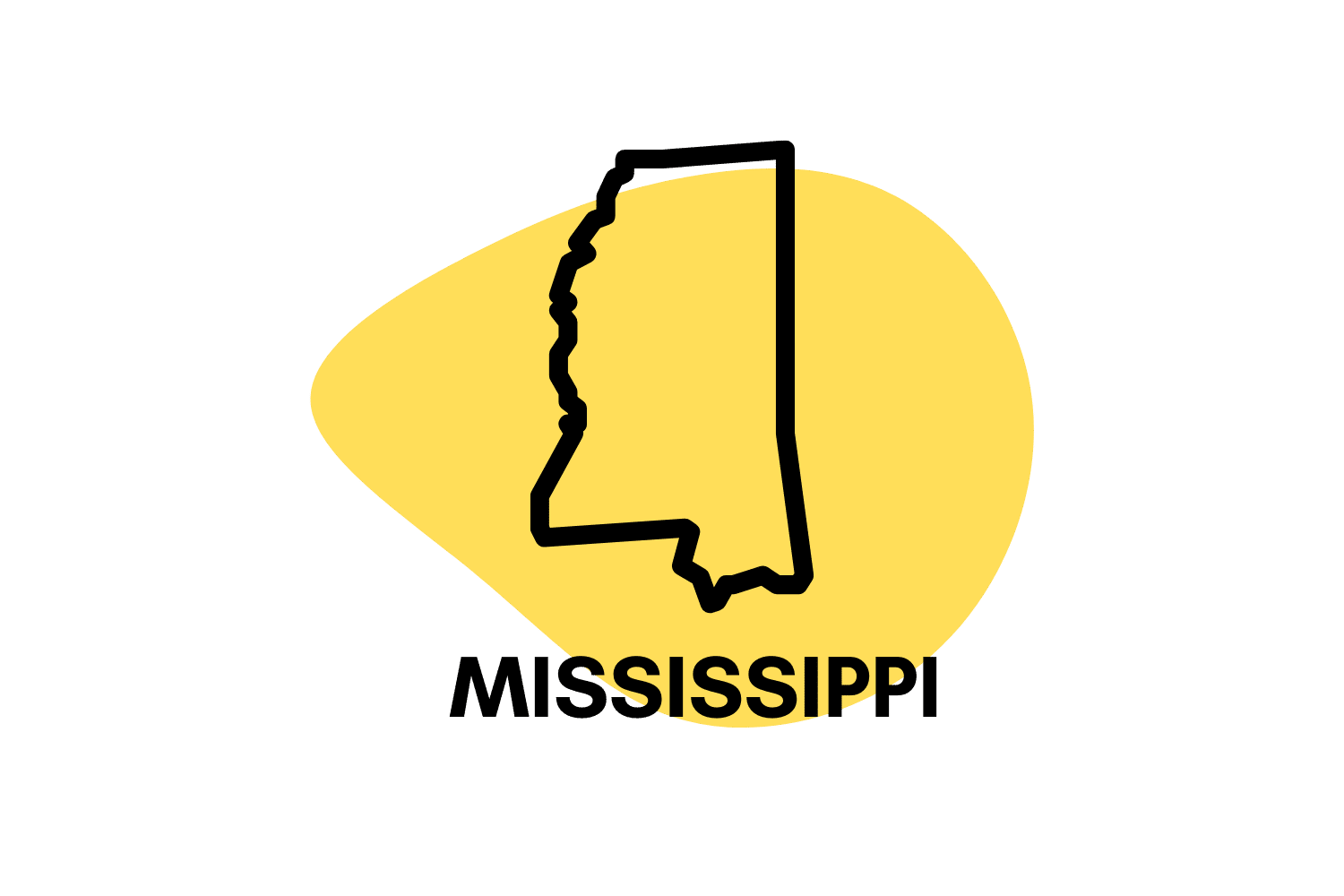
Mississippi Drug Laws
Psychoactive substances that are currently legal in Mississippi include:
- Marijuana (medical use)
- Kratom
- Ketamine (medical use)
- Benzodiazepines (medical use)
Psychoactive substances that are currently illegal in Mississippi include:
- Delta 8 THC
- Delta 10 THC
- Magic Mushrooms (psilocybin)
- DMT and ayahuasca
- Mescaline or peyote
- LSD & other lysergamides
- 2C-X drugs
- Amphetamines (Aside from approved prescription drugs)
- PCP and other arylcyclohexylamines
- Synthetic cannabinoids
- MDMA or ecstasy
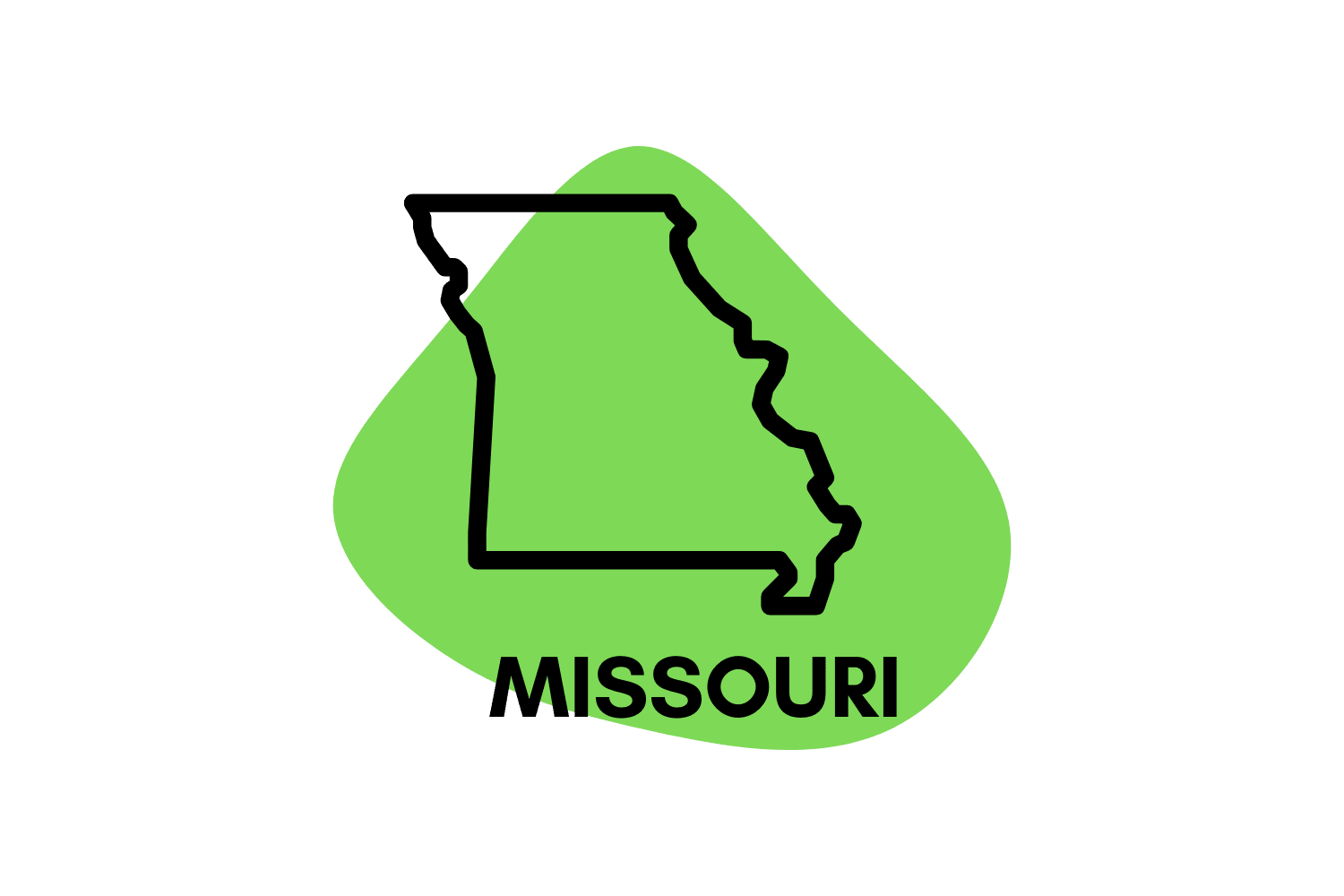
Missouri Drug Laws
Psychoactive substances that are currently legal in Missouri include:
- Marijuana (medical use)
- Delta 8 THC
- Delta 10 THC
- Kratom
- Ketamine (medical use)
- Benzodiazepines (medical use)
Psychoactive substances that are currently illegal in Missouri include:
- Magic Mushrooms (psilocybin)
- DMT and ayahuasca
- Mescaline or peyote
- LSD & other lysergamides
- 2C-X drugs
- Amphetamines (Aside from approved prescription drugs)
- PCP and other arylcyclohexylamines
- Synthetic cannabinoids
- MDMA or ecstasy
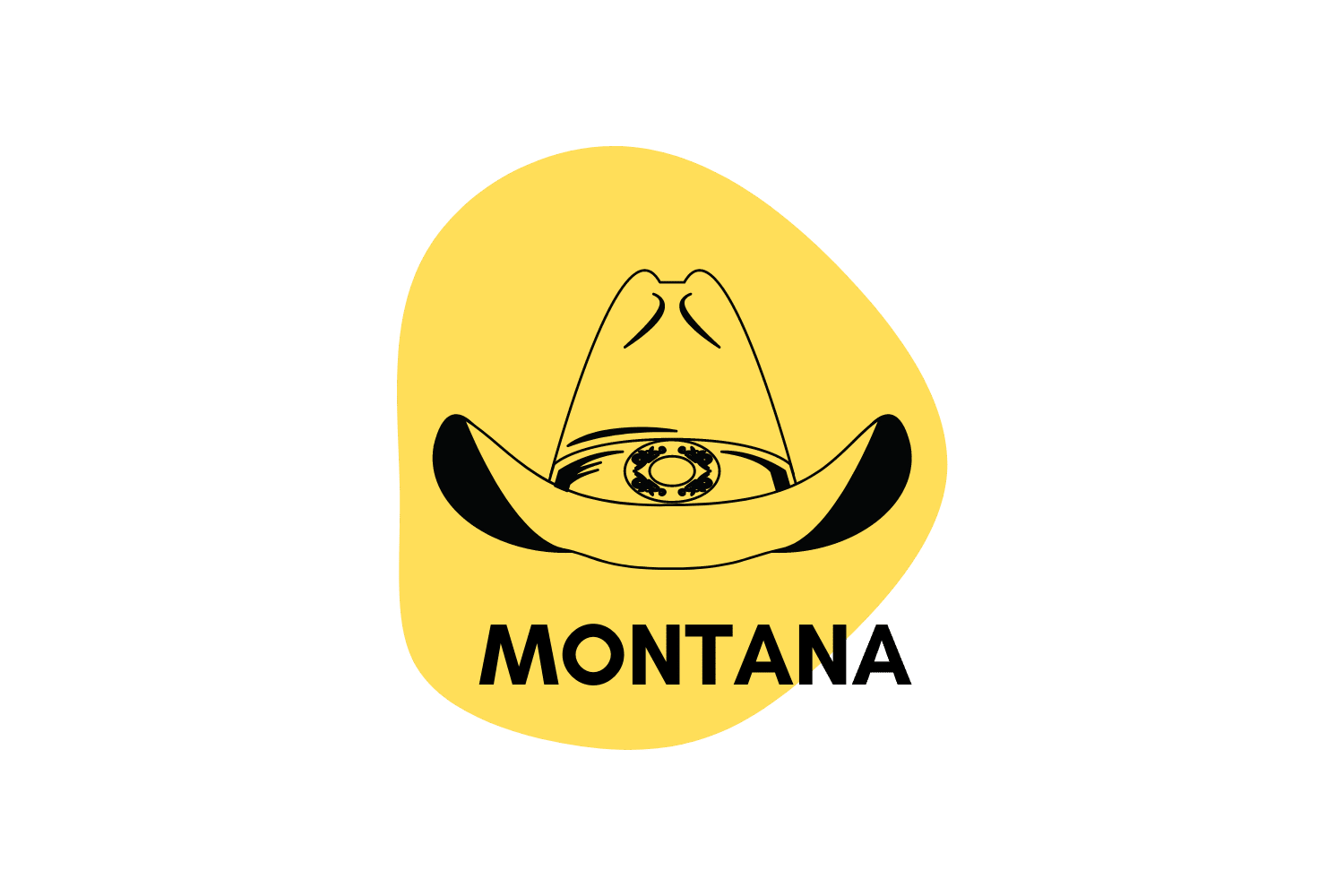
Montana Drug Laws
Psychoactive substances that are currently legal in Montana include:
- Marijuana (medical use)
- Marijuana (recreational use)
- Kratom
- Ketamine (medical use)
- Benzodiazepines (medical use)
Psychoactive substances that are currently illegal in Montana include:
- Delta 8 THC
- Delta 10 THC
- Magic Mushrooms (psilocybin)
- DMT and ayahuasca
- Mescaline or peyote
- LSD & other lysergamides
- 2C-X drugs
- Amphetamines (Aside from approved prescription drugs)
- PCP and other arylcyclohexylamines
- Synthetic cannabinoids
- MDMA or ecstasy
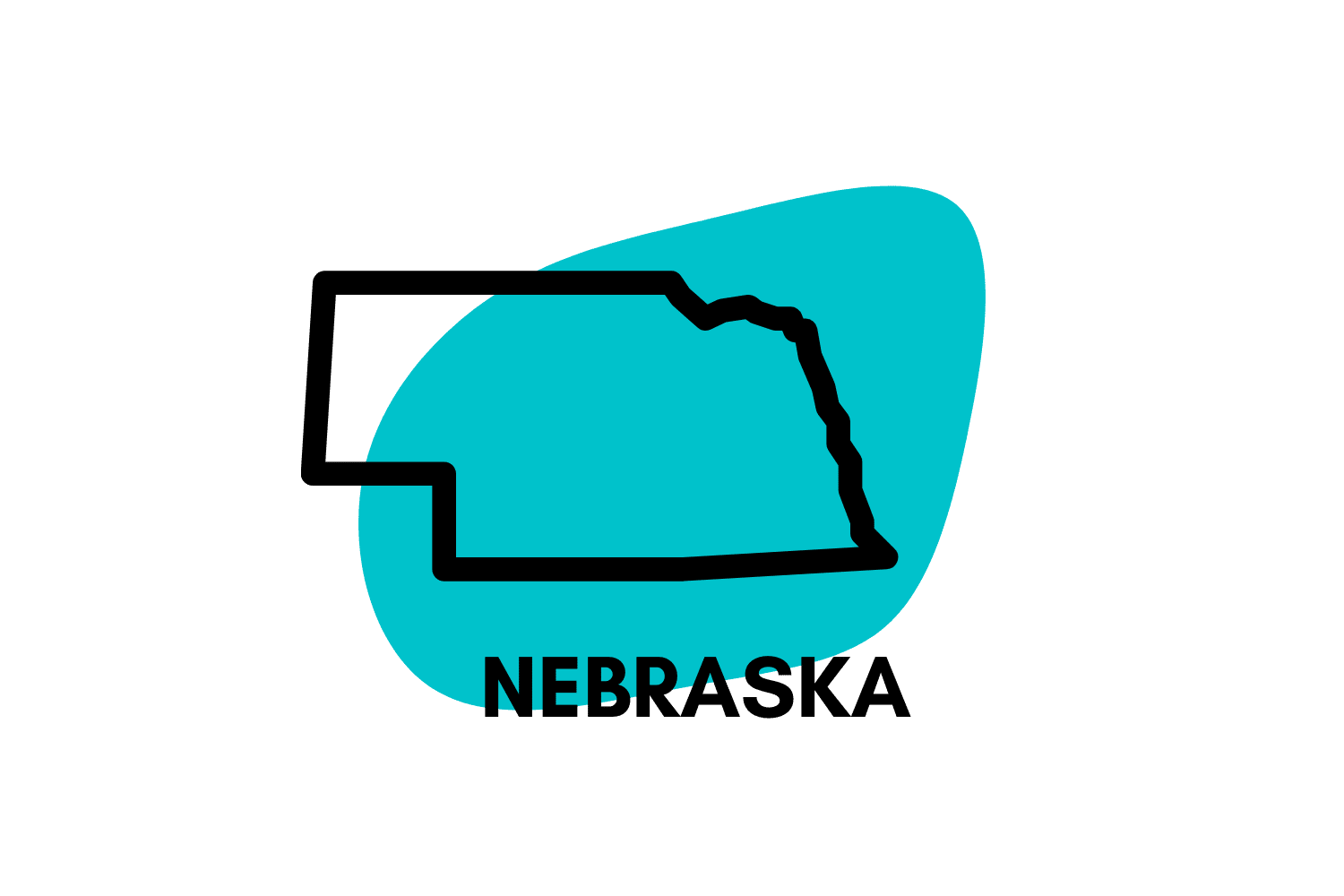
Nebraska Drug Laws
Psychoactive substances that are currently legal in Nebraska include:
- Delta 8 THC
- Delta 10 THC
- Kratom
- Ketamine (medical use)
- Benzodiazepines (medical use)
Psychoactive substances that are currently illegal in Nebraska include:
- Marijuana (medical use)
- Marijuana (recreational use)
- Magic Mushrooms (psilocybin)
- DMT and ayahuasca
- Mescaline or peyote
- LSD & other lysergamides
- 2C-X drugs
- Amphetamines (Aside from approved prescription drugs)
- PCP and other arylcyclohexylamines
- Synthetic cannabinoids
- MDMA or ecstasy
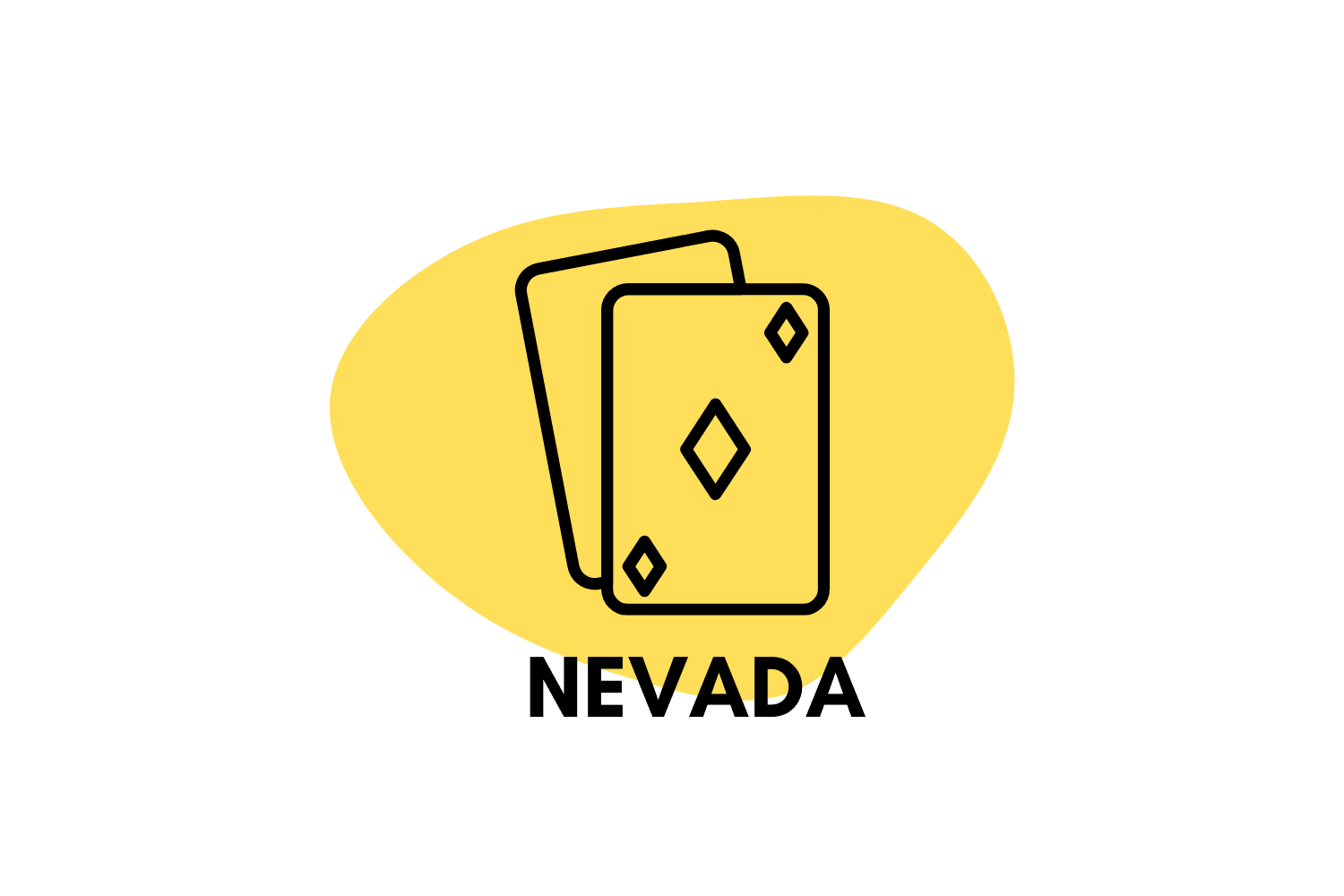
Nevada Drug Laws
Psychoactive substances that are currently legal in Nevada include:
- Marijuana (medical use)
- Marijuana (recreational use)
- Kratom
- Ketamine (medical use)
- Benzodiazepines (medical use)
Psychoactive substances that are currently illegal in Nevada include:
- Delta 8 THC
- Delta 10 THC
- Magic Mushrooms (psilocybin)
- DMT and ayahuasca
- Mescaline or peyote
- LSD & other lysergamides
- 2C-X drugs
- Amphetamines (Aside from approved prescription drugs)
- PCP and other arylcyclohexylamines
- Synthetic cannabinoids
- MDMA or ecstasy
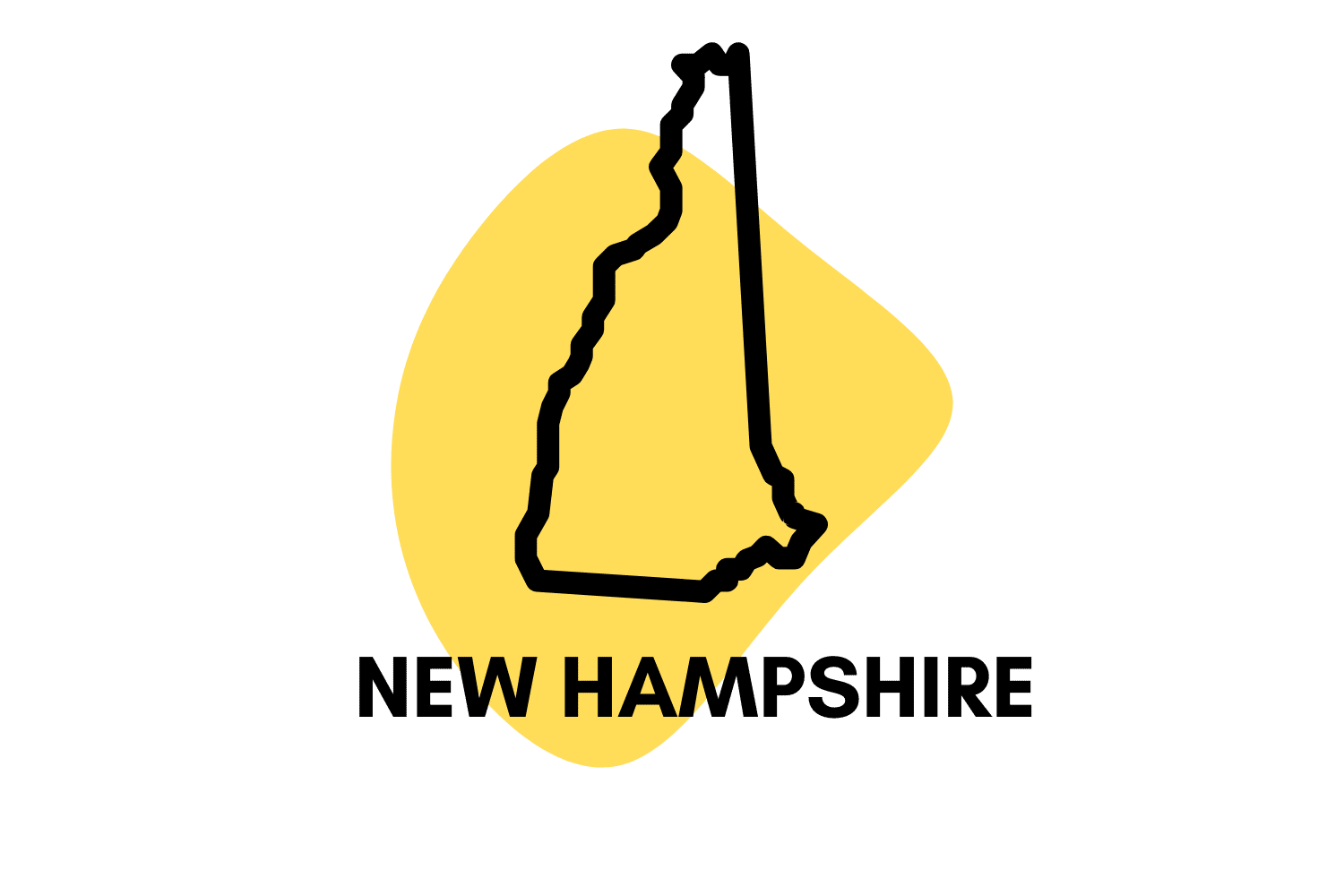
New Hampshire Drug Laws
Psychoactive substances that are currently legal in New Hampshire include:
- Marijuana (medical use)
- Delta 8 THC
- Delta 10 THC
- Kratom
- Ketamine (medical use)
- Benzodiazepines (medical use)
Psychoactive substances that are currently illegal in New Hampshire include:
- Magic Mushrooms (psilocybin)
- DMT and ayahuasca
- Mescaline or peyote
- LSD & other lysergamides
- 2C-X drugs
- Amphetamines (Aside from approved prescription drugs)
- PCP and other arylcyclohexylamines
- Synthetic cannabinoids
- MDMA or ecstasy
- LSD
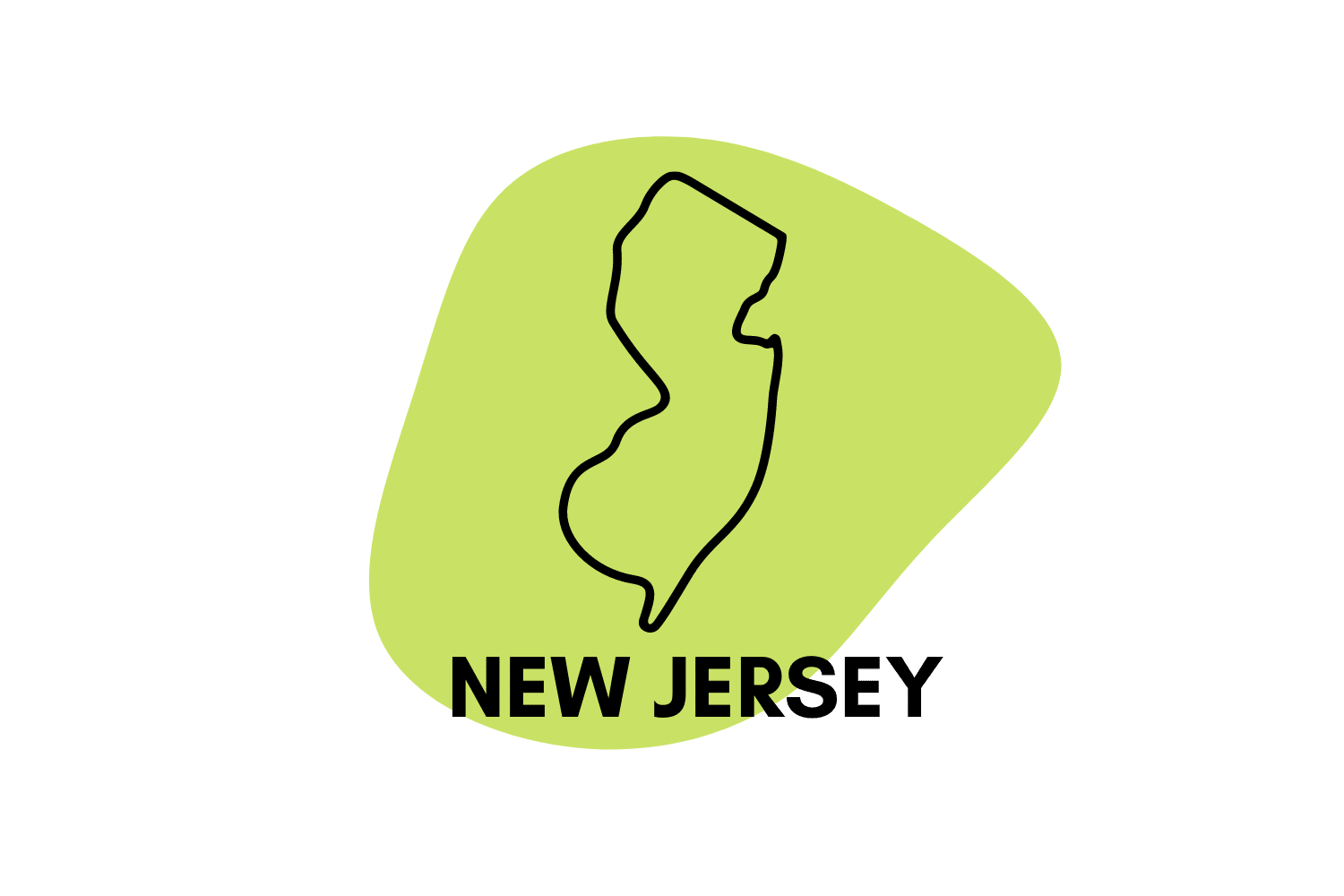
New Jersey Drug Laws
Psychoactive substances that are currently legal in New Jersey include:
- Marijuana (medical use)
- Marijuana (recreational use)
- Delta 8 THC
- Delta 10 THC
- Kratom
- Ketamine (medical use)
- Benzodiazepines (medical use)
Psychoactive substances that are currently illegal in New Jersey include:
- Magic Mushrooms (psilocybin)
- DMT and ayahuasca
- Mescaline or peyote
- Ketamine
- MDMA or ecstasy
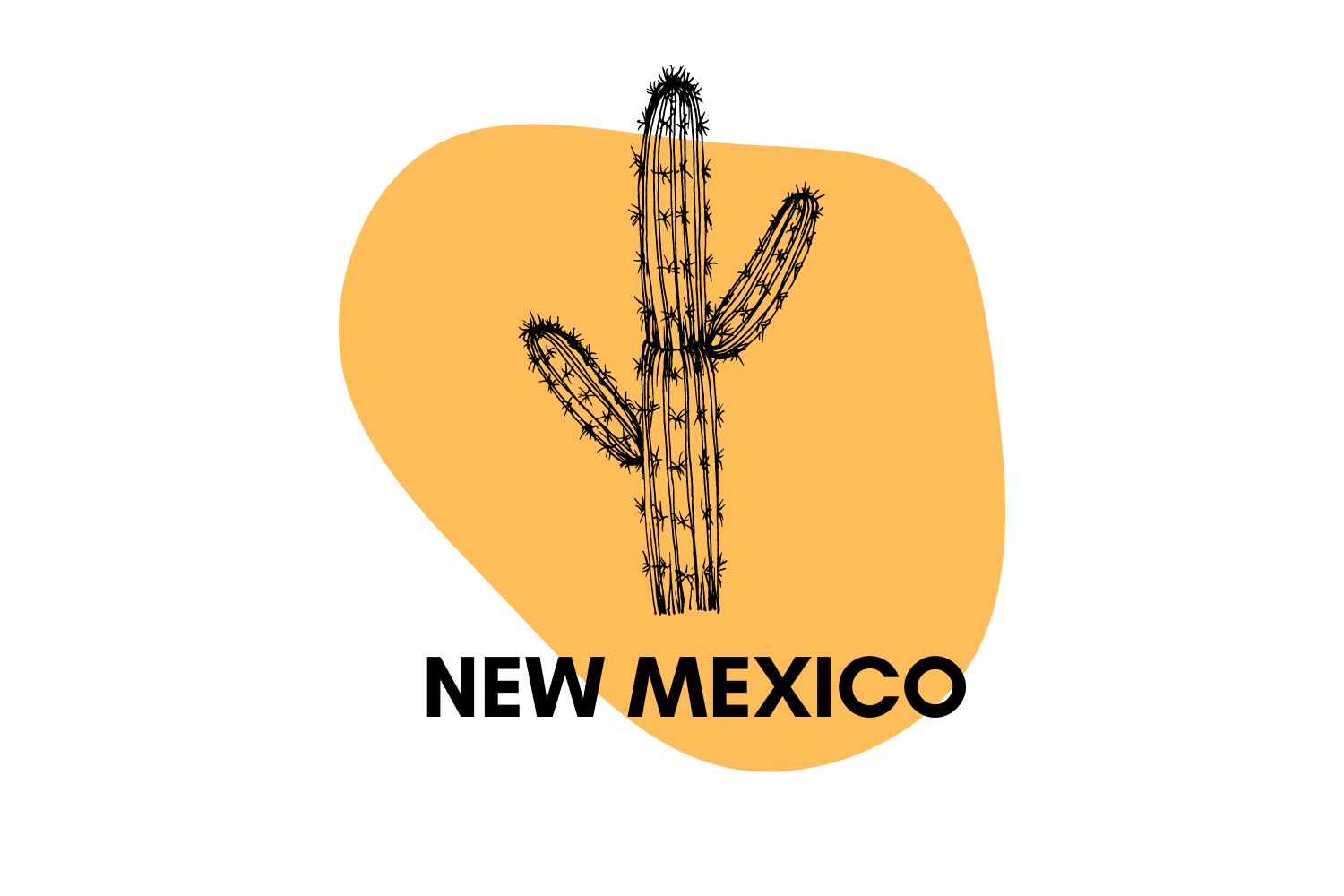
New Mexico Drug Laws
Psychoactive substances that are currently legal in New Mexico include:
- Marijuana (medical use)
- Delta 8 THC
- Delta 10 THC
- Kratom
- Ketamine (medical use)
- Benzodiazepines (medical use)
Psychoactive substances that are currently illegal in New Mexico include:
- Magic Mushrooms (psilocybin)
- DMT and ayahuasca
- Mescaline or peyote
- LSD & other lysergamides
- 2C-X drugs
- Amphetamines (Aside from approved prescription drugs)
- PCP and other arylcyclohexylamines
- Synthetic cannabinoids
- MDMA or ecstasy
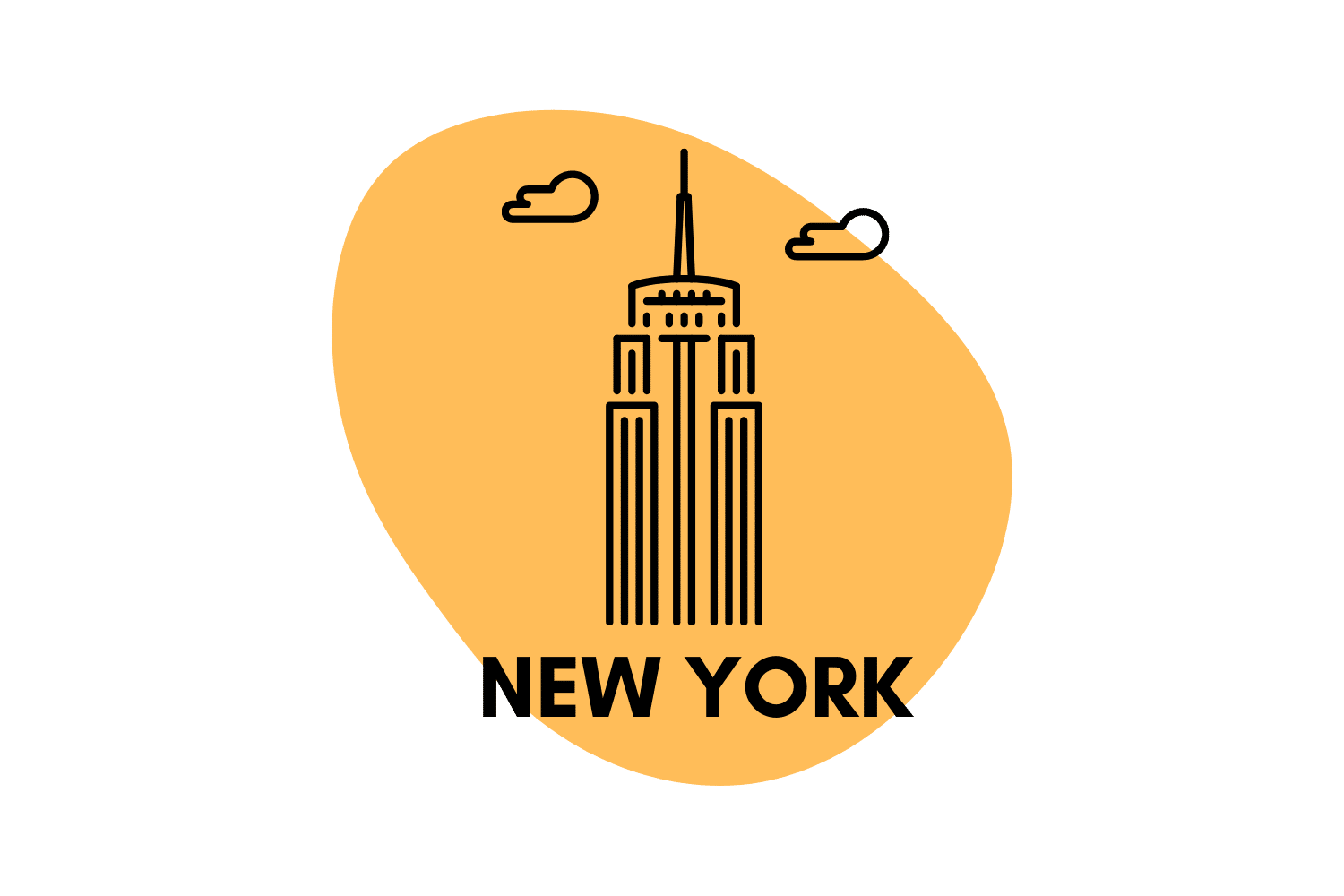
New York Drug Laws
Psychoactive substances that are currently legal in New York include:
- Marijuana (medical use)
- Marijuana (recreational use)
- Delta 10 THC
- Kratom
- Ketamine (medical use)
- Benzodiazepines (medical use)
Psychoactive substances that are currently illegal in New York include:
- Delta 8 THC
- Magic Mushrooms (psilocybin)
- DMT and ayahuasca
- Mescaline or peyote
- LSD & other lysergamides
- 2C-X drugs
- Amphetamines (Aside from approved prescription drugs)
- PCP and other arylcyclohexylamines
- Synthetic cannabinoids
- MDMA or ecstasy
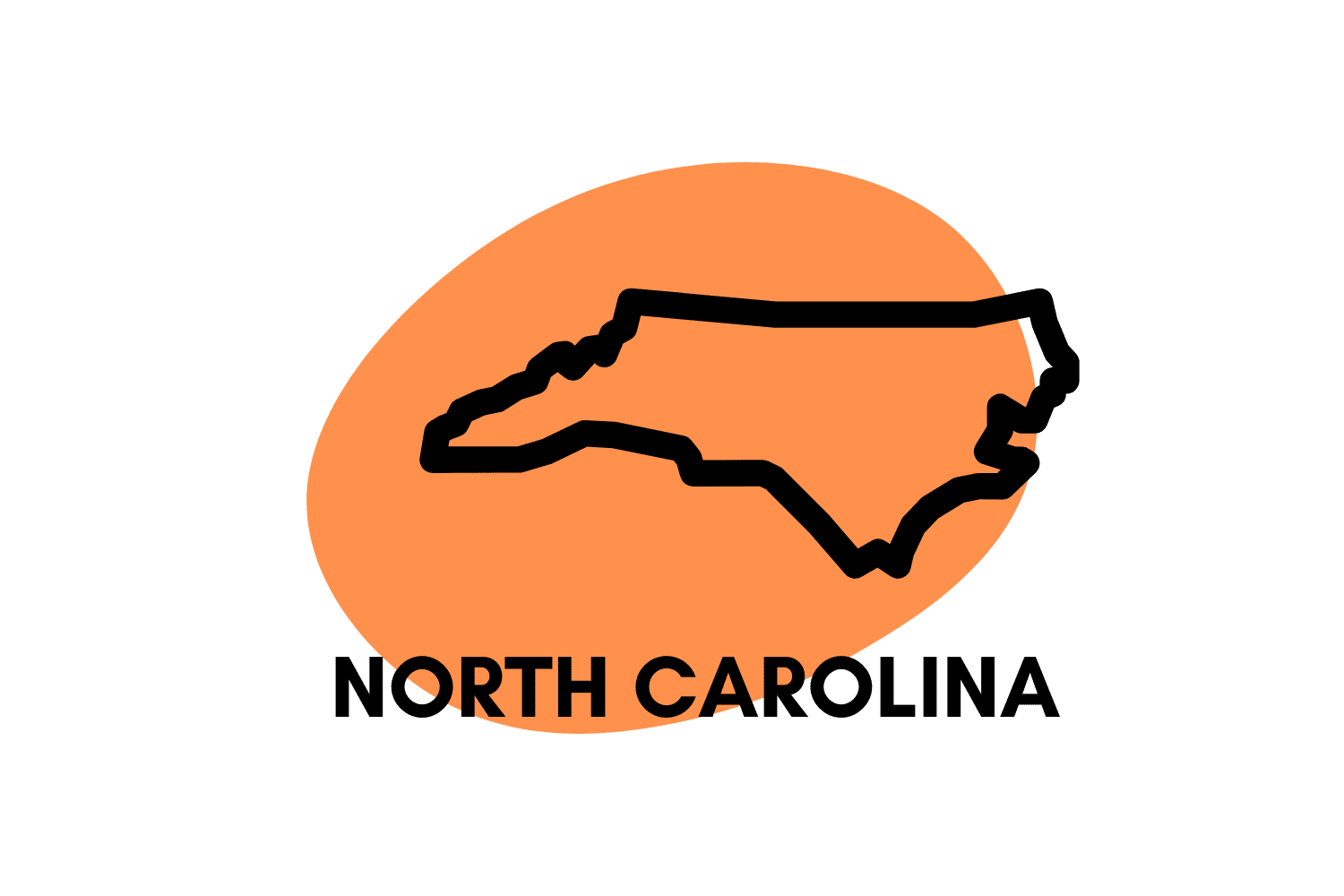
North Carolina Drug Laws
Psychoactive substances that are currently legal in North Carolina include:
- Delta 10 THC
- Kratom
- Ketamine (medical use)
- Benzodiazepines (medical use)
Psychoactive substances that are currently illegal in North Carolina include:
- Marijuana (medical use)
- Marijuana (recreational use)
- Delta 8 THC
- Magic Mushrooms (psilocybin)
- DMT and ayahuasca
- Mescaline or peyote
- LSD & other lysergamides
- 2C-X drugs
- Amphetamines (Aside from approved prescription drugs)
- PCP and other arylcyclohexylamines
- Synthetic cannabinoids
- MDMA or ecstasy
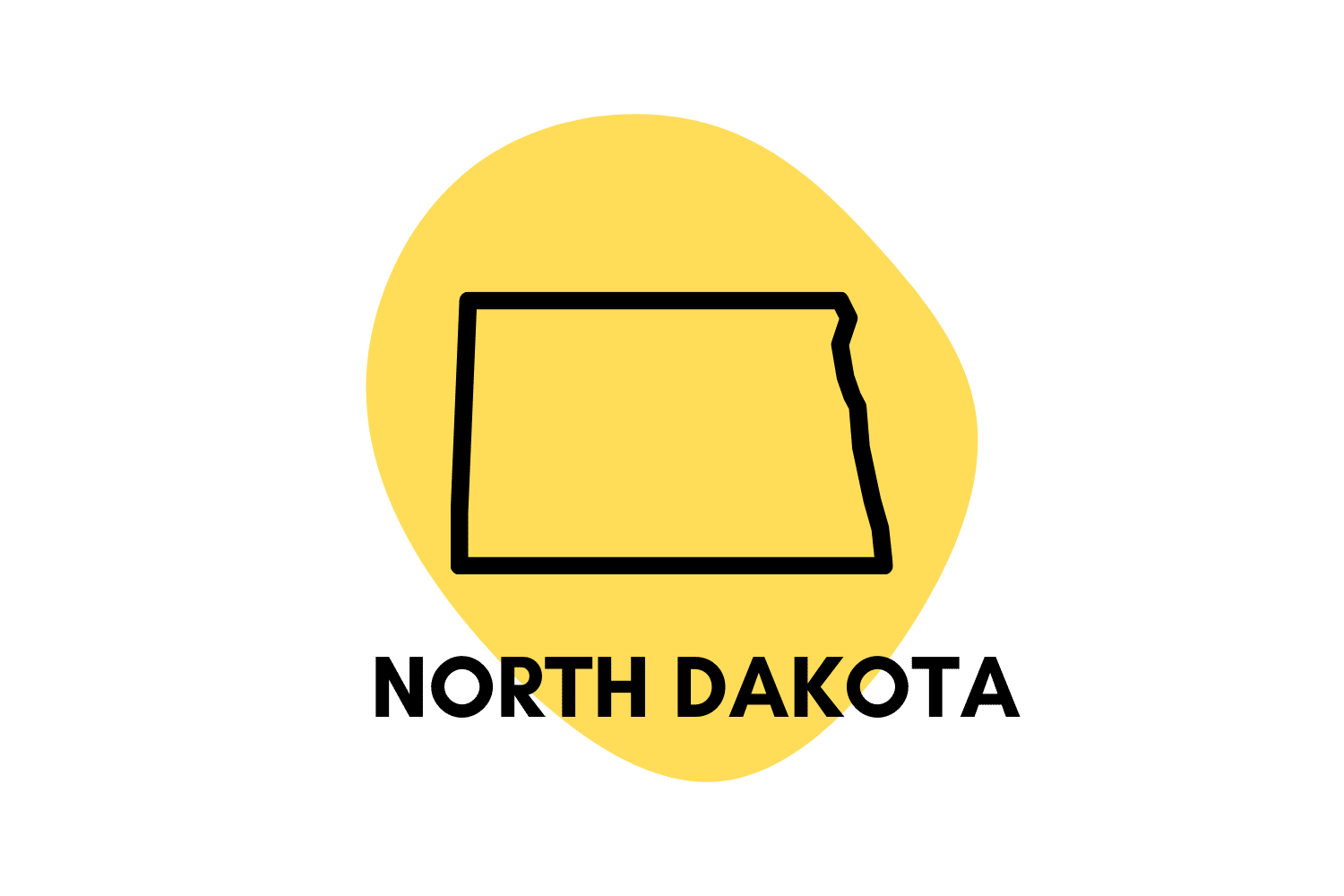
North Dakota Drug Laws
Psychoactive substances that are currently legal in North Dakota include:
- Marijuana (medical use)
- Delta 10 THC
- Kratom
- Ketamine (medical use)
- Benzodiazepines (medical use)
Psychoactive substances that are currently illegal in North Dakota include:
- Delta 8 THC
- Magic Mushrooms (psilocybin)
- DMT and ayahuasca
- Mescaline or peyote
- LSD & other lysergamides
- 2C-X drugs
- Amphetamines (Aside from approved prescription drugs)
- PCP and other arylcyclohexylamines
- Synthetic cannabinoids
- MDMA or ecstasy
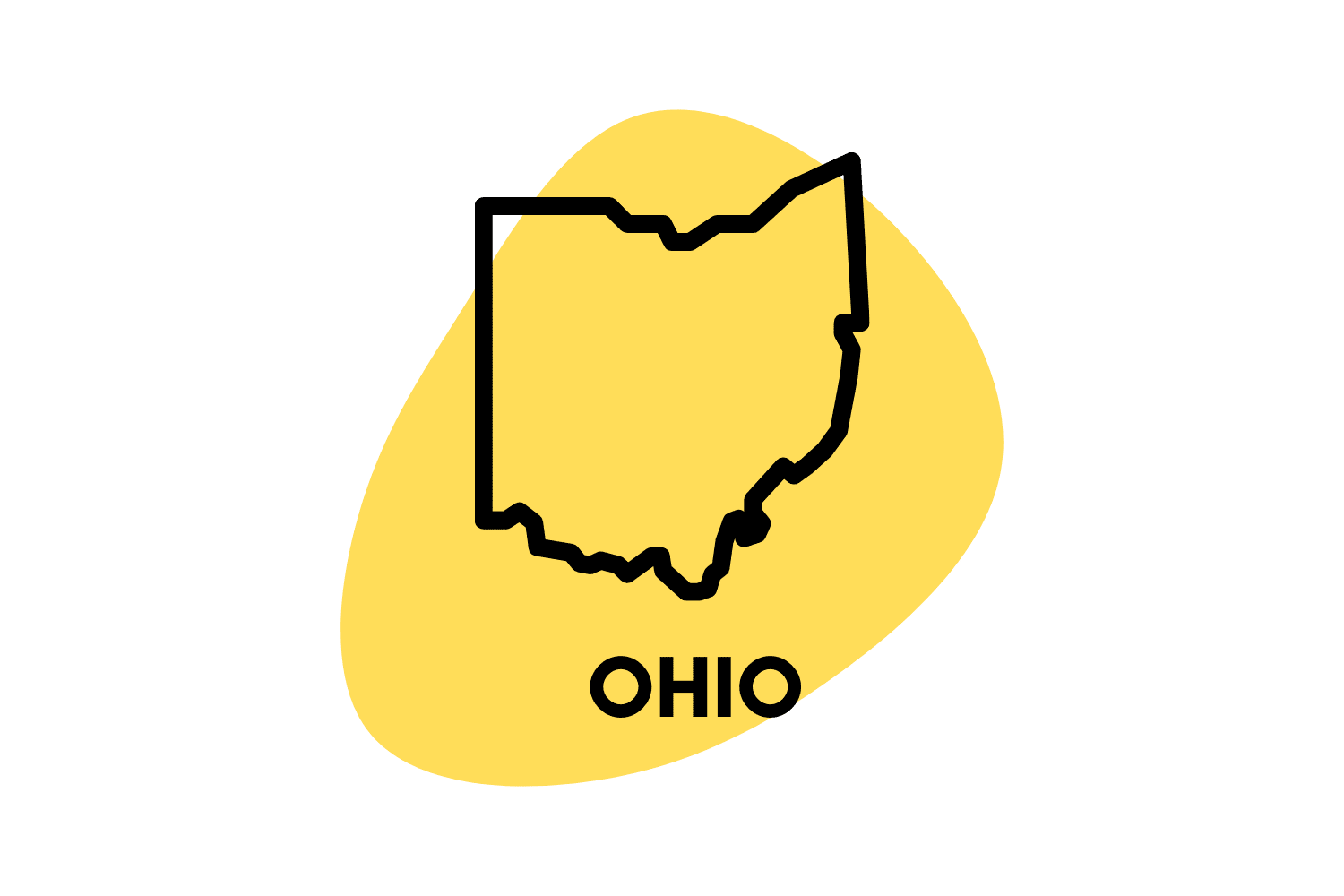
Ohio Drug Laws
Psychoactive substances that are currently legal in Ohio include:
- Marijuana (medical use)
- Delta 8 THC
- Delta 10 THC
- Kratom
- Ketamine (medical use)
- Benzodiazepines (medical use)
Psychoactive substances that are currently illegal in Ohio include:
- Magic Mushrooms (psilocybin)
- DMT and ayahuasca
- Mescaline or peyote
- LSD & other lysergamides
- 2C-X drugs
- Amphetamines (Aside from approved prescription drugs)
- PCP and other arylcyclohexylamines
- Synthetic cannabinoids
- MDMA or ecstasy
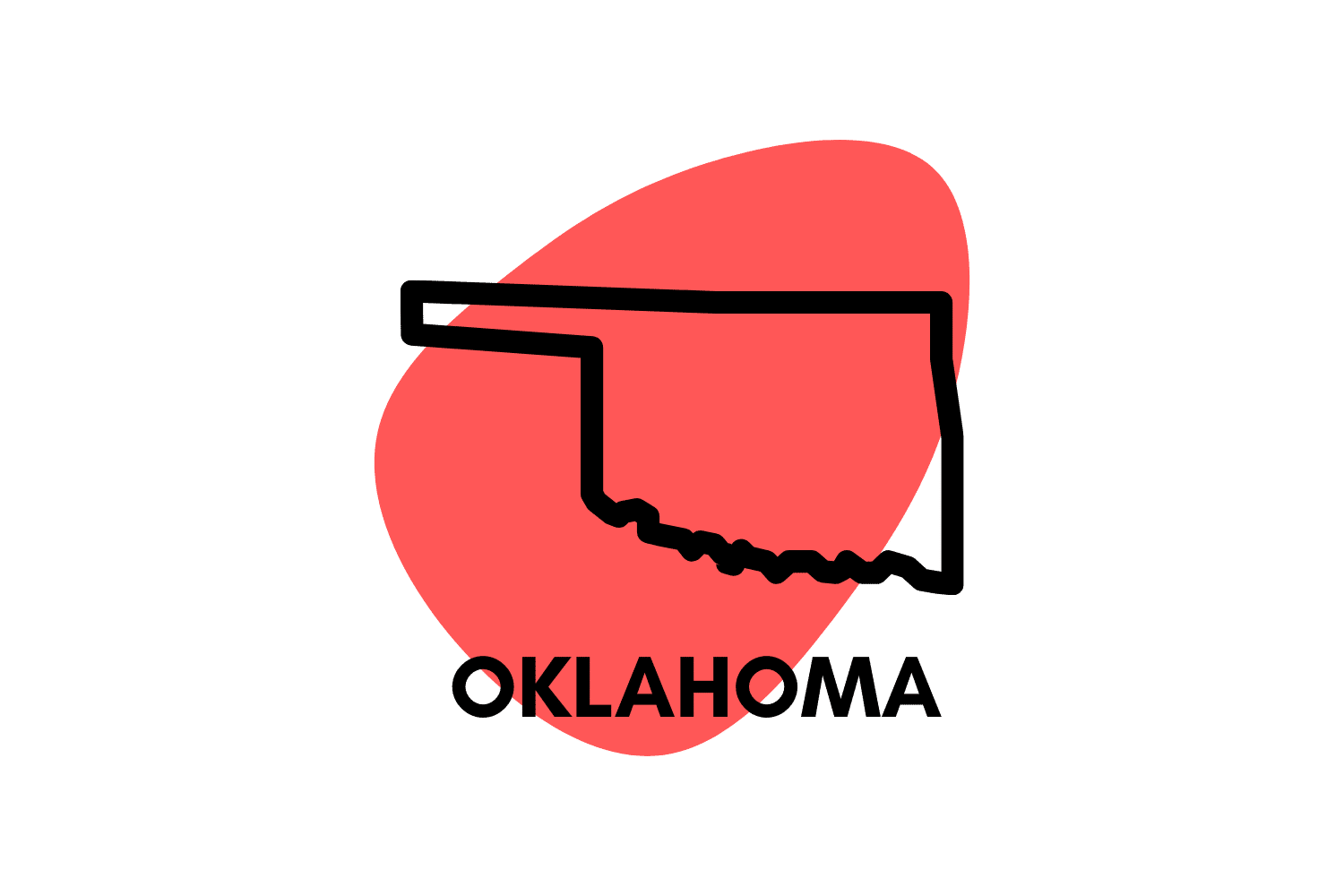
Oklahoma Drug Laws
Psychoactive substances that are currently legal in Oklahoma include:
- Marijuana (medical use)
- Delta 8 THC
- Delta 10 THC
- Kratom
- Ketamine (medical use)
- Benzodiazepines (medical use)
Psychoactive substances that are currently illegal in Oklahoma include:
- Magic Mushrooms (psilocybin)
- DMT and ayahuasca
- Mescaline or peyote
- LSD & other lysergamides
- 2C-X drugs
- Amphetamines (Aside from approved prescription drugs)
- PCP and other arylcyclohexylamines
- Synthetic cannabinoids
- MDMA or ecstasy
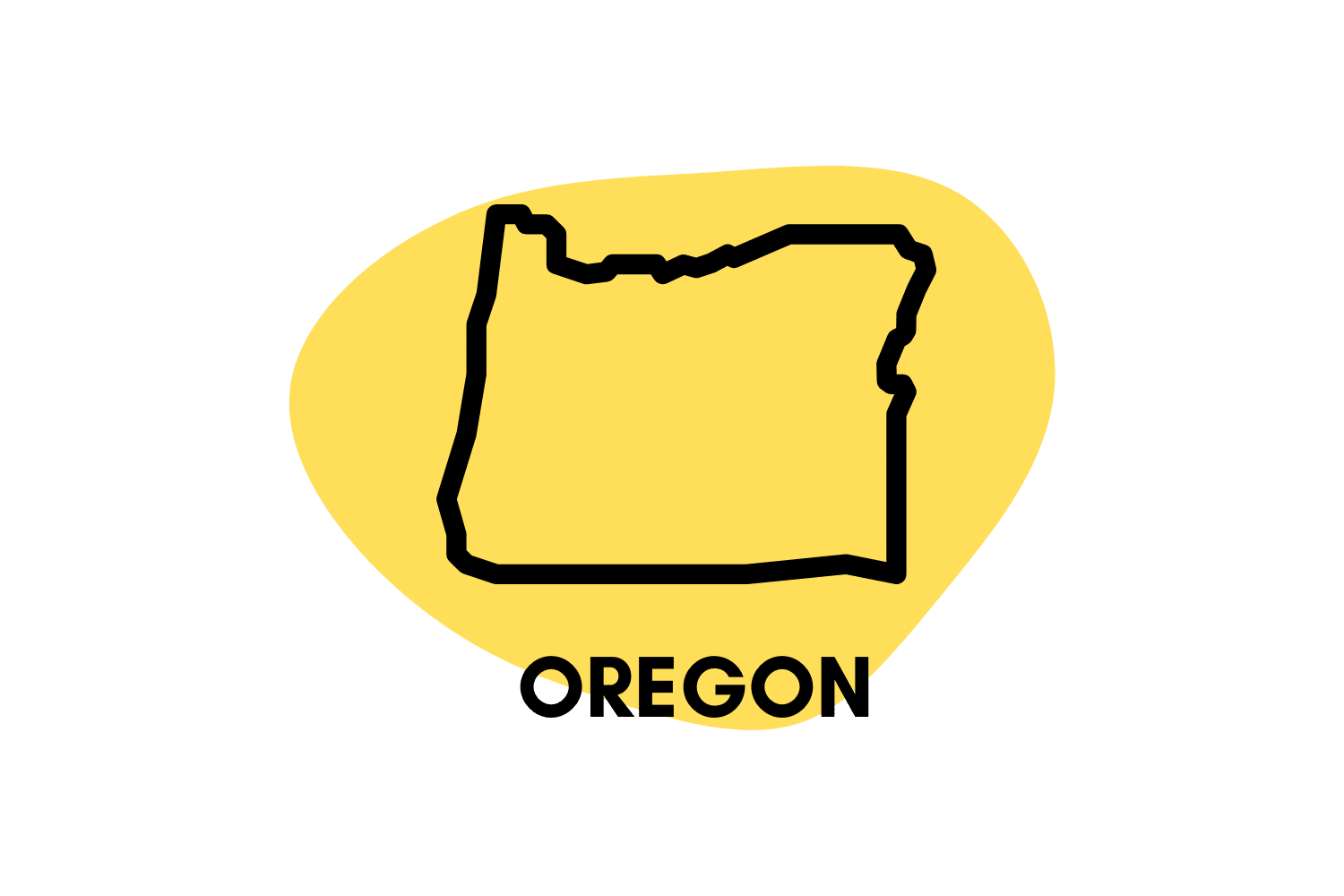
Oregon Drug Laws
Psychoactive substances that are currently legal in Oregon include:
- Marijuana (medical use)
- Marijuana (recreational use)
- Delta 8 THC
- Delta 10 THC
- Kratom
- Ketamine (medical use)
- Benzodiazepines (medical use)
Psychoactive substances that are currently decriminalized in Oregon include:
- Magic Mushrooms (psilocybin)
- DMT and ayahuasca
- Mescaline or peyote
- LSD & other lysergamides
- 2C-X drugs
- Amphetamines (Aside from approved prescription drugs)
- PCP and other arylcyclohexylamines
- Synthetic cannabinoids
- MDMA or ecstasy
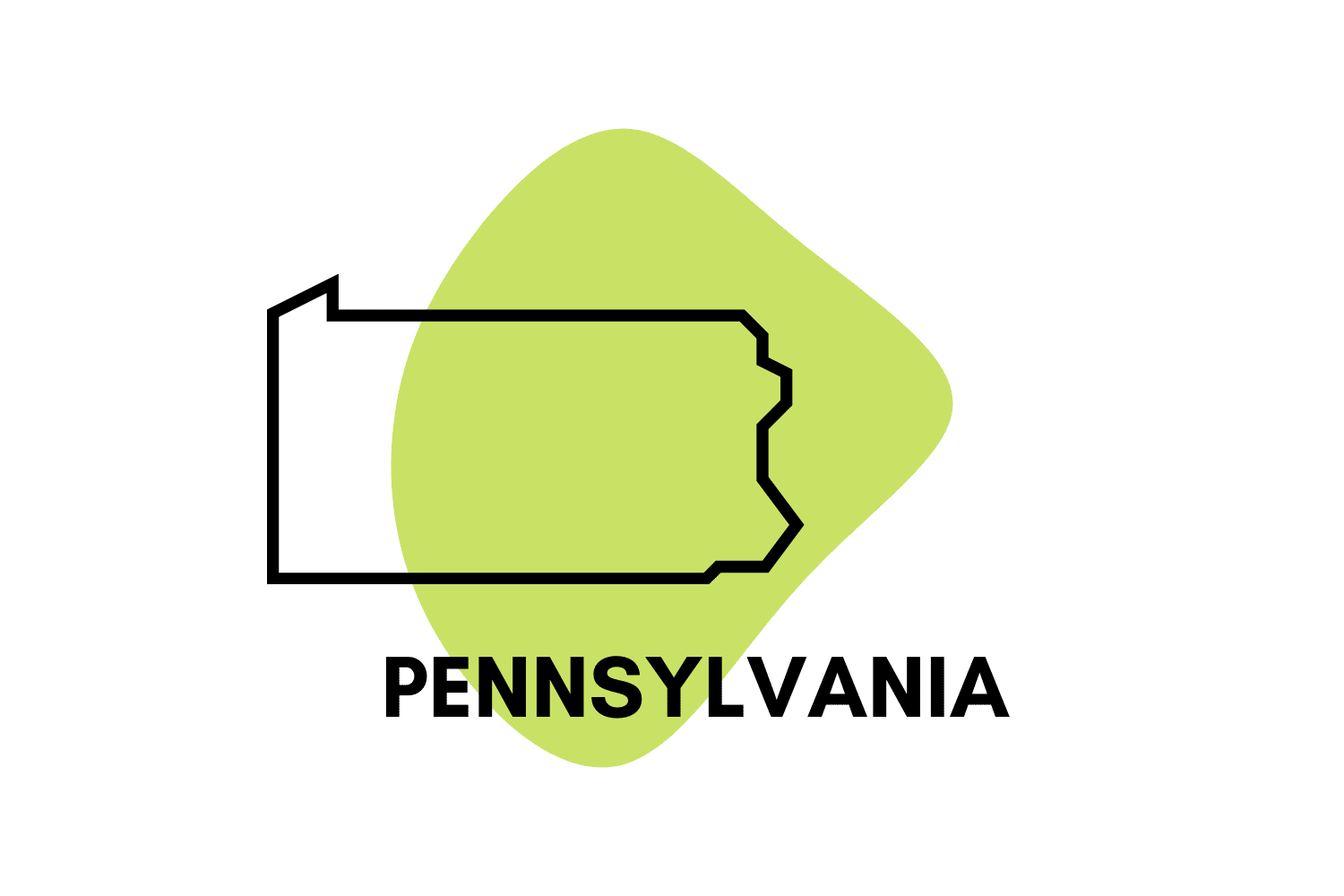
Pennsylvania Drug Laws
Psychoactive substances that are currently legal in Pennsylvania include:
- Marijuana (medical use)
- Delta 8 THC
- Delta 10 THC
- Kratom
- Ketamine (medical use)
- Benzodiazepines (medical use)
Psychoactive substances that are currently illegal in Pennsylvania include:
- Magic Mushrooms (psilocybin)
- DMT and ayahuasca
- Mescaline or peyote
- LSD & other lysergamides
- 2C-X drugs
- Amphetamines (Aside from approved prescription drugs)
- PCP and other arylcyclohexylamines
- Synthetic cannabinoids
- MDMA or ecstasy
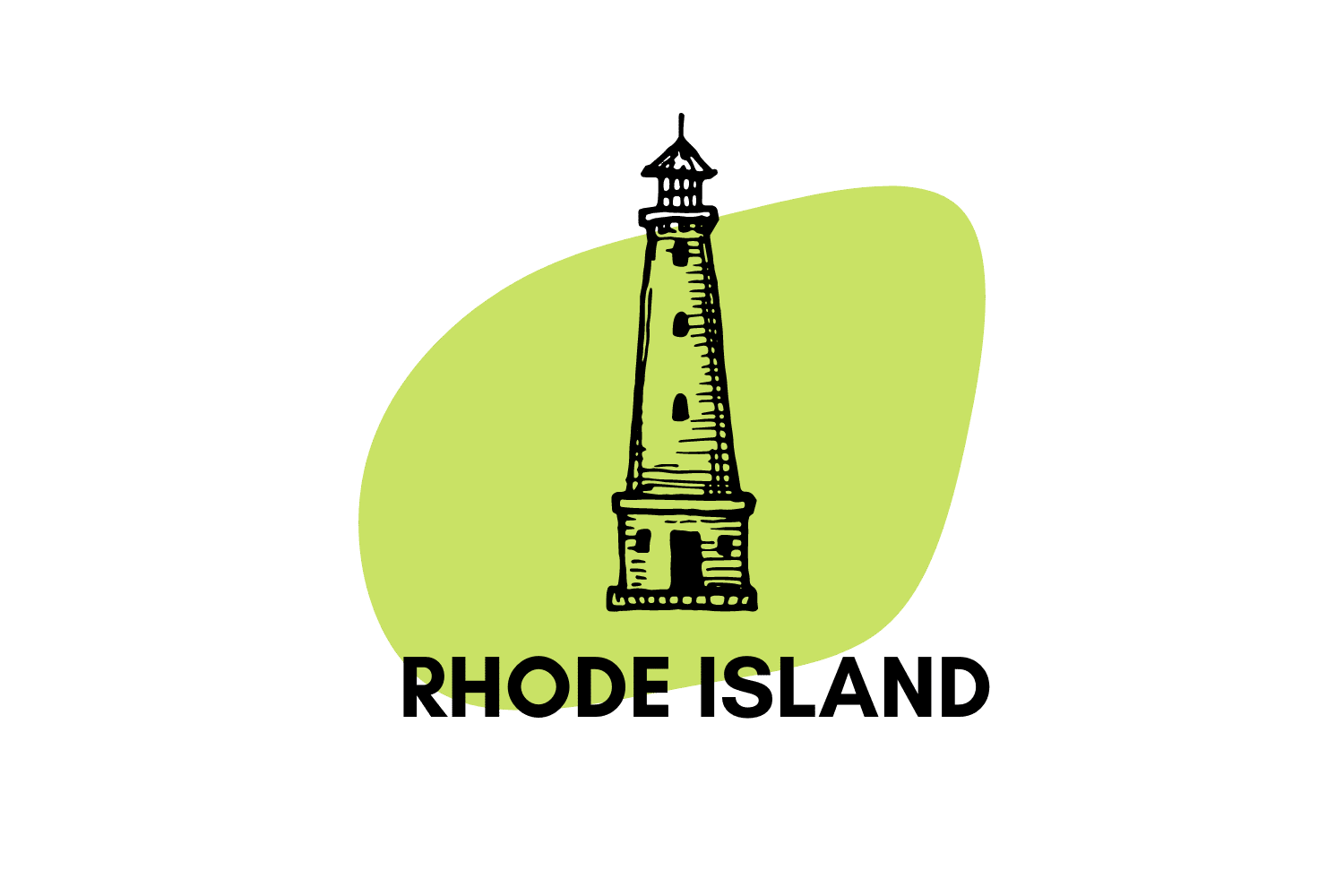
Rhode Island Drug Laws
Psychoactive substances that are currently legal in Rhode Island include:
- Marijuana (medical use)
- Ketamine (medical use)
- Benzodiazepines (medical use)
Psychoactive substances that are currently illegal in Rhode Island include:
- Delta 8 THC
- Delta 10 THC
- Magic Mushrooms (psilocybin)
- DMT and ayahuasca
- Mescaline or peyote
- LSD & other lysergamides
- 2C-X drugs
- Amphetamines (Aside from approved prescription drugs)
- PCP and other arylcyclohexylamines
- Synthetic cannabinoids
- MDMA or ecstasy
- Kratom
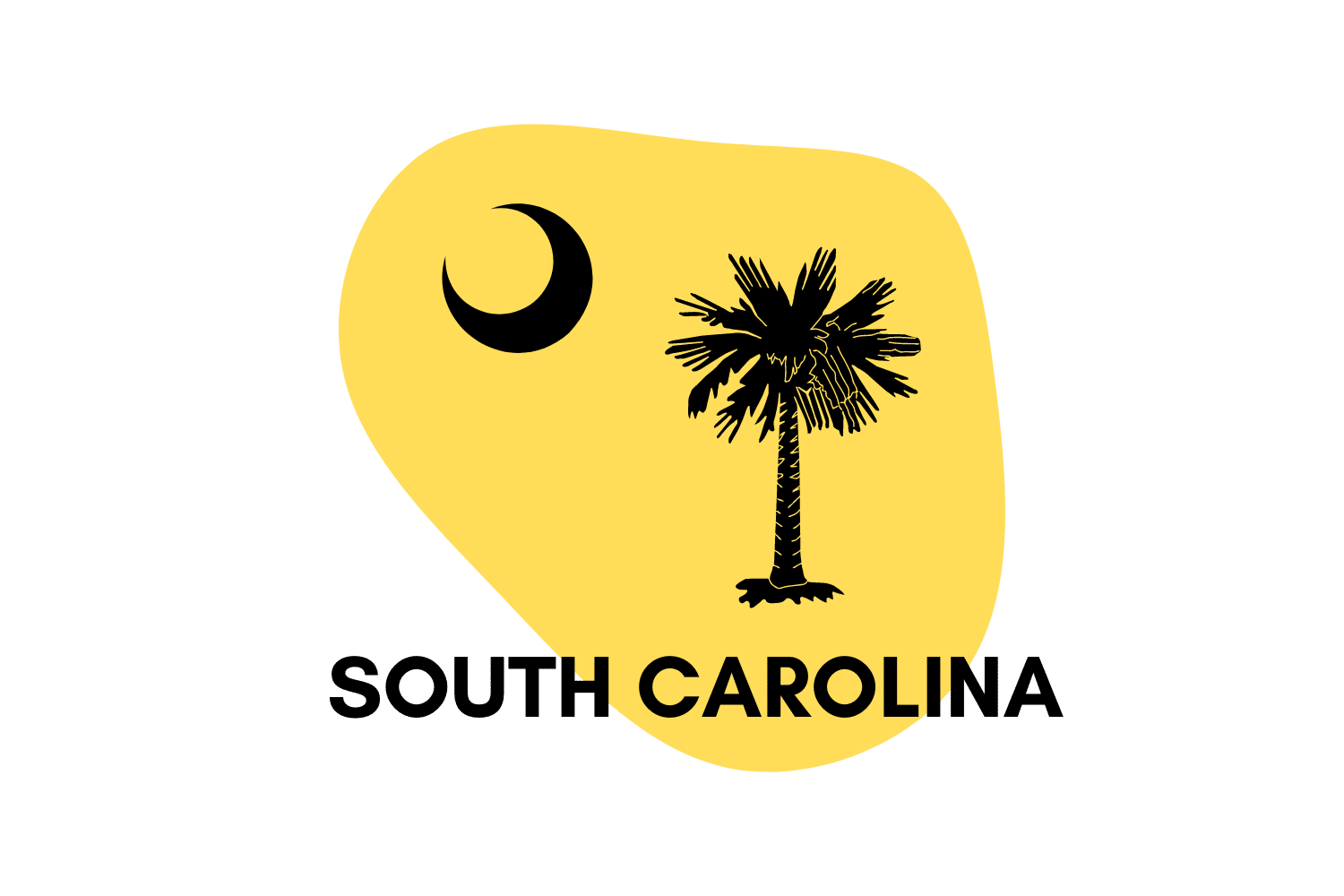
South Carolina Drug Laws
Psychoactive substances that are currently legal in South Carolina include:
- Marijuana (medical use)
- Delta 8 THC
- Delta 10 THC
- Kratom
- Ketamine (medical use)
- Benzodiazepines (medical use)
Psychoactive substances that are currently illegal in South Carolina include:
- Marijuana (recreational use)
- Magic Mushrooms (psilocybin)
- DMT and ayahuasca
- Mescaline or peyote
- LSD & other lysergamides
- 2C-X drugs
- Amphetamines (Aside from approved prescription drugs)
- PCP and other arylcyclohexylamines
- Synthetic cannabinoids
- MDMA or ecstasy
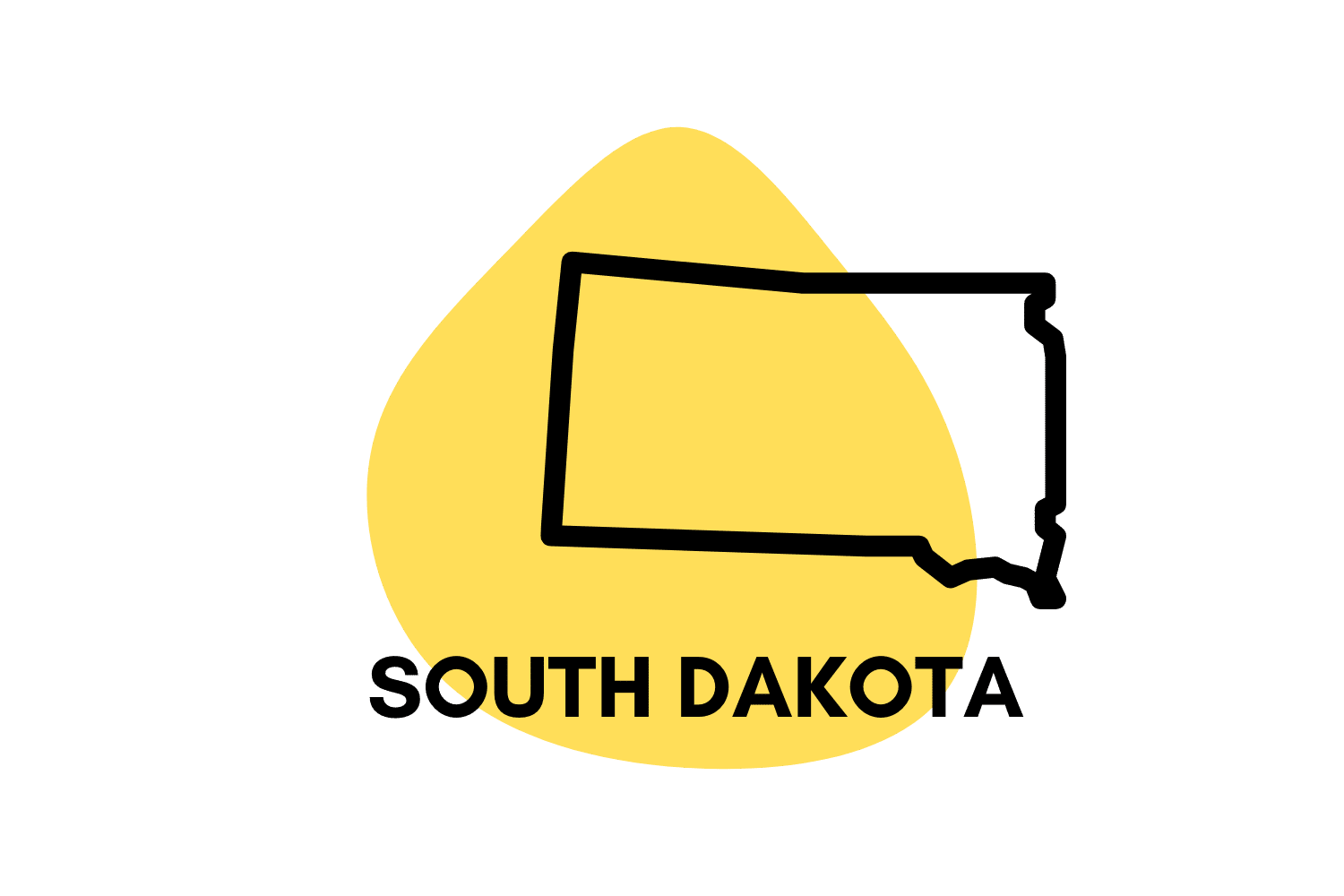
South Dakota Drug Laws
Psychoactive substances that are currently legal in South Dakota include:
- Marijuana (medical use)
- Marijuana (recreational use)
- Delta 8 THC
- Delta 10 THC
- Kratom
- Ketamine (medical use)
- Benzodiazepines (medical use)
Psychoactive substances that are currently illegal in South Dakota include:
- Magic Mushrooms (psilocybin)
- DMT and ayahuasca
- Mescaline or peyote
- LSD & other lysergamides
- 2C-X drugs
- Amphetamines (Aside from approved prescription drugs)
- PCP and other arylcyclohexylamines
- Synthetic cannabinoids
- MDMA or ecstasy
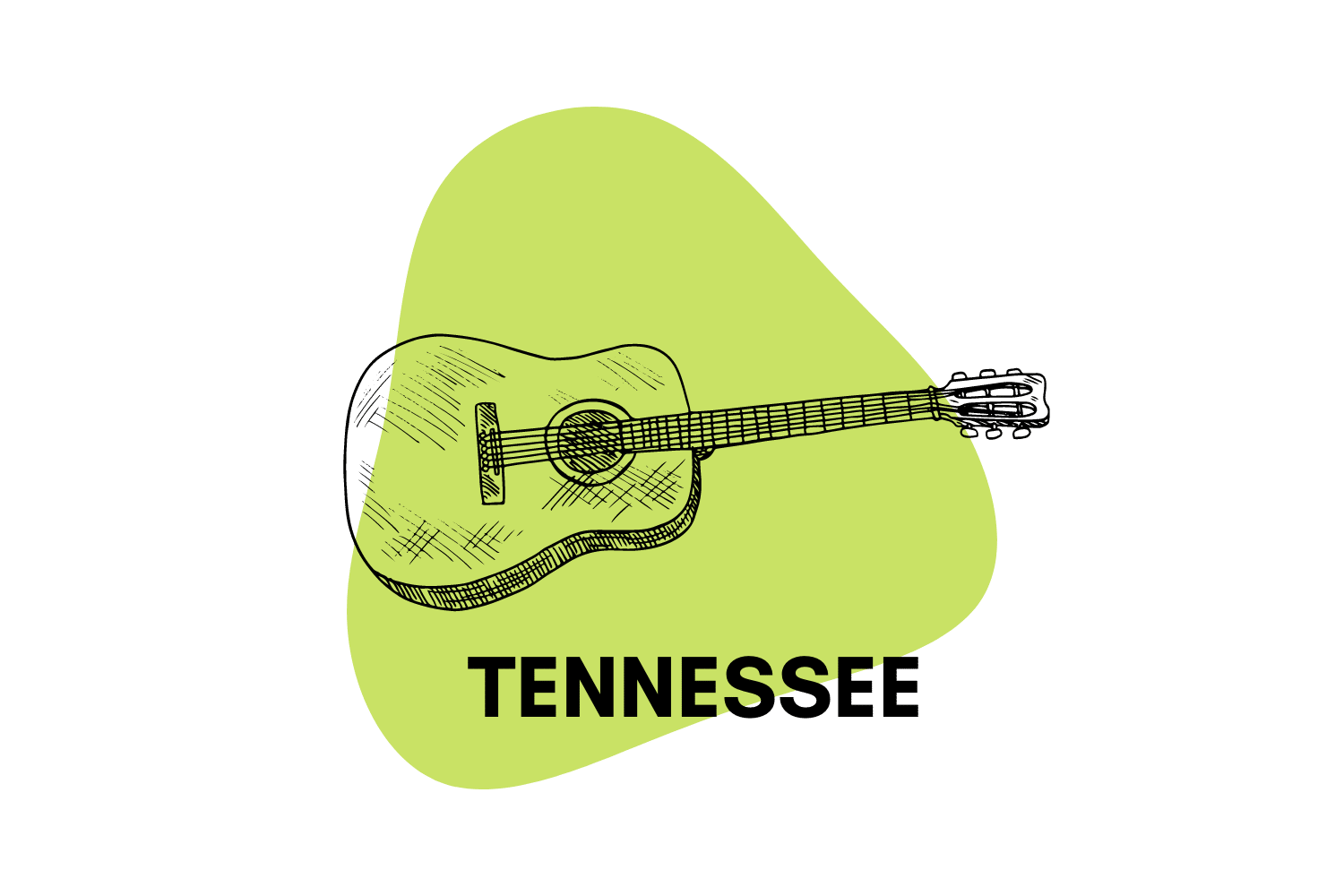
Tennessee Drug Laws
Psychoactive substances that are currently legal in Tennessee include:
- Delta 8 THC
- Delta 10 THC
- Kratom
- Ketamine (medical use)
- Benzodiazepines (medical use)
Psychoactive substances that are currently illegal in Tennessee include:
- Marijuana (medical use)
- Marijuana (recreational use)
- Magic Mushrooms (psilocybin)
- DMT and ayahuasca
- Mescaline or peyote
- LSD & other lysergamides
- 2C-X drugs
- Amphetamines (Aside from approved prescription drugs)
- PCP and other arylcyclohexylamines
- Synthetic cannabinoids
- MDMA or ecstasy
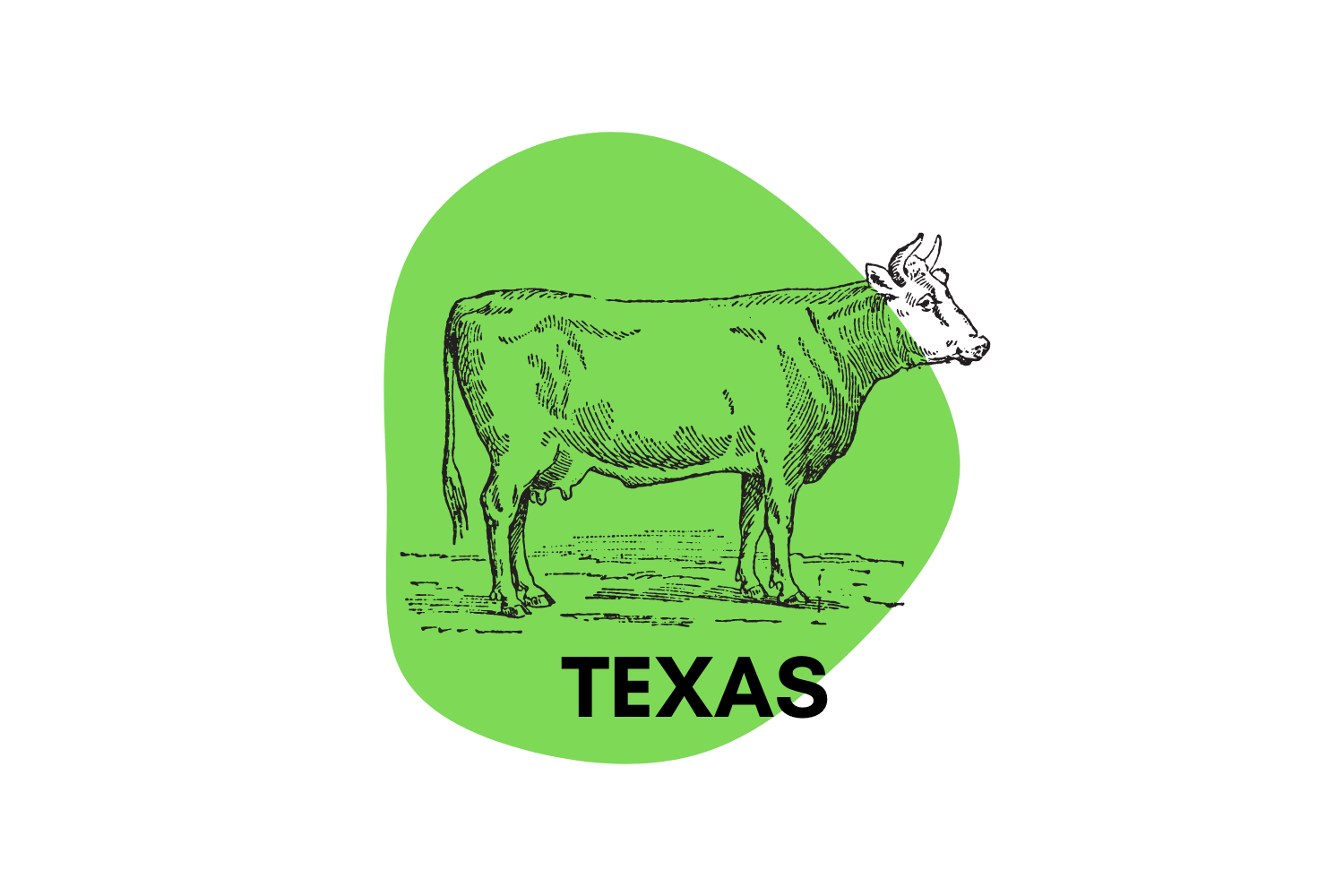
Texas Drug Laws
Psychoactive substances that are currently legal in Texas include:
- Delta 8 THC
- Delta 10 THC
- Kratom
- Ketamine (medical use)
- Benzodiazepines (medical use)
Psychoactive substances that are currently illegal in Texas include:
- Marijuana (medical use)
- Marijuana (recreational use)
- Magic Mushrooms (psilocybin)
- DMT and ayahuasca
- Mescaline or peyote
- LSD & other lysergamides
- 2C-X drugs
- Amphetamines (Aside from approved prescription drugs)
- PCP and other arylcyclohexylamines
- Synthetic cannabinoids
- MDMA or ecstasy
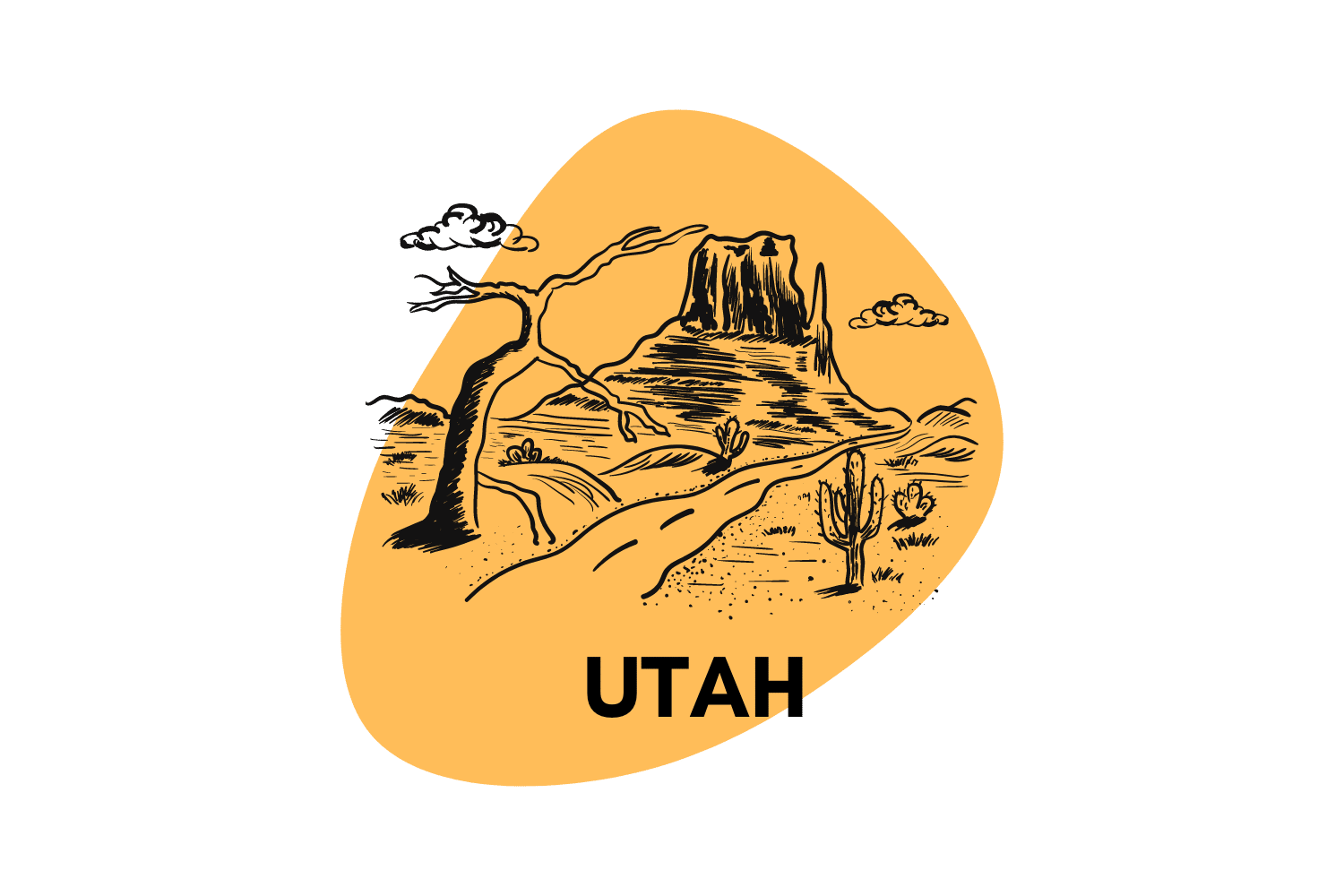
Utah Drug Laws
Psychoactive substances that are currently legal in Utah include:
- Marijuana (medical use)
- Kratom
- Ketamine (medical use)
- Benzodiazepines (medical use)
Psychoactive substances that are currently illegal in Utah include:
- Delta 8 THC
- Delta 10 THC
- Magic Mushrooms (psilocybin)
- DMT and ayahuasca
- Mescaline or peyote
- LSD & other lysergamides
- 2C-X drugs
- Amphetamines (Aside from approved prescription drugs)
- PCP and other arylcyclohexylamines
- Synthetic cannabinoids
- MDMA or ecstasy
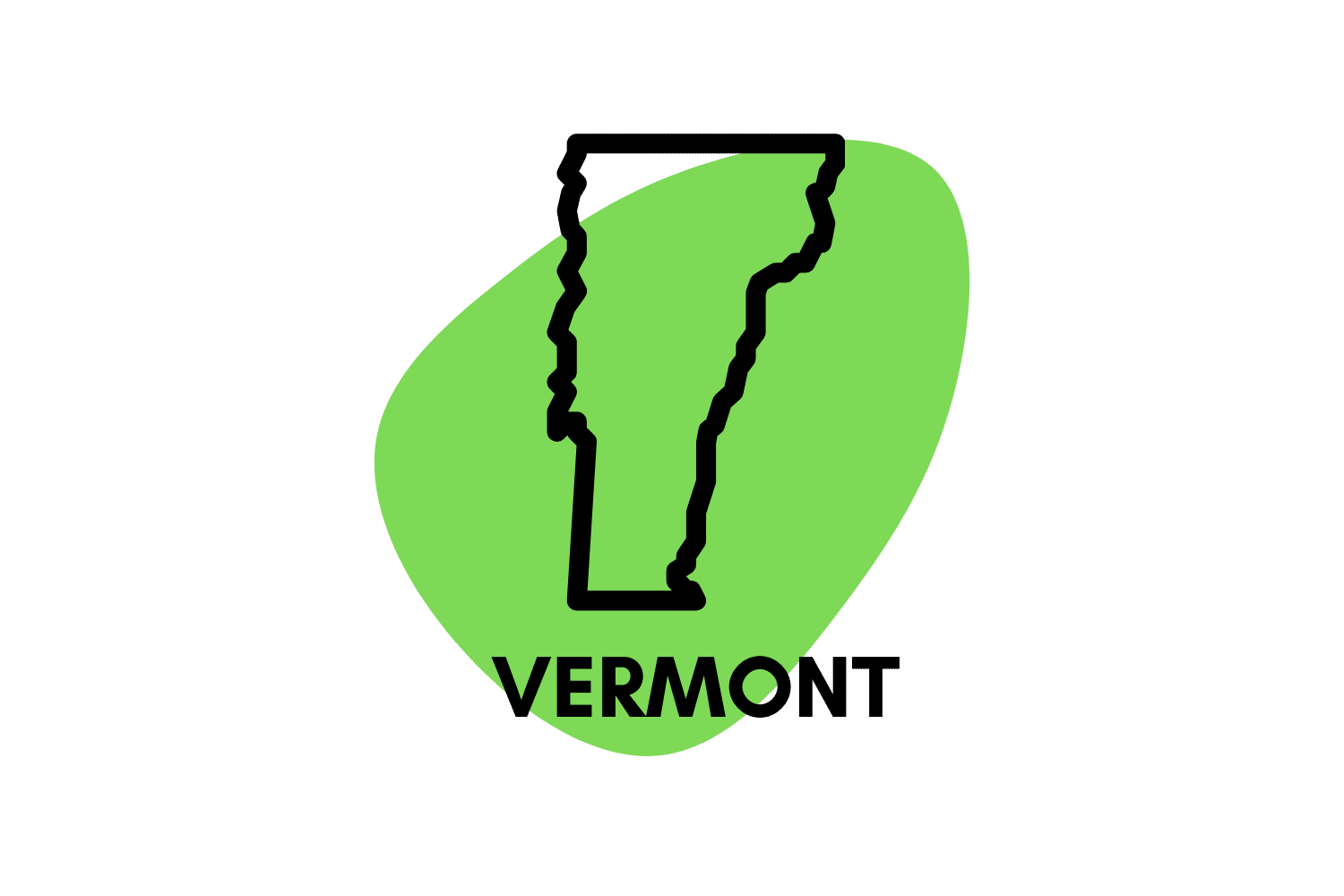
Vermont Drug Laws
Psychoactive substances that are currently legal in Vermont include:
- Marijuana (medical use)
- Marijuana (recreational use)
- Delta 10 THC
- Ketamine (medical use)
- Benzodiazepines (medical use)
Psychoactive substances that are currently illegal in Vermont include:
- Delta 8 THC
- Magic Mushrooms (psilocybin)
- DMT and ayahuasca
- Mescaline or peyote
- LSD & other lysergamides
- 2C-X drugs
- Amphetamines (Aside from approved prescription drugs)
- PCP and other arylcyclohexylamines
- Synthetic cannabinoids
- MDMA or ecstasy
- Kratom
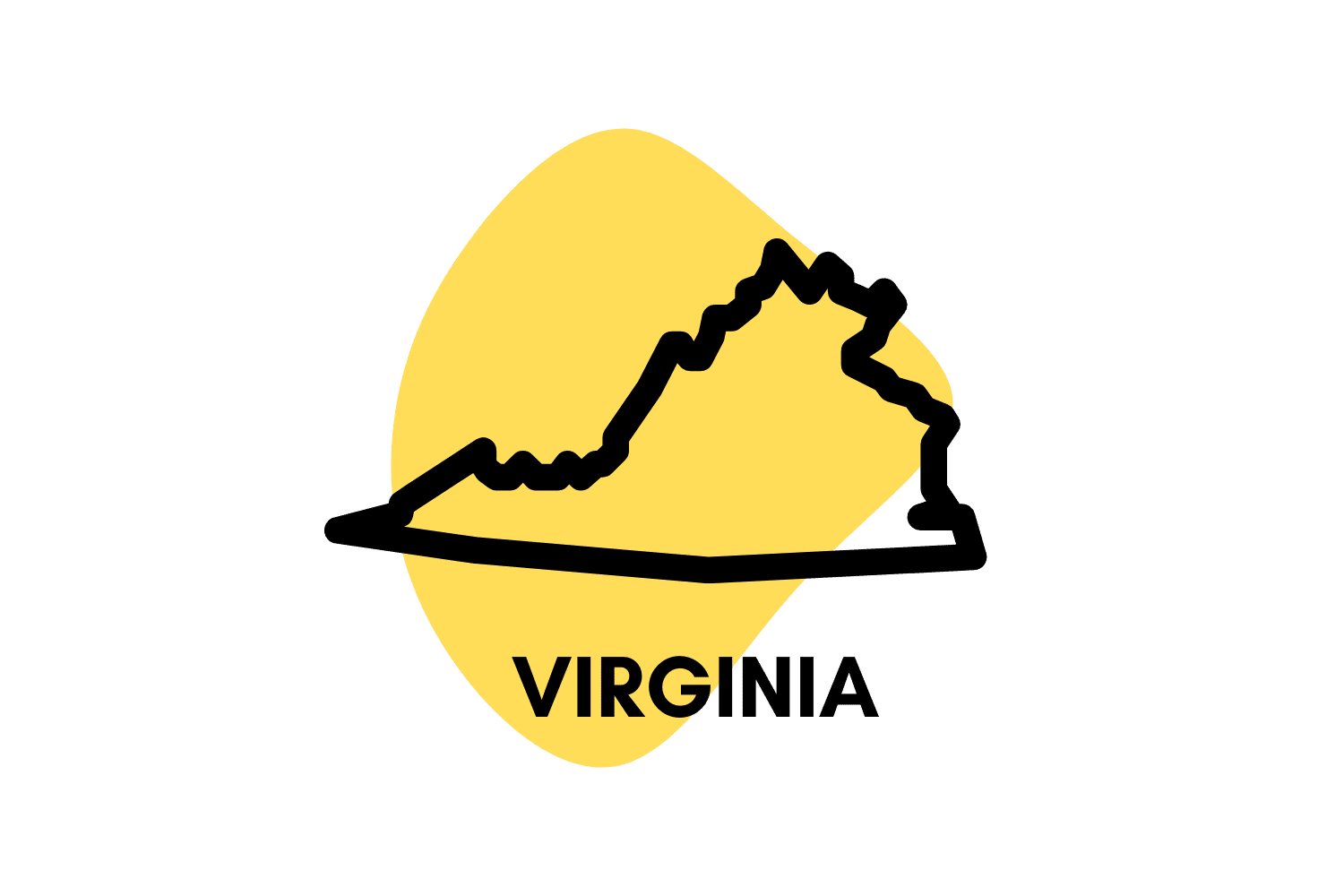
Virginia Drug Laws
Psychoactive substances that are currently legal in Virginia include:
- Marijuana (medical use)
- Delta 8 THC
- Delta 10 THC
- Kratom
- Ketamine (medical use)
- Benzodiazepines (medical use)
Psychoactive substances that are currently illegal in Virginia include:
- Magic Mushrooms (psilocybin)
- DMT and ayahuasca
- Mescaline or peyote
- LSD & other lysergamides
- 2C-X drugs
- Amphetamines (Aside from approved prescription drugs)
- PCP and other arylcyclohexylamines
- Synthetic cannabinoids
- MDMA or ecstasy
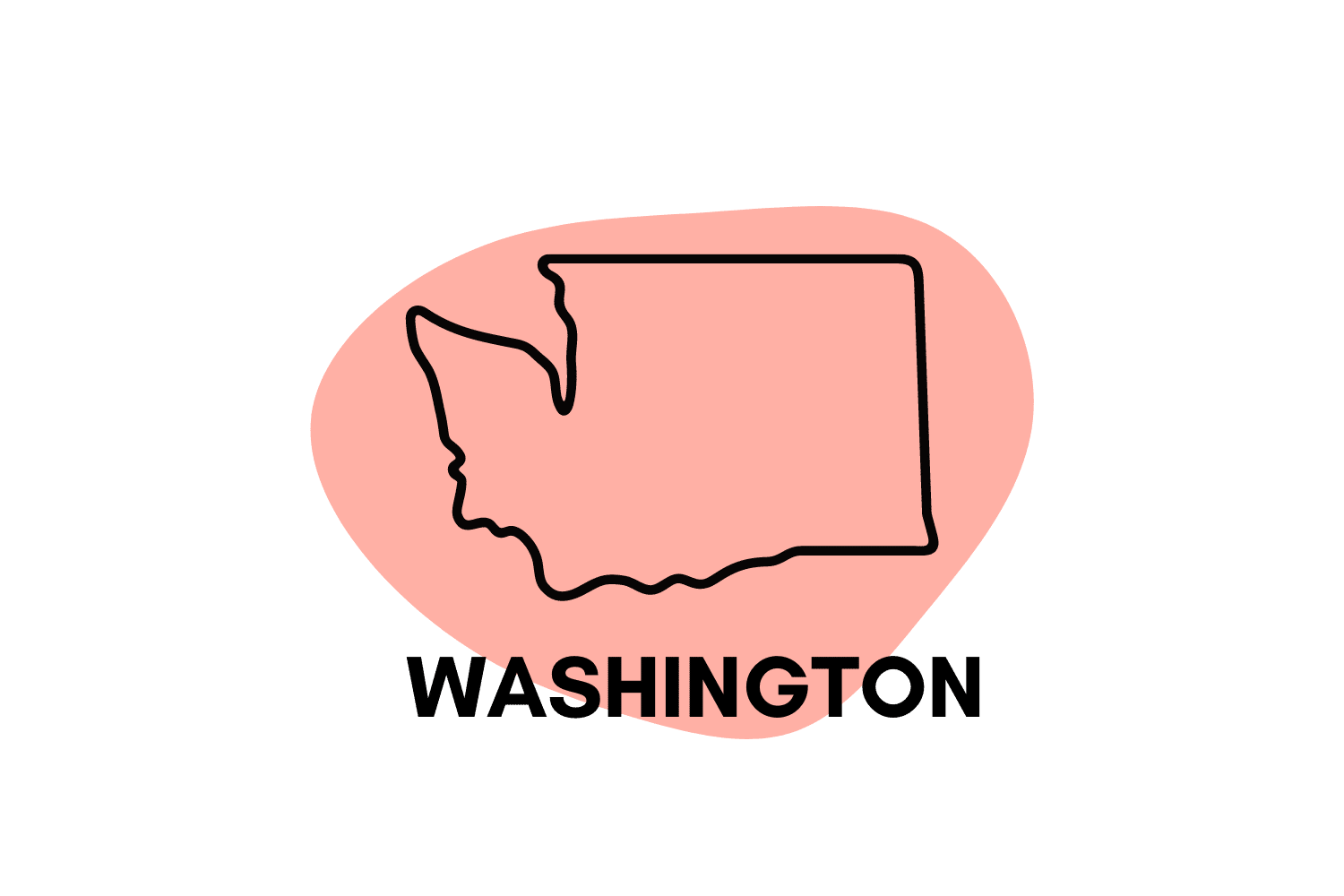
Washington Drug Laws
Psychoactive substances that are currently legal or decriminalized in Washington include:
- Marijuana (medical use)
- Marijuana (recreational use)
- Delta 10 THC
- Kratom
- Ketamine (medical use)
- Benzodiazepines (medical use)
Psychoactive substances that are currently illegal in Washington include:
- Delta 8 THC
- Magic Mushrooms (psilocybin) (in most municipalities)
- DMT and ayahuasca
- Mescaline or peyote
- LSD & other lysergamides
- 2C-X drugs
- Amphetamines (Aside from approved prescription drugs)
- PCP and other arylcyclohexylamines
- Synthetic cannabinoids
- MDMA or ecstasy
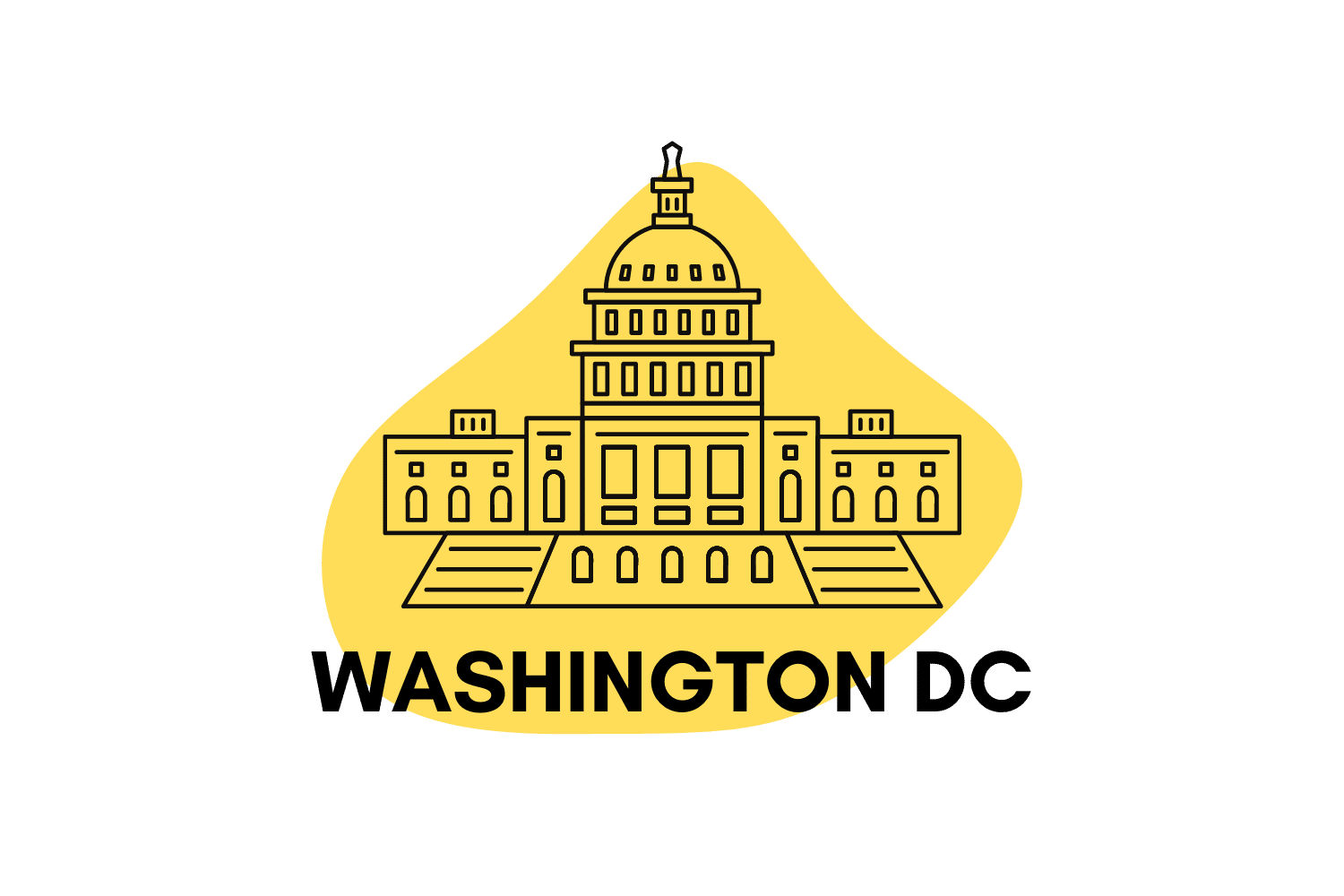
Washington, DC Drug Laws
Psychoactive substances that are currently legal or decriminalized in Washington, DC include:
- Marijuana (medical use)
- Marijuana (recreational use)
- Magic Mushrooms (psilocybin) (decriminalized)
- Delta 8 THC
- Ketamine (medical use)
- Benzodiazepines (medical use)
Psychoactive substances that are currently illegal in Washington, DC include:
- Delta 10 THC
- DMT and ayahuasca
- Mescaline or peyote
- LSD & other lysergamides
- 2C-X drugs
- Amphetamines (Aside from approved prescription drugs)
- PCP and other arylcyclohexylamines
- Synthetic cannabinoids
- MDMA or ecstasy
- Kratom
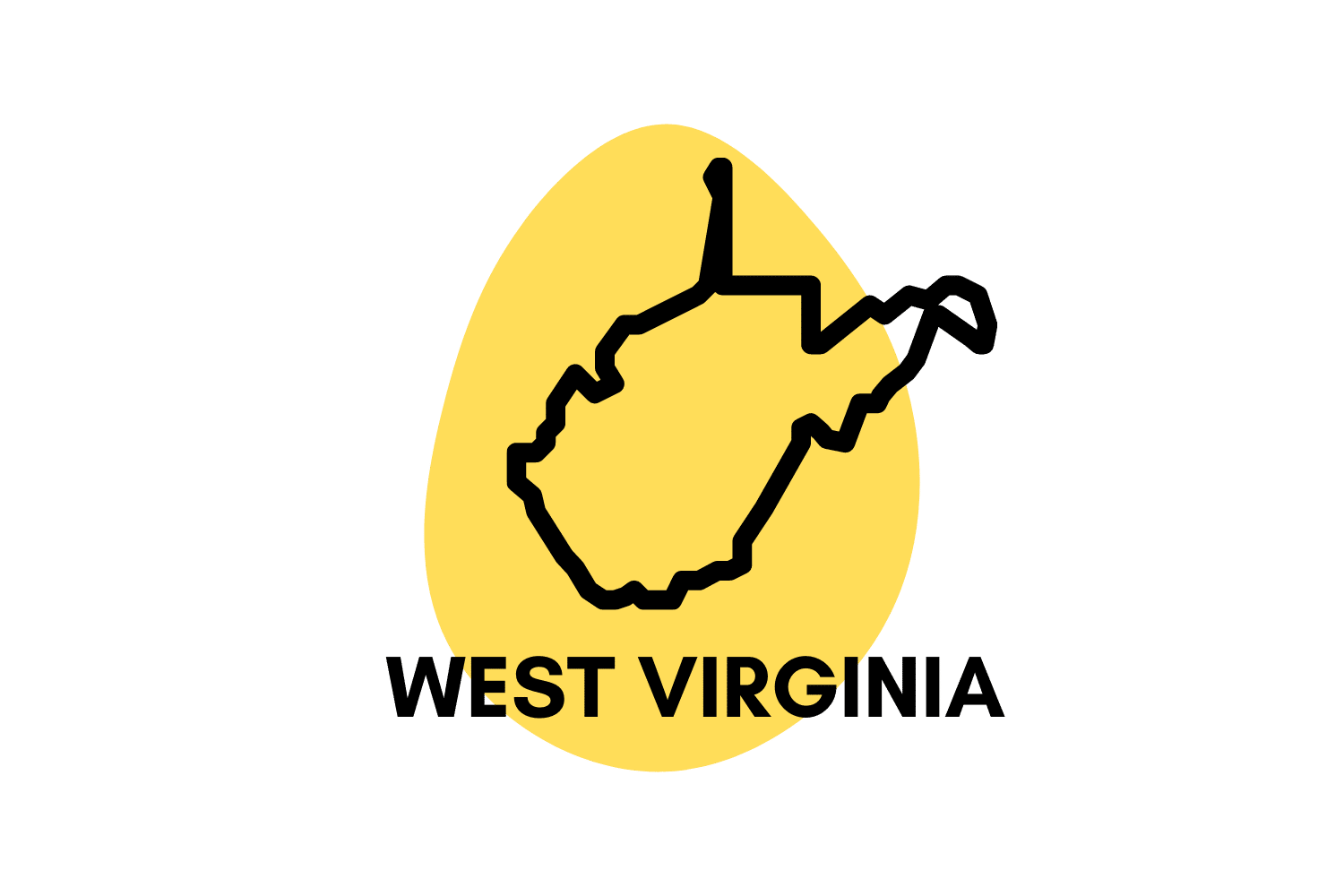
West Virginia Drug Laws
Psychoactive substances that are currently legal in West Virginia include:
- Marijuana (medical use)
- Delta 8 THC
- Delta 10 THC
- Kratom
- Ketamine (medical use)
- Benzodiazepines (medical use)
Psychoactive substances that are currently illegal in West Virginia include:
- Magic Mushrooms (psilocybin)
- DMT and ayahuasca
- Mescaline or peyote
- LSD & other lysergamides
- 2C-X drugs
- Amphetamines (Aside from approved prescription drugs)
- PCP and other arylcyclohexylamines
- Synthetic cannabinoids
- MDMA or ecstasy
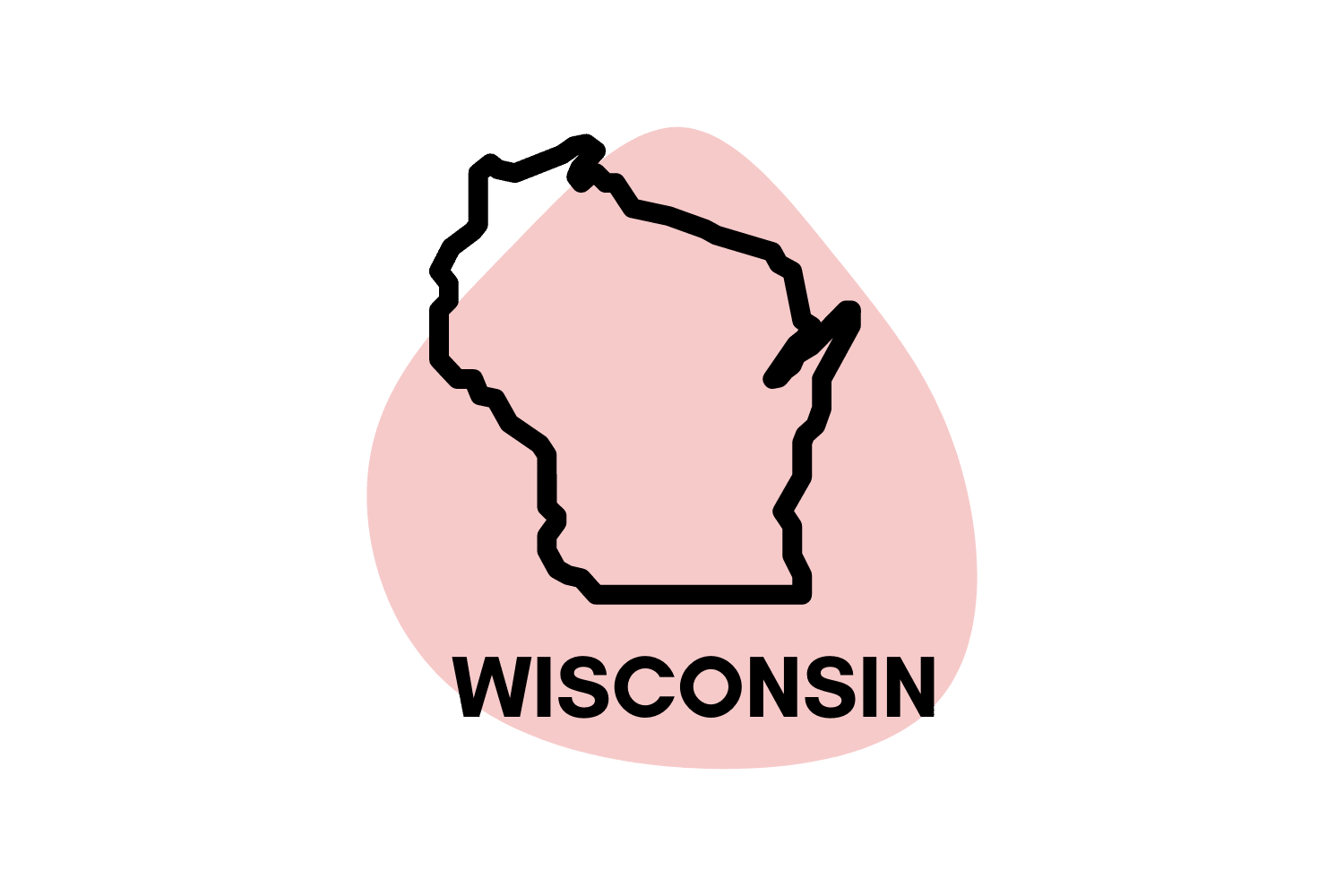
Wisconsin Drug Laws
Psychoactive substances that are currently legal in Wisconsin include:
- Delta 8 THC
- Delta 10 THC
- Ketamine (medical use)
- Benzodiazepines (medical use)
Psychoactive substances that are currently illegal in Wisconsin include:
- Marijuana (medical use)
- Marijuana (recreational use)
- Magic Mushrooms (psilocybin)
- DMT and ayahuasca
- Mescaline or peyote
- LSD & other lysergamides
- 2C-X drugs
- Amphetamines (Aside from approved prescription drugs)
- PCP and other arylcyclohexylamines
- Synthetic cannabinoids
- MDMA or ecstasy
- Kratom
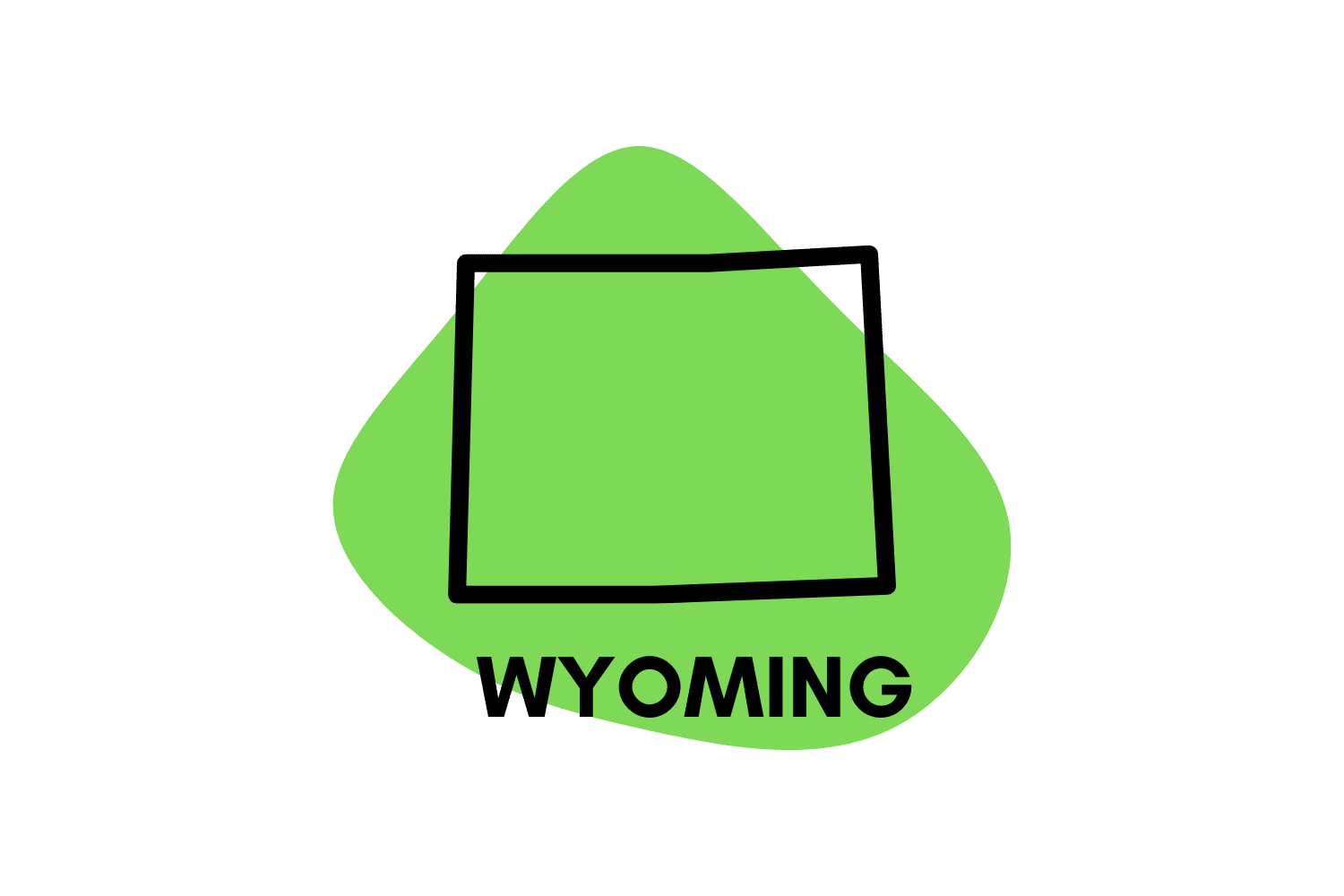
Wyoming Drug Laws
Psychoactive substances that are currently legal in Wyoming include:
- Delta 8 THC
- Delta 10 THC
- Kratom
- Ketamine (medical use)
- Benzodiazepines (medical use)
Psychoactive substances that are currently illegal in Wyoming include:
- Marijuana (medical use)
- Marijuana (recreational use)
- Magic Mushrooms (psilocybin)
- DMT and ayahuasca
- Mescaline or peyote
- LSD & other lysergamides
- 2C-X drugs
- Amphetamines (Aside from approved prescription drugs)
- PCP and other arylcyclohexylamines
- Synthetic cannabinoids
- MDMA or ecstasy
Predicting Changes to Psychoactive Drug Laws in the United States
The legislation surrounding psychoactive and even psychedelic substances has been in flux throughout America for several decades.
Marijuana laws are still changing in many states, with the stricter states starting to implement medical marijuana programs and the more lenient ones moving to decriminalize or fully legalize marijuana for recreational use. The likelihood is that marijuana will eventually be federally legal at some point in the future with an age restriction for purchase and consumption. Even if it remains a Schedule I drug, most states are well on their way to legalizing the plant entirely.
Although kratom is legal in most states, there are numerous organizations pushing for country-wide legalization. The laws surrounding kratom continue to swing in either direction, and it’s unclear at this time whether the substance will be fully legal in most states or continue to be banned in the stricter states.
Delta 8 THC and delta 10 THC are considered new cannabinoids, despite being naturally-occurring compounds. They have recently grown in popularity and are only now being sold as individual concentrates. The laws surrounding these cannabinoids have become stricter in the recent past. However, they will likely eventually follow delta 9 THC and marijuana in terms of legality once more is understood about them.
Finally, some psychedelic drugs like MDMA, ketamine, and psilocybin are beginning to shift toward decriminalization and even legalization (for medical use). For example, shrooms are decriminalized in parts of Canada, throughout Oregon and Washington, DC, and in several municipalities in California, Colorado, Washington State, Michigan, and Massachusetts.
It’s a fairly safe assumption that drugs like psilocybin, MDMA, and ketamine, which are showing more and more promise as therapeutic compounds for treating a wide array of health issues, will continue toward a legal status, much in the same way medical and recreational marijuana has.
Related: What is Psychedelic-Assisted Psychotherapy?
Wrapping Up: Psychoactive Drug Laws in the United States
Psychoactive drugs is an umbrella term that includes already-legal compounds like caffeine and nicotine, as well as Schedule I drugs like psilocybin mushrooms, LSD, and MDMA (ecstasy).
Many psychoactive and psychedelic drugs remain federally legal in America, but individual states have their own laws that either legalize or decriminalize some of these compounds.
Drug laws in the United States are always subject to change, and Americans are now seeing a new wave of legislation aimed at legalizing medical marijuana, recreational marijuana, and even psychedelic drugs like shrooms, mescaline, and MDMA. It’s possible that these compounds will follow the same legal path that cannabis has, moving from decriminalized to legal for medicinal purposes and eventually to legal for recreational use.
If you’re considering taking a psychoactive substance, make sure you fully understand the laws in your municipality and state first.
It’s also important to familiarize yourself with how to use psychedelics responsibly.

